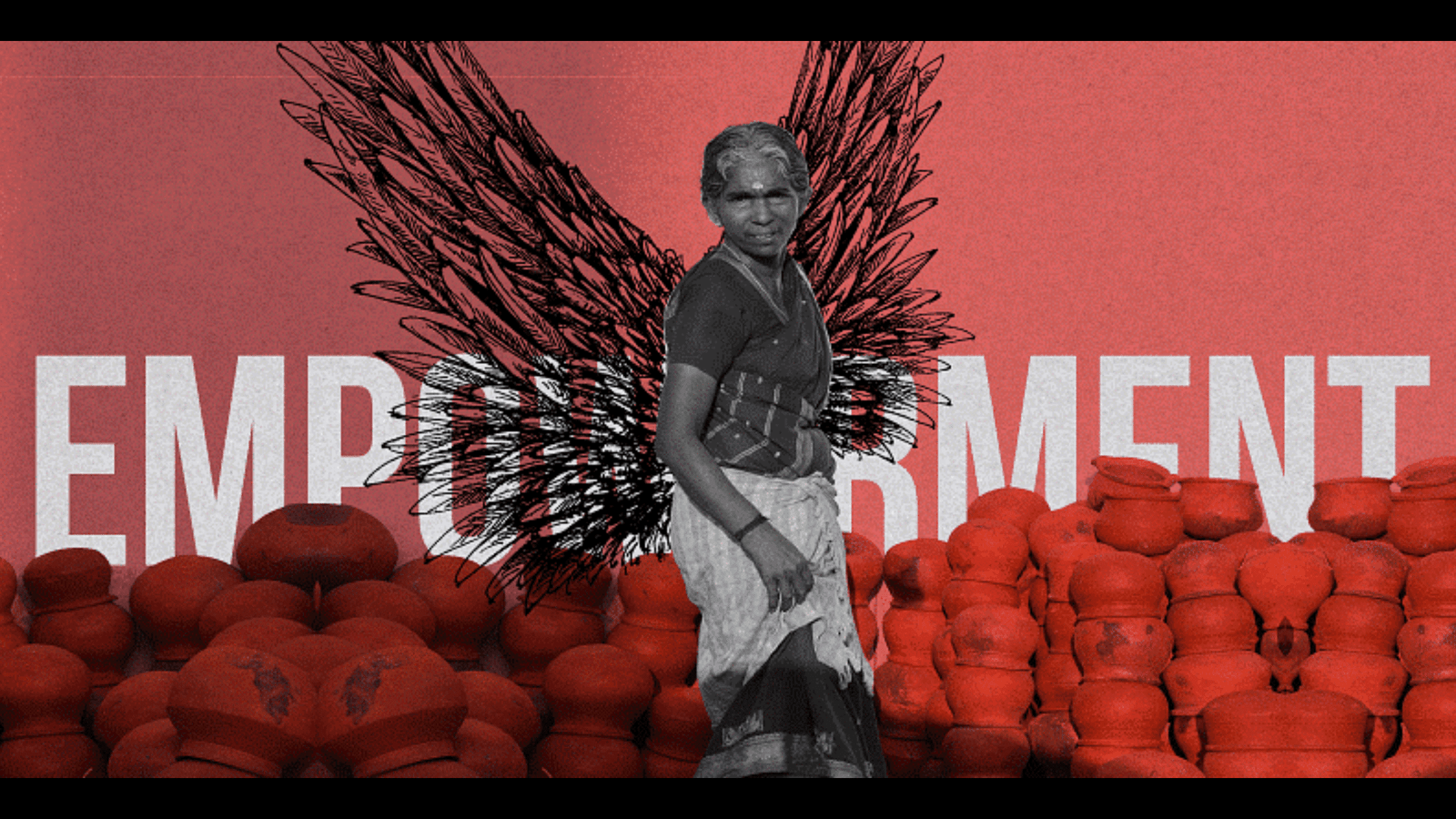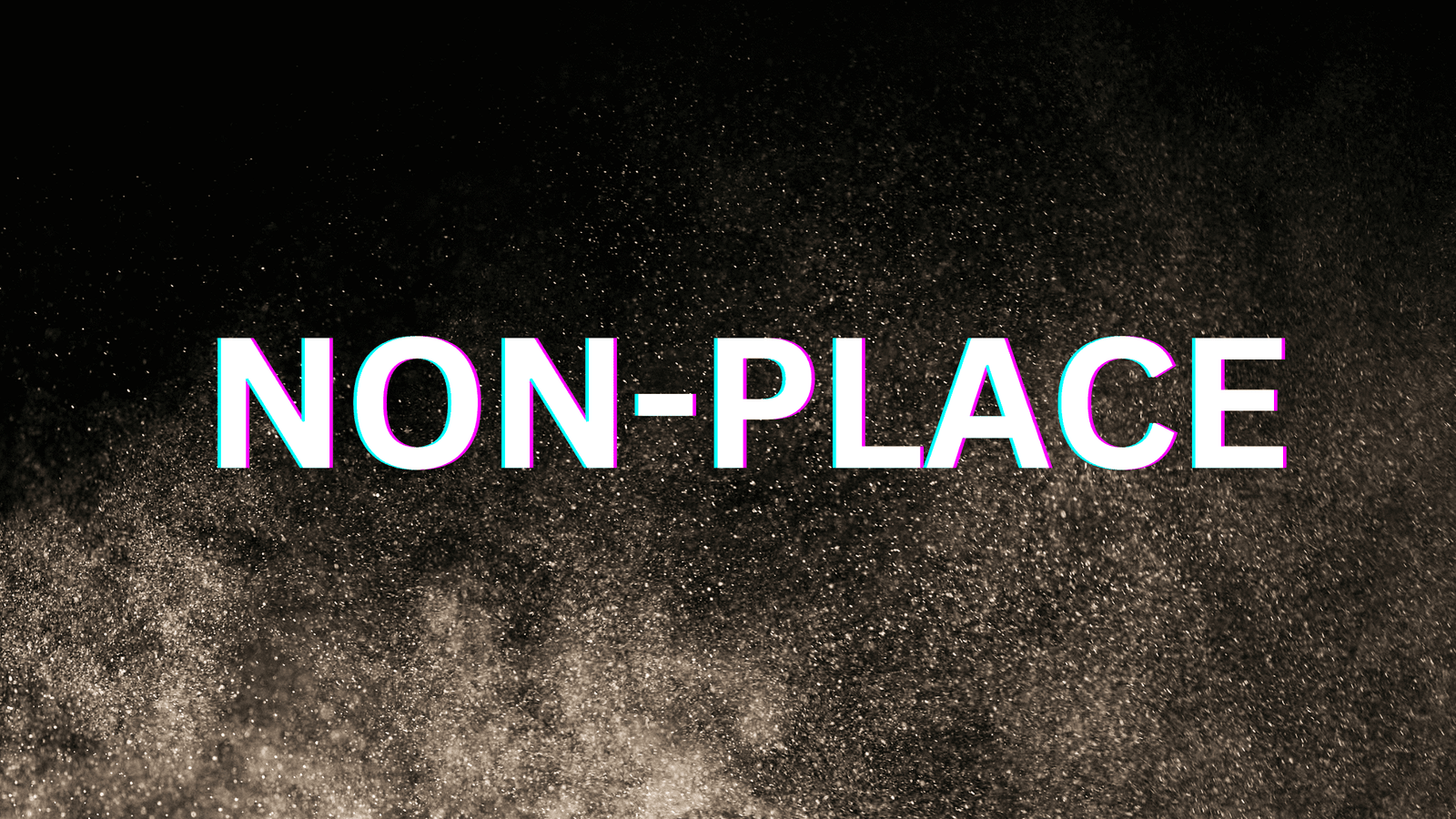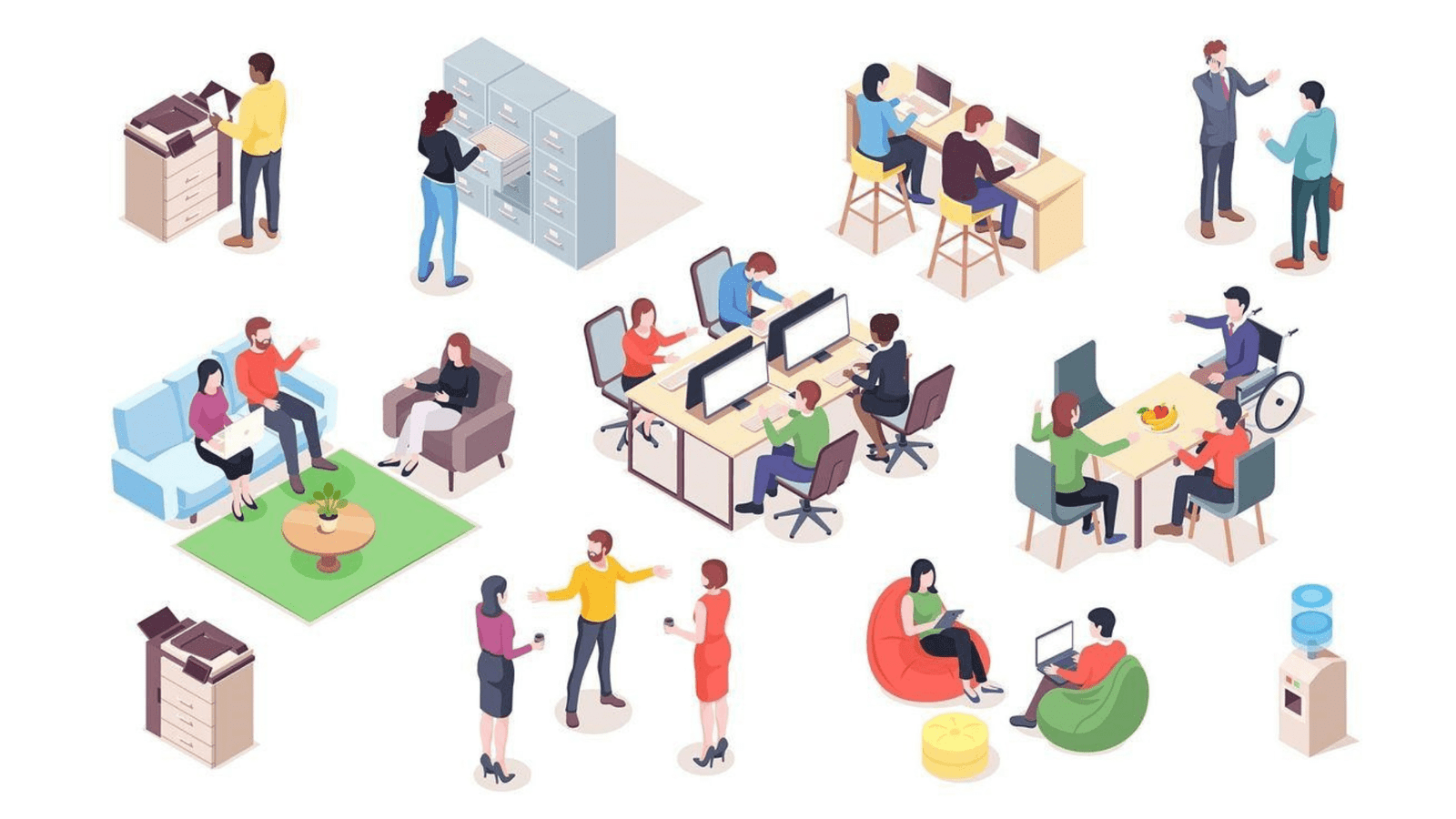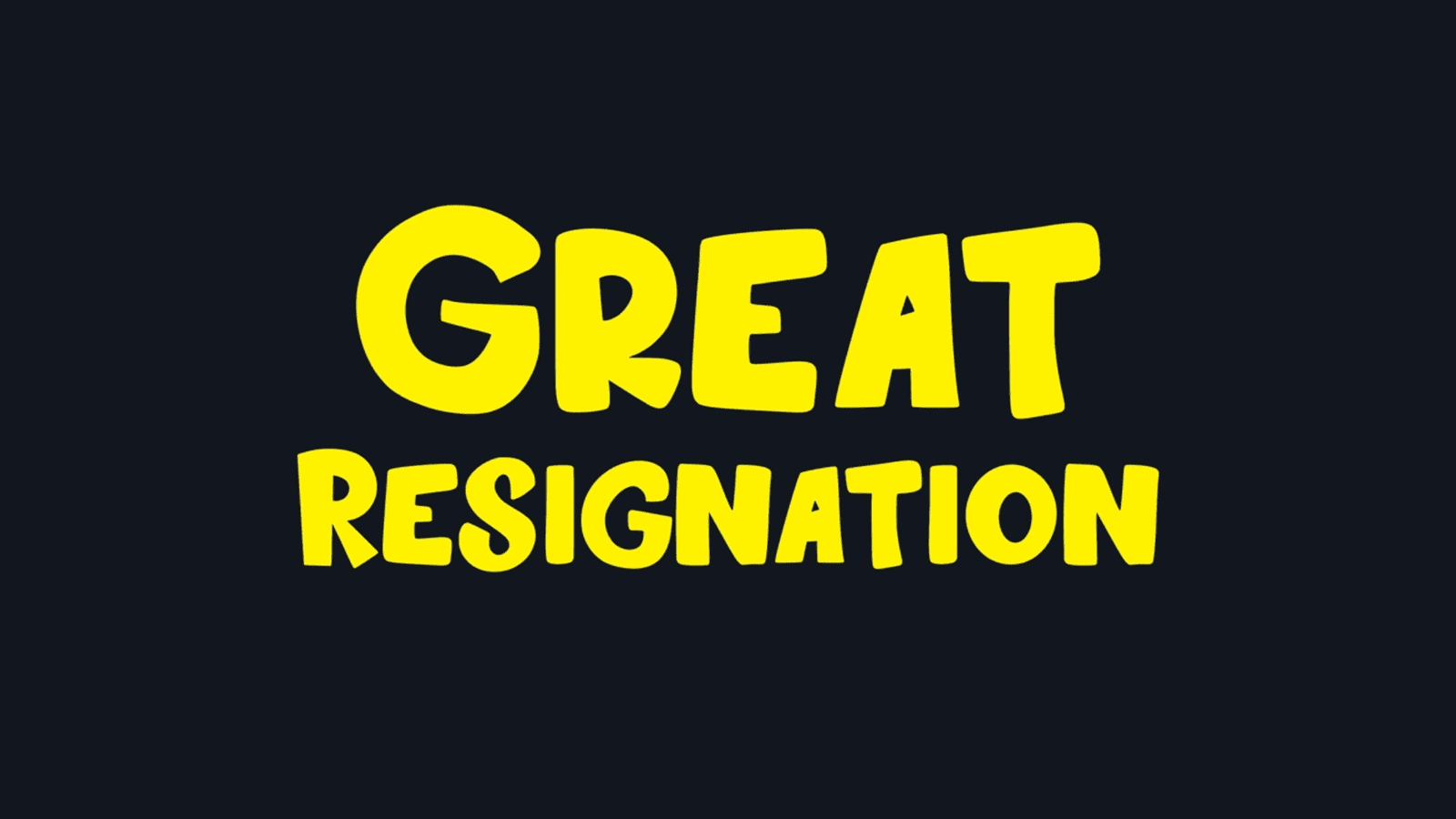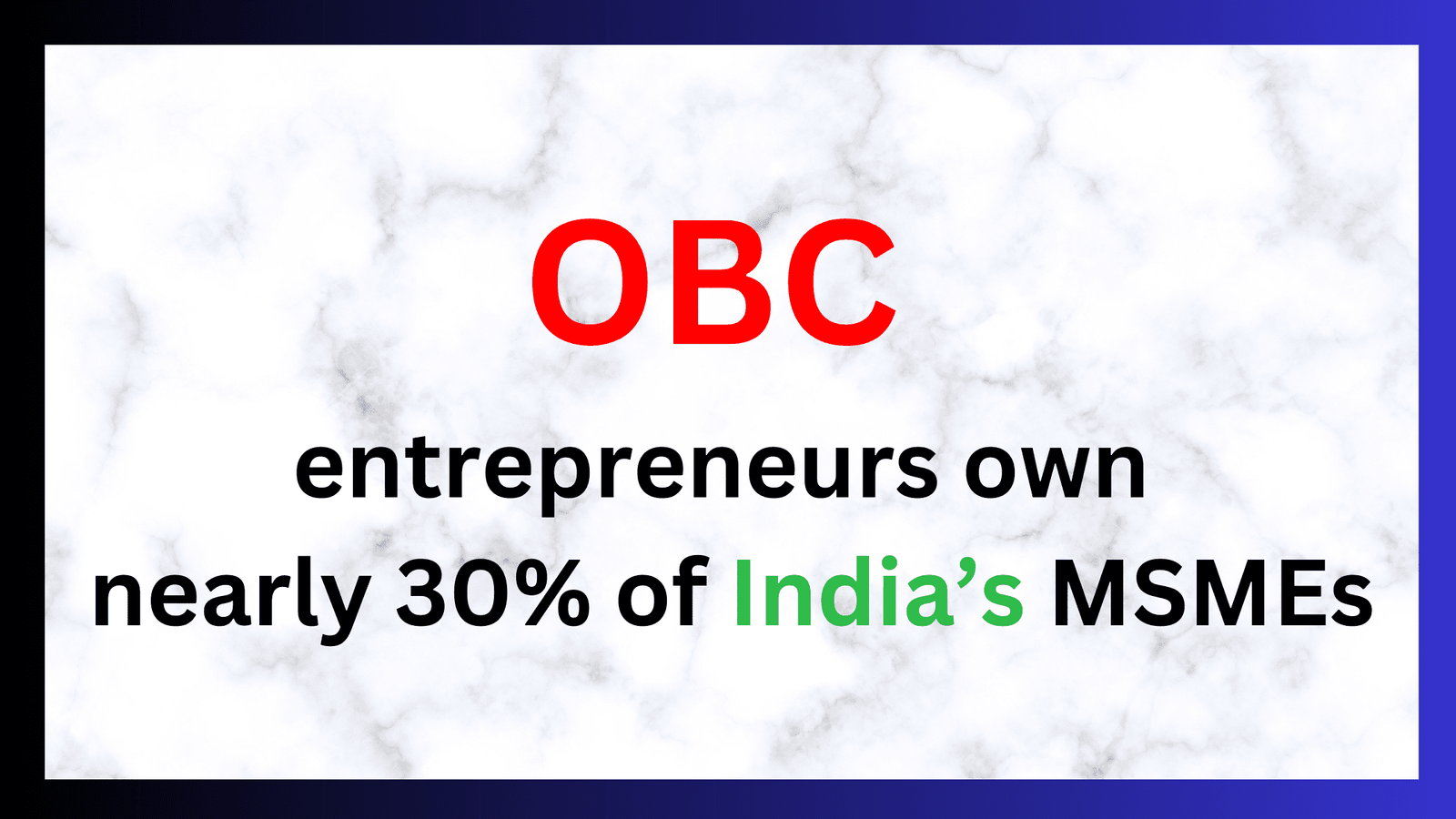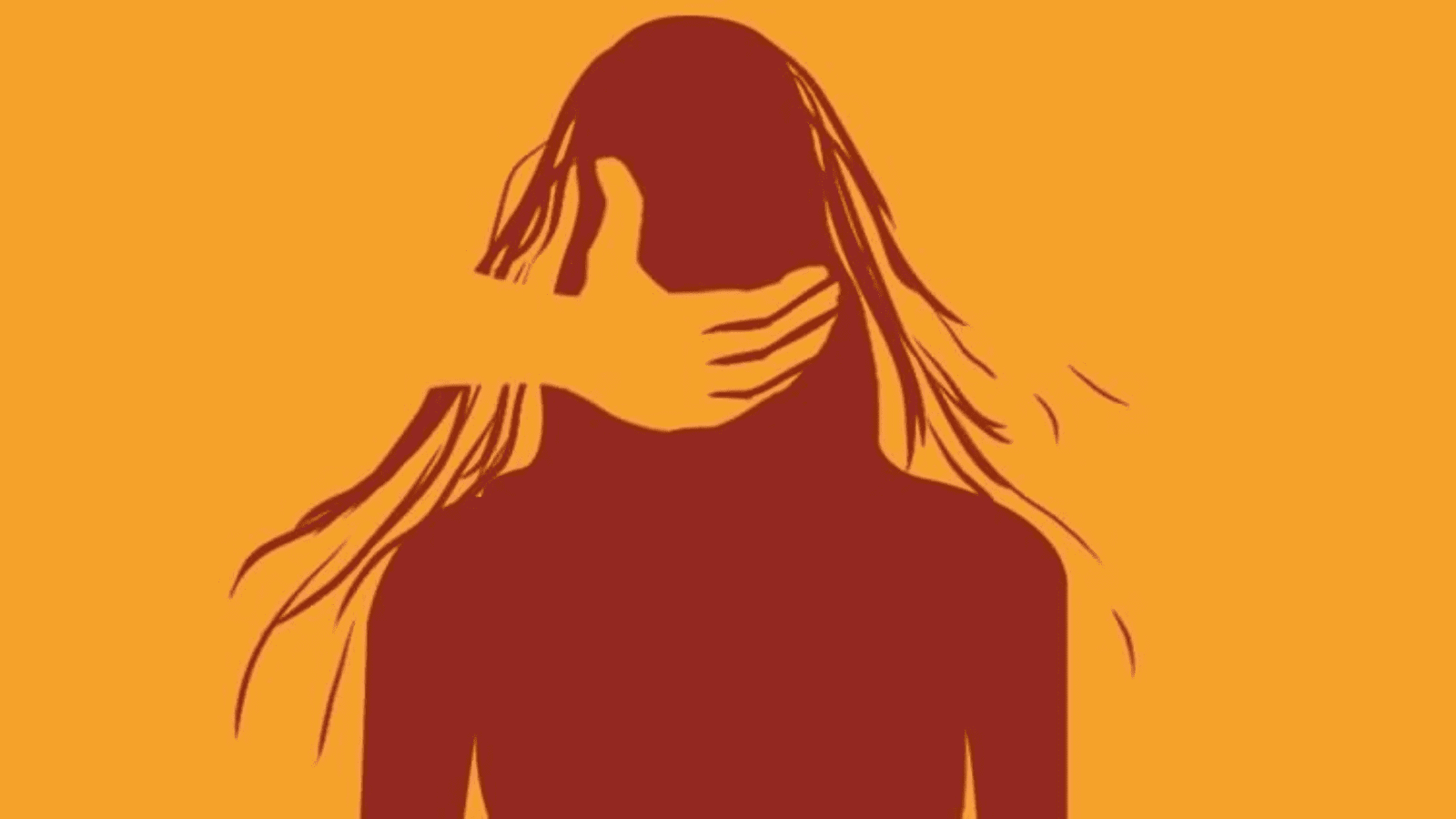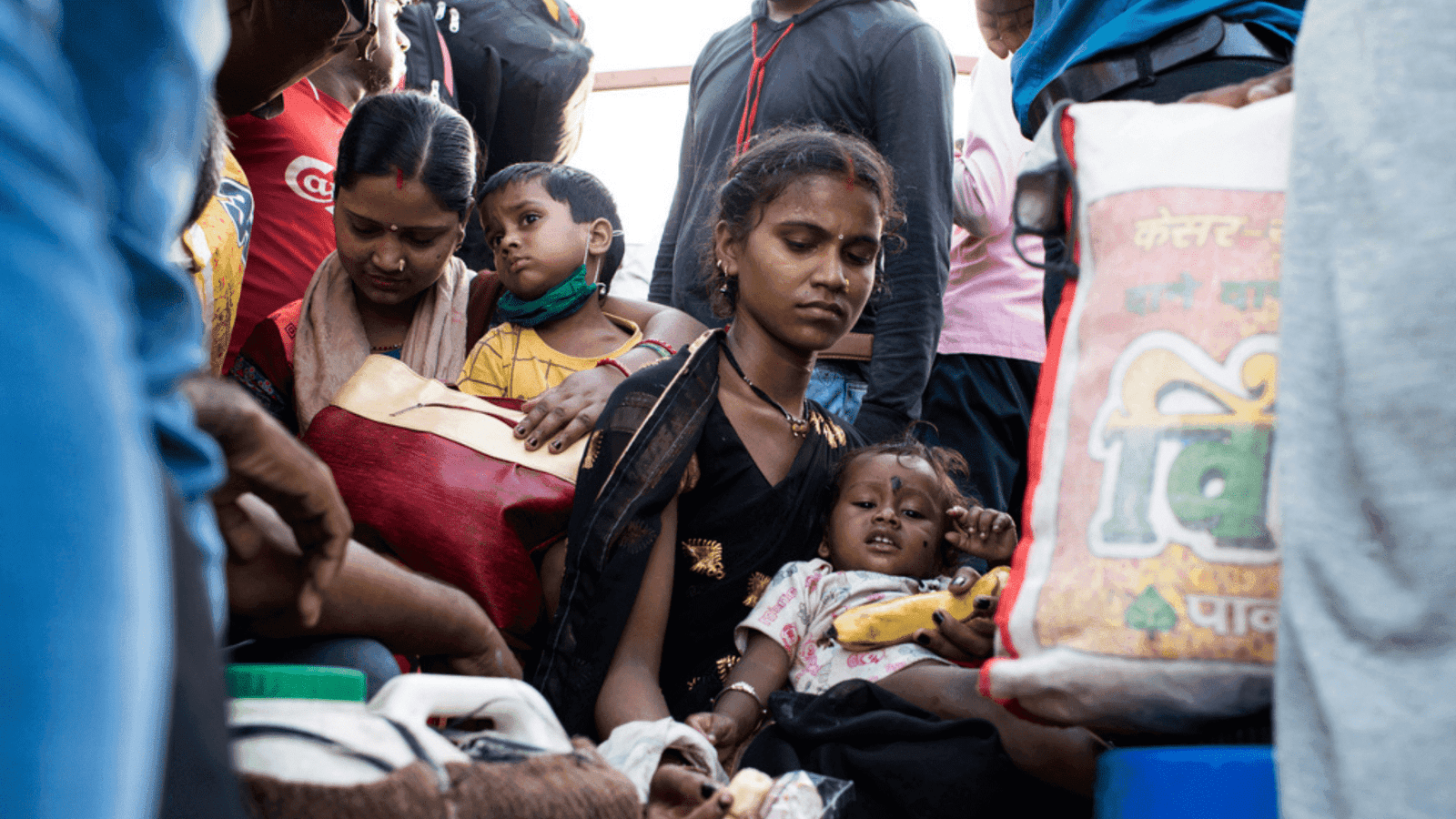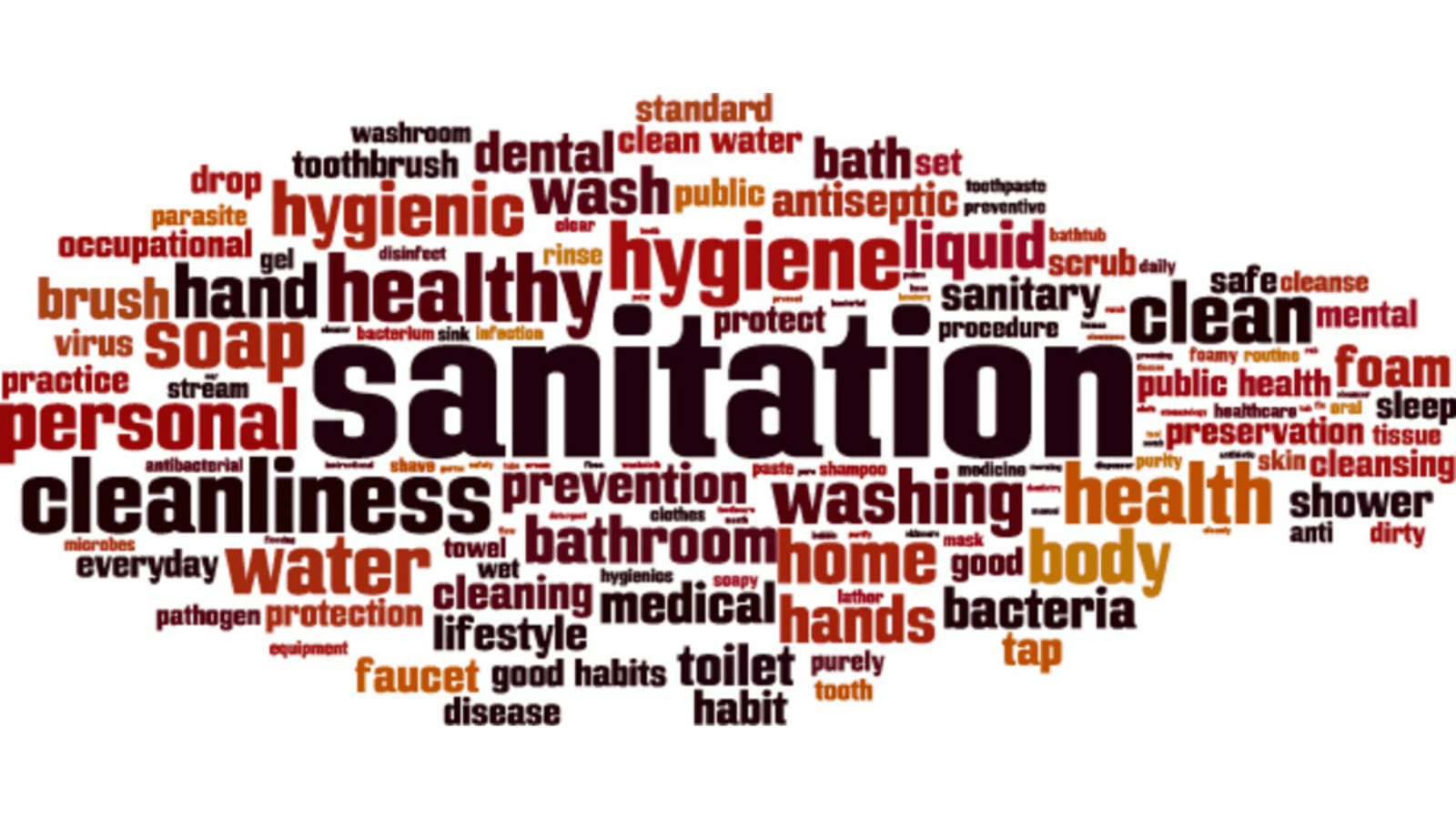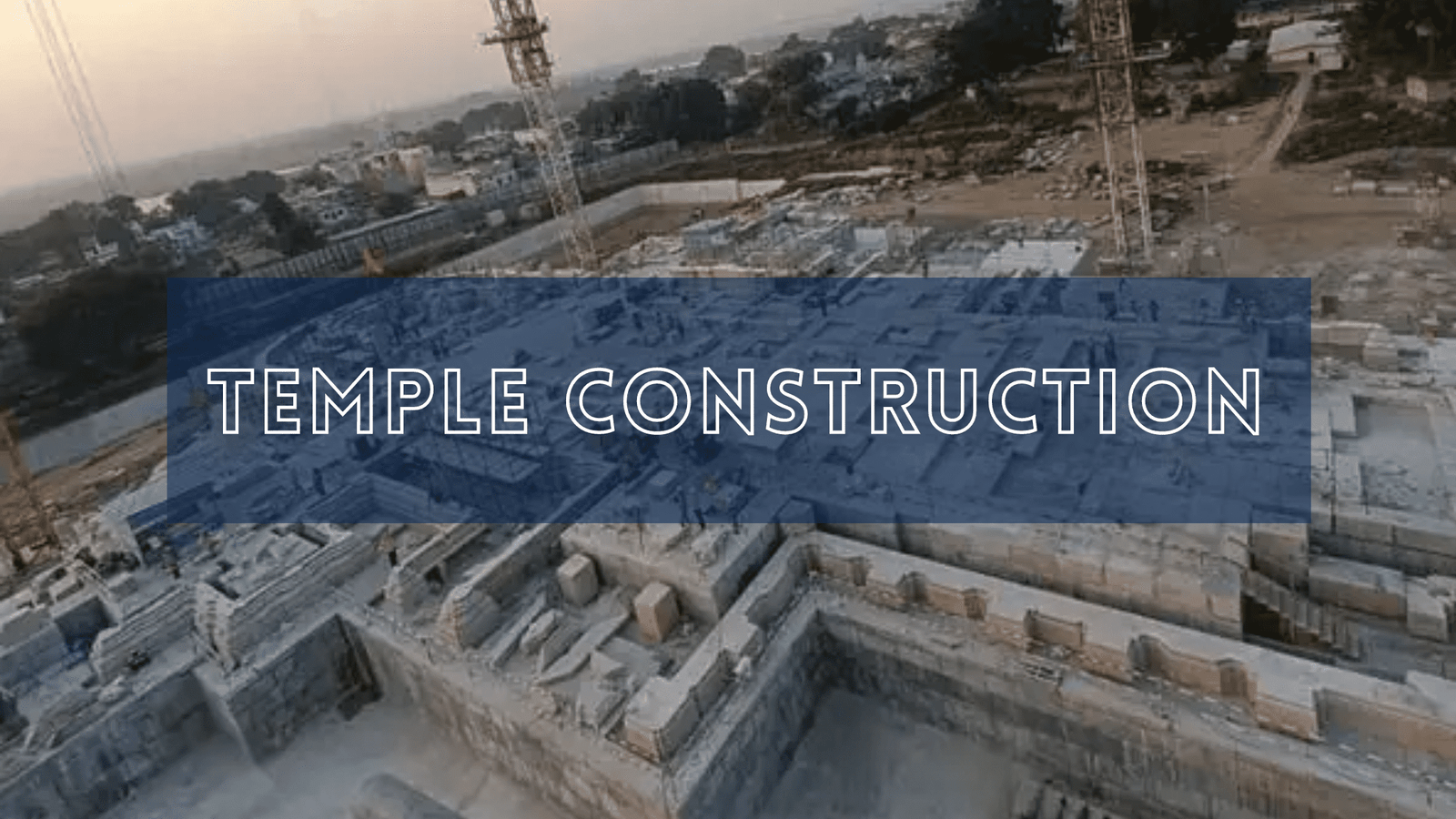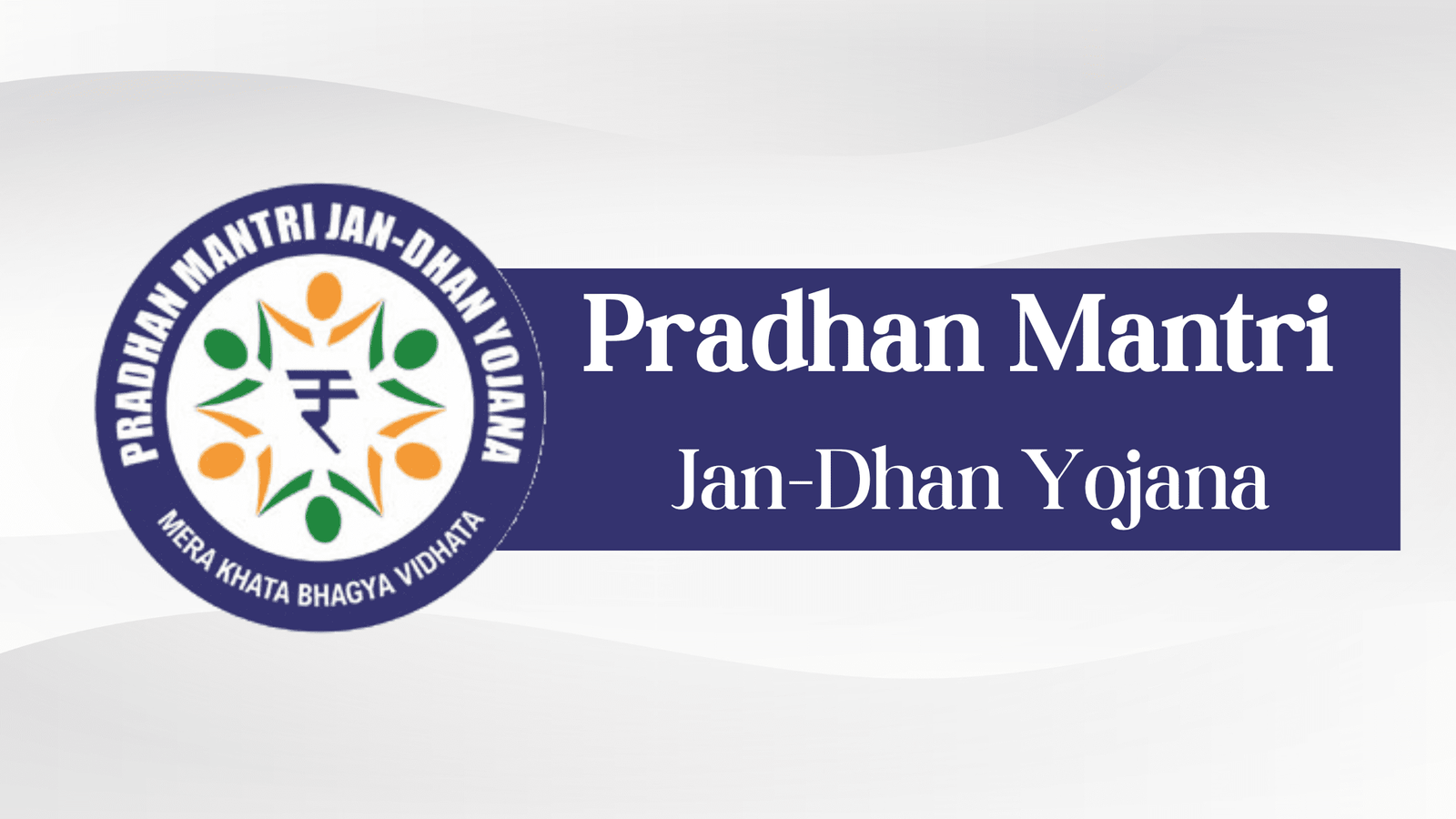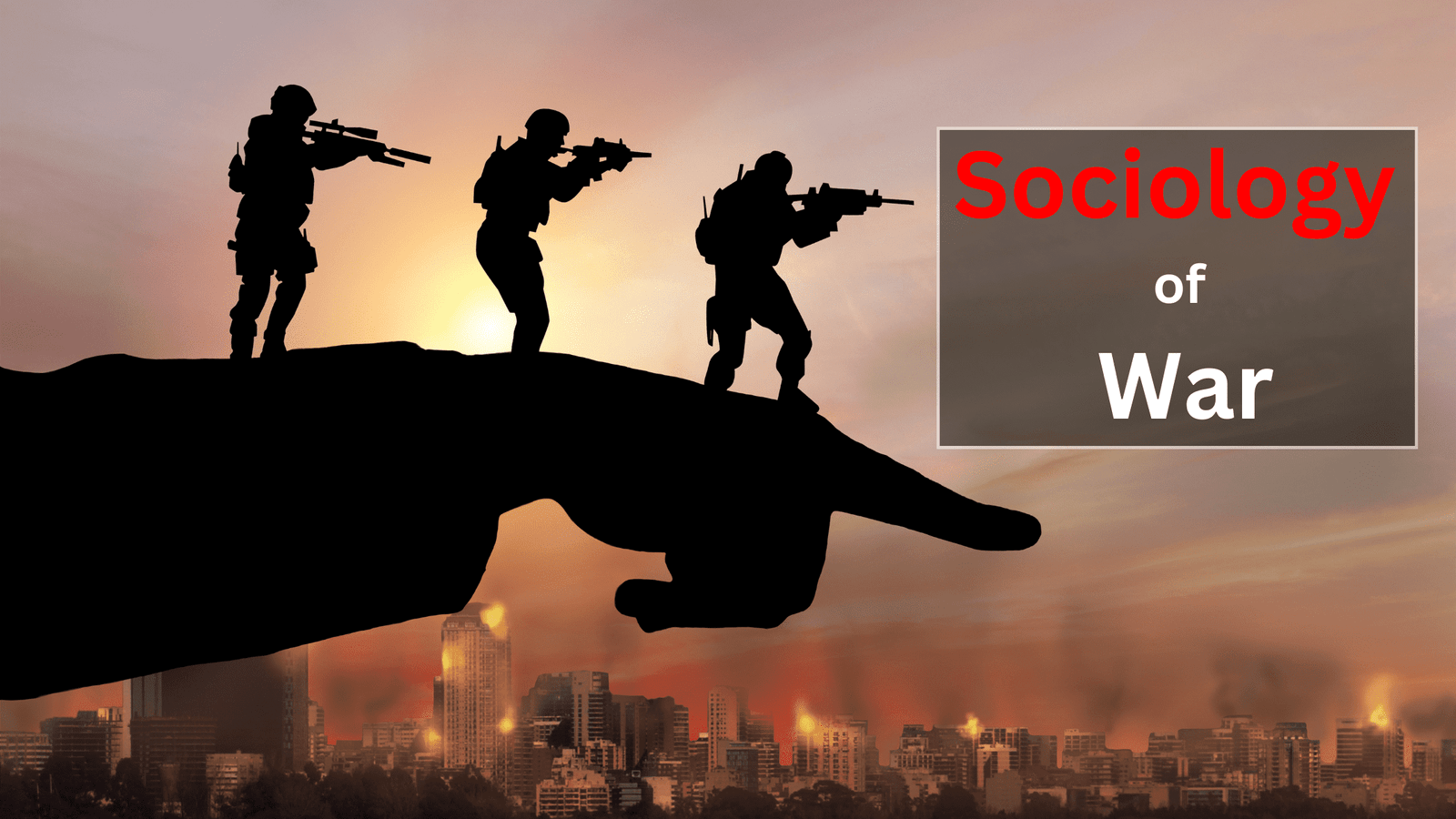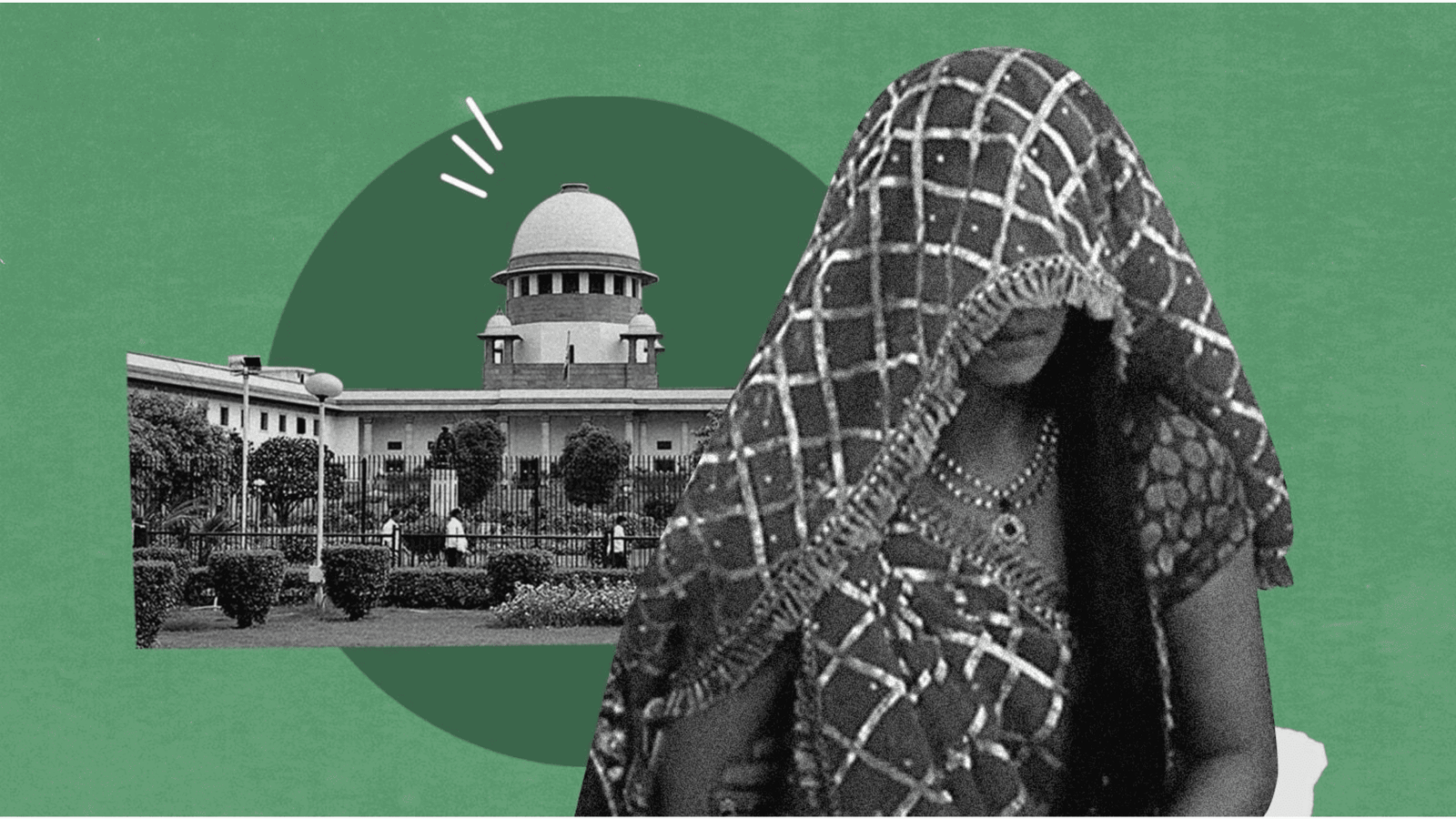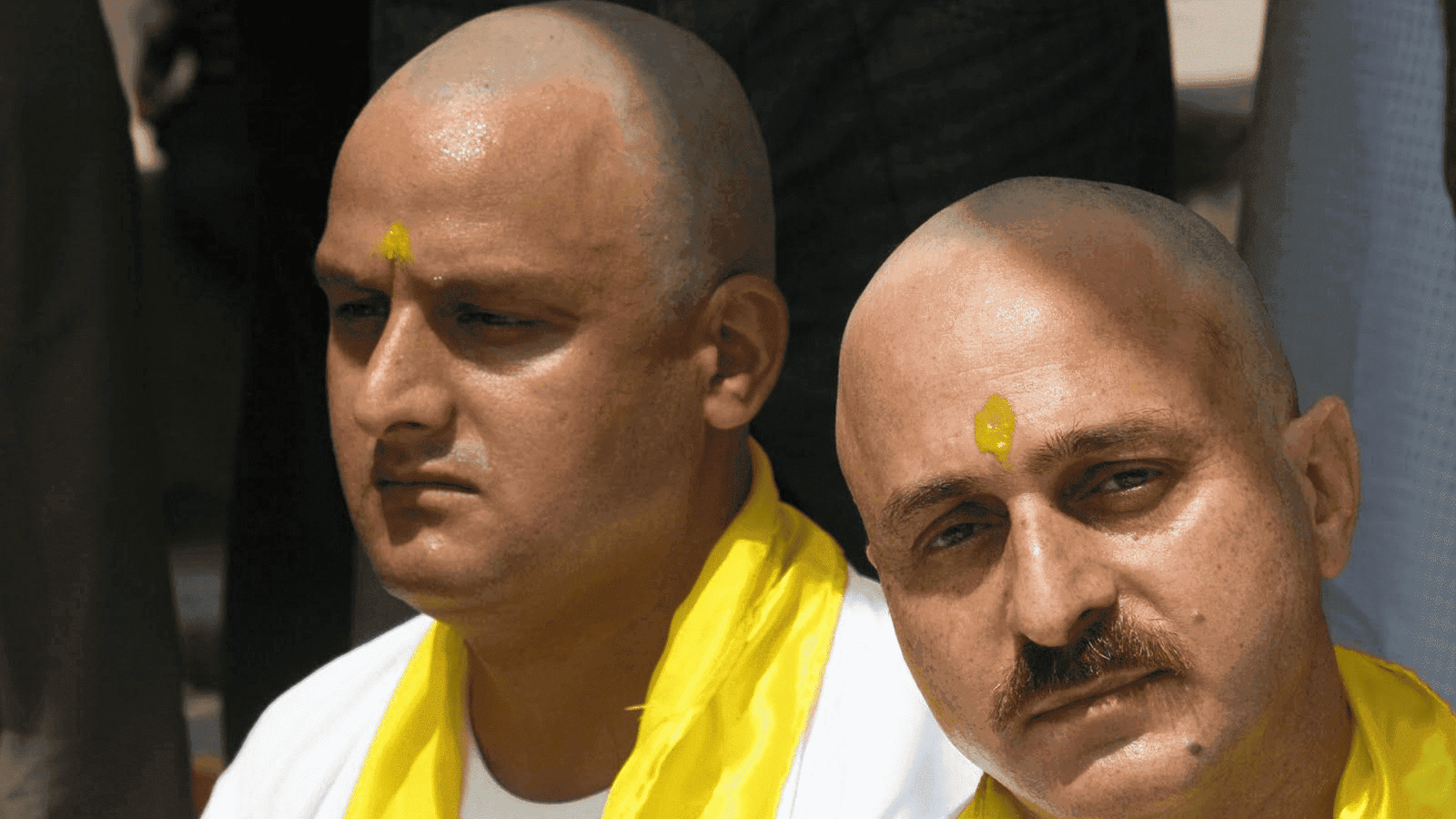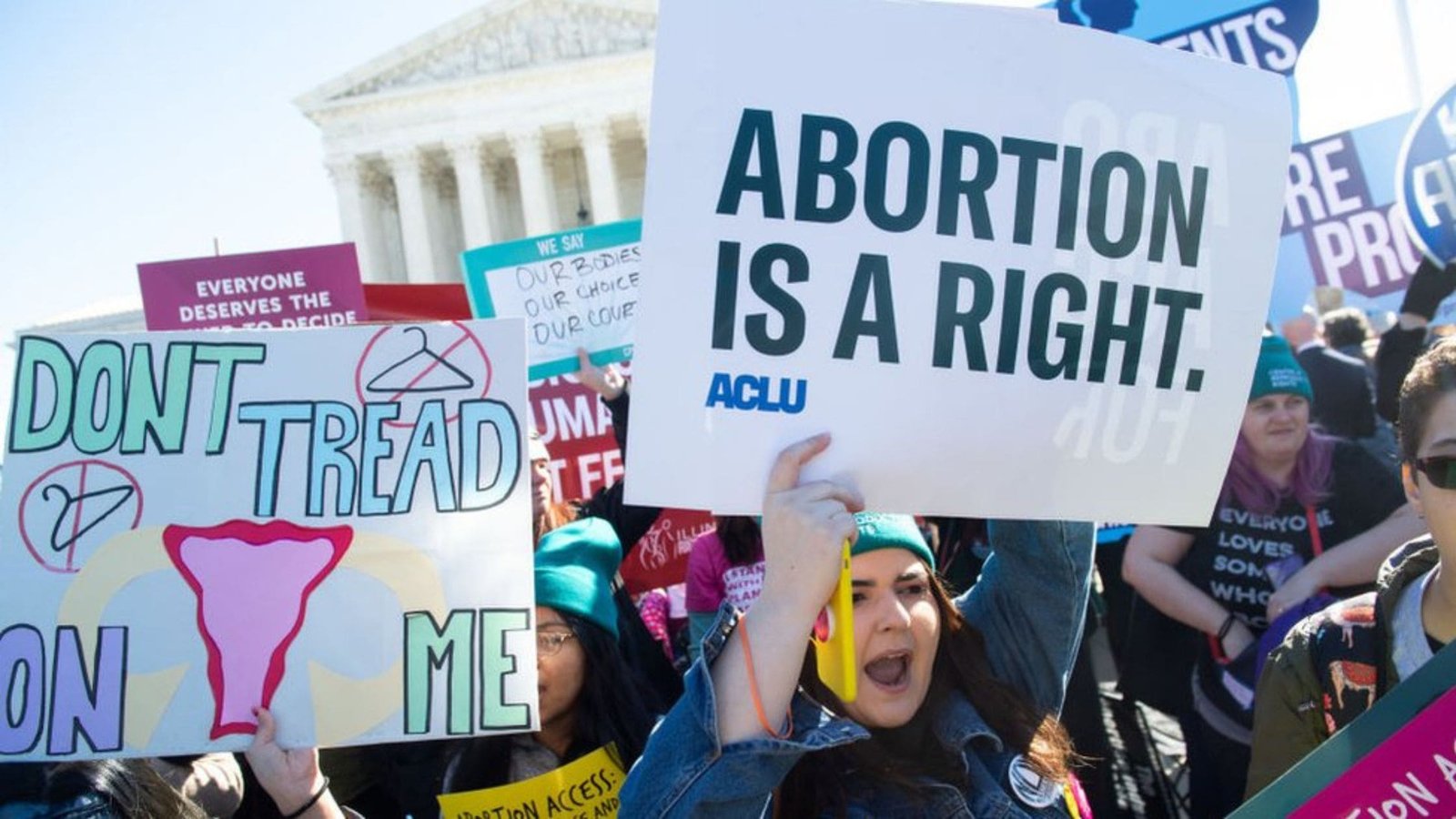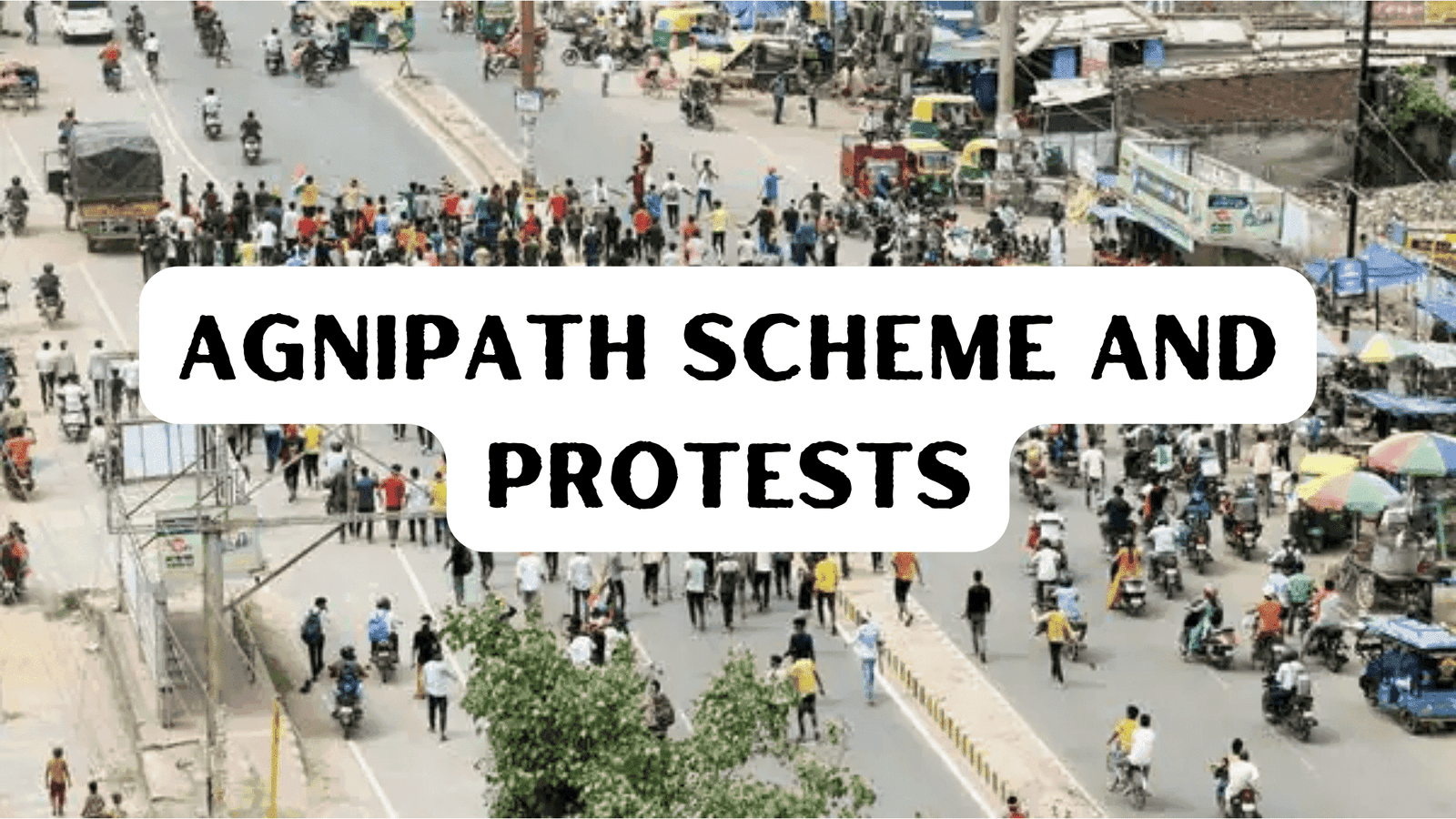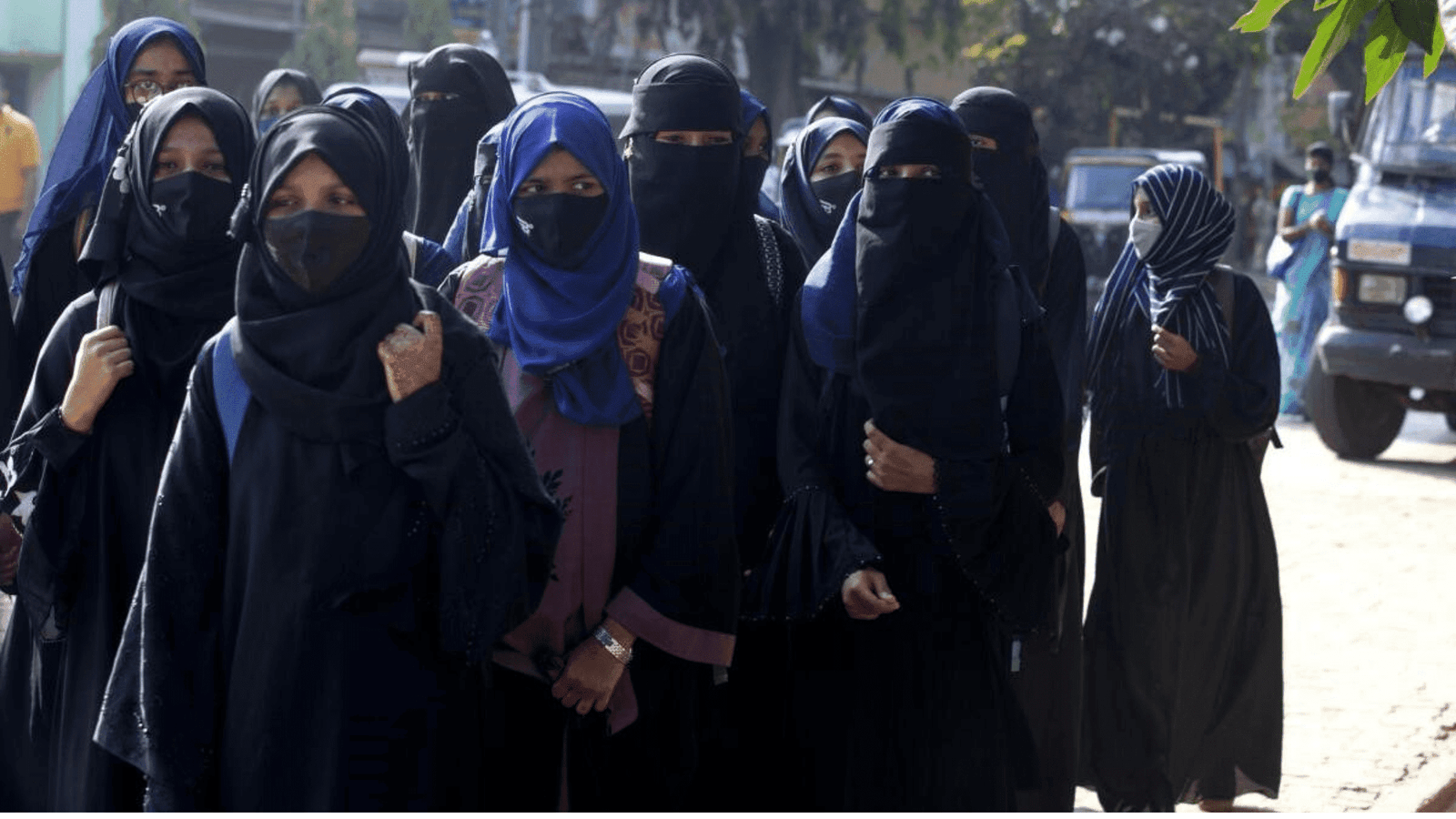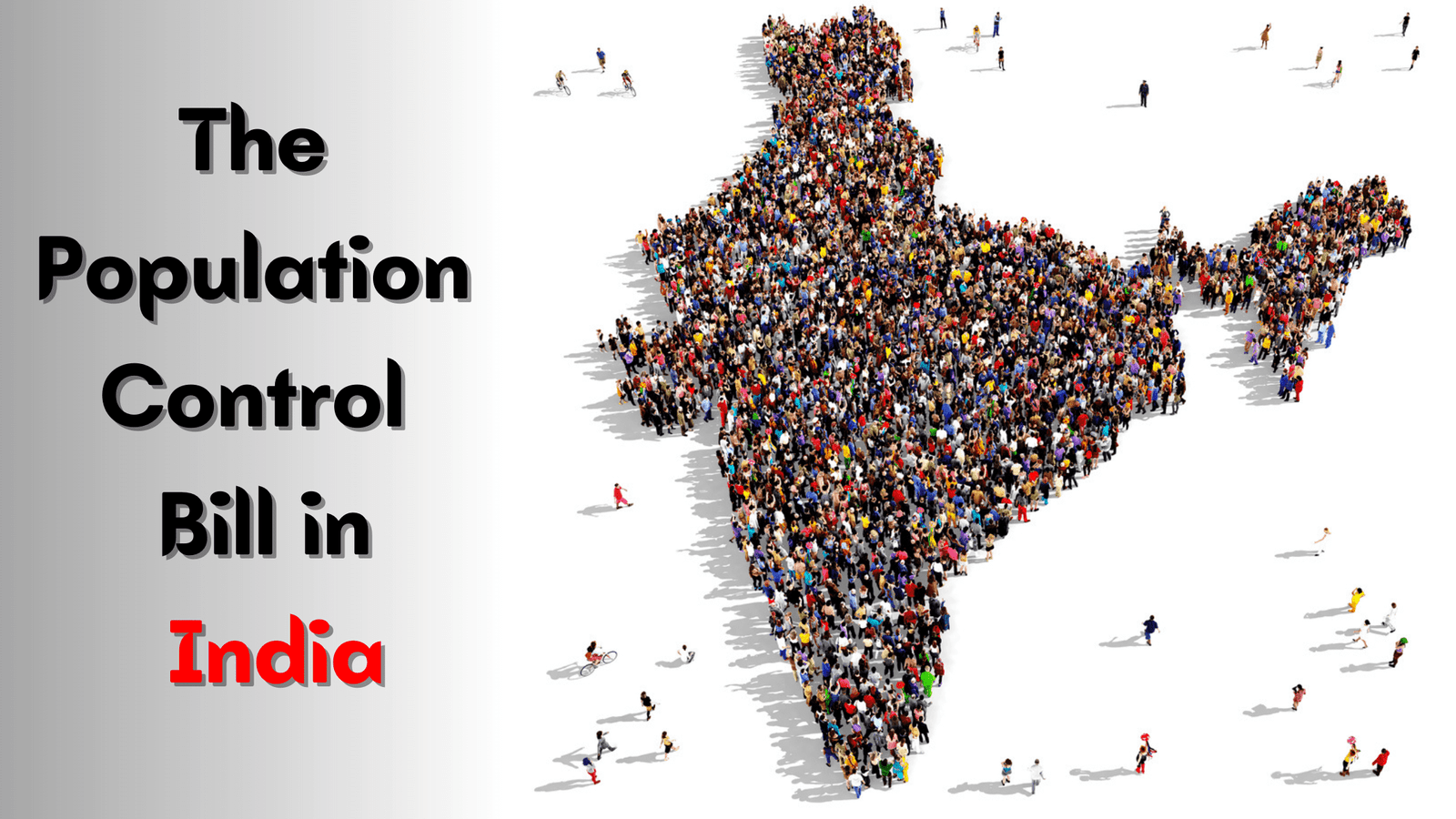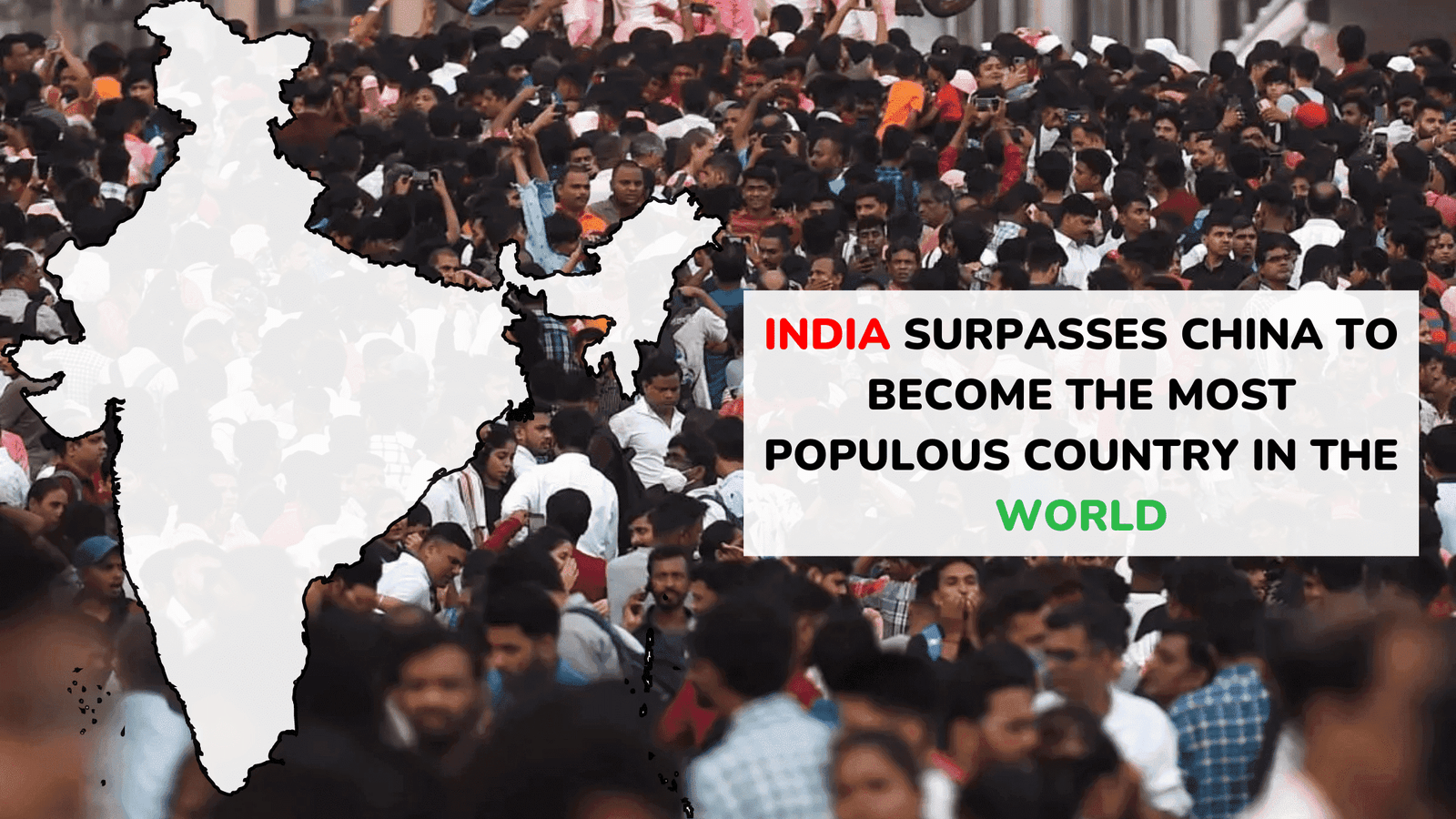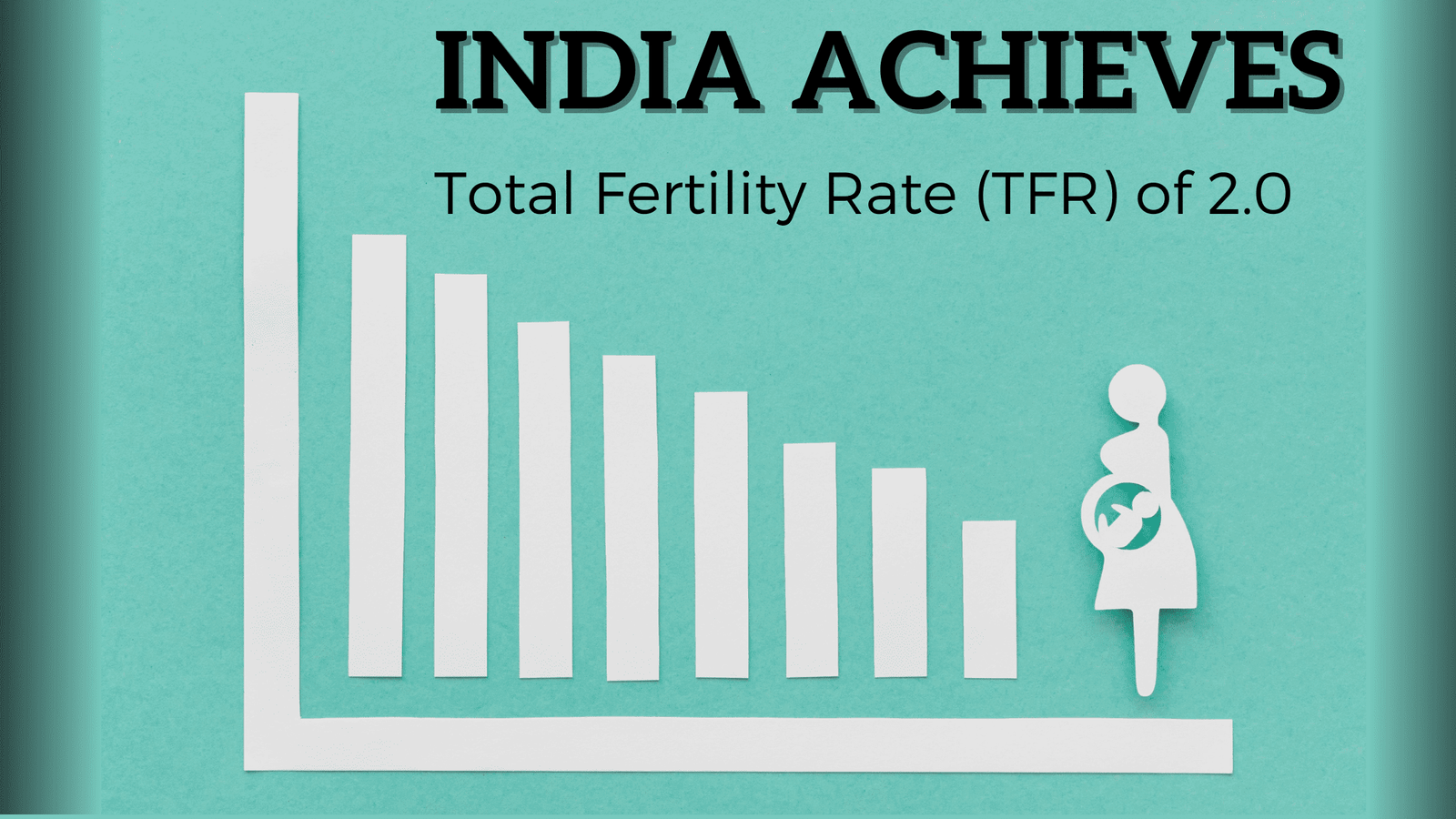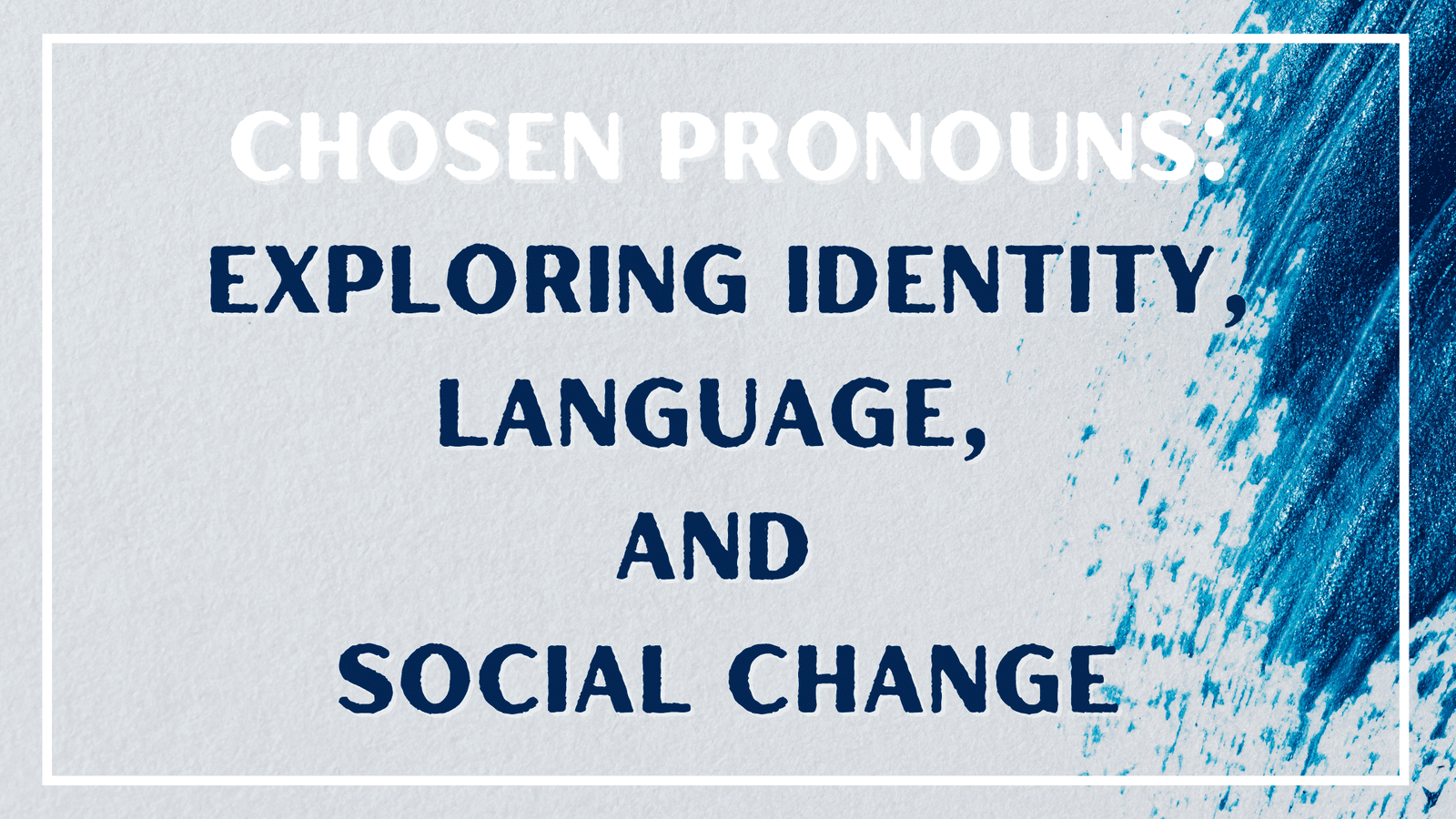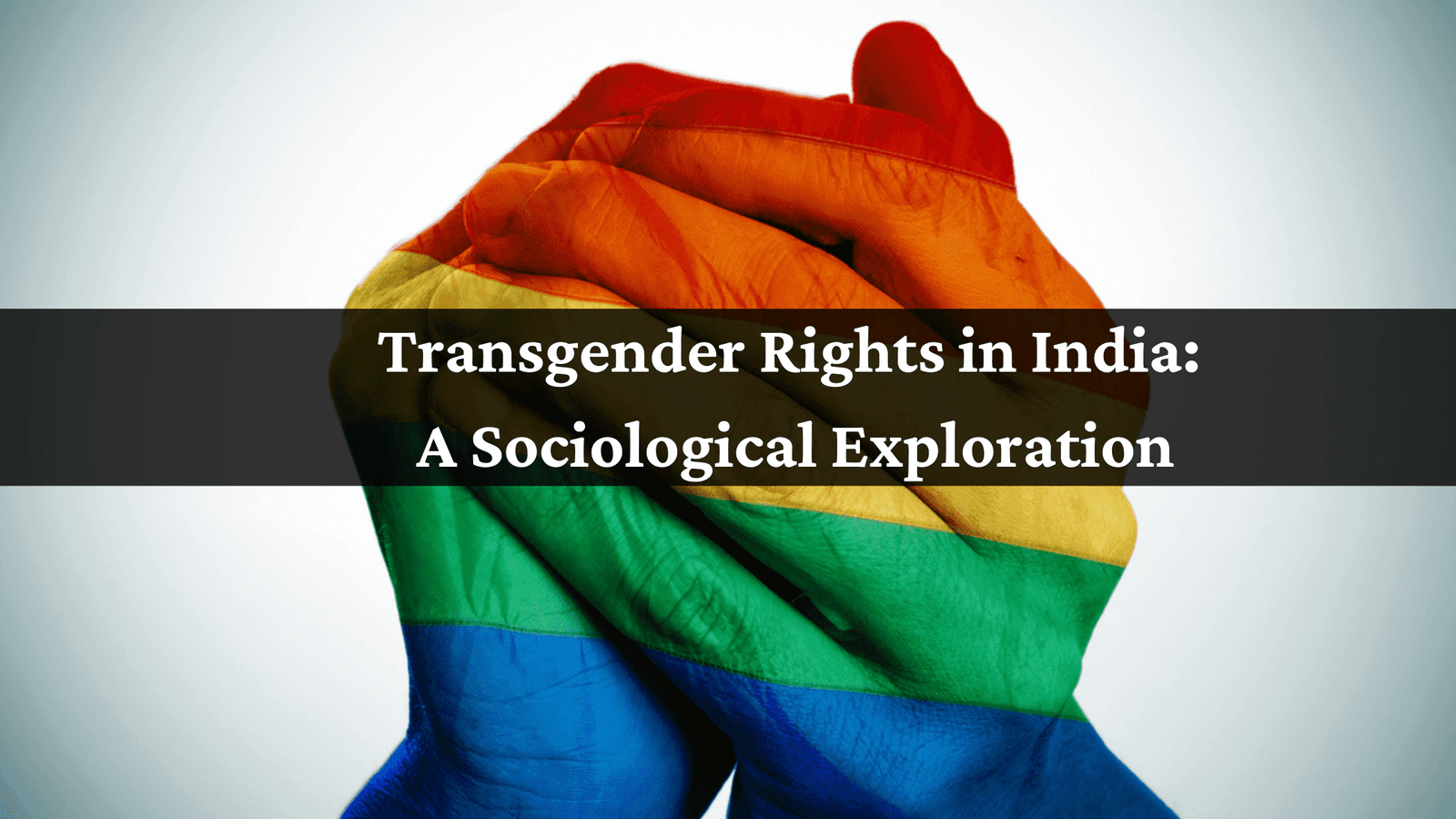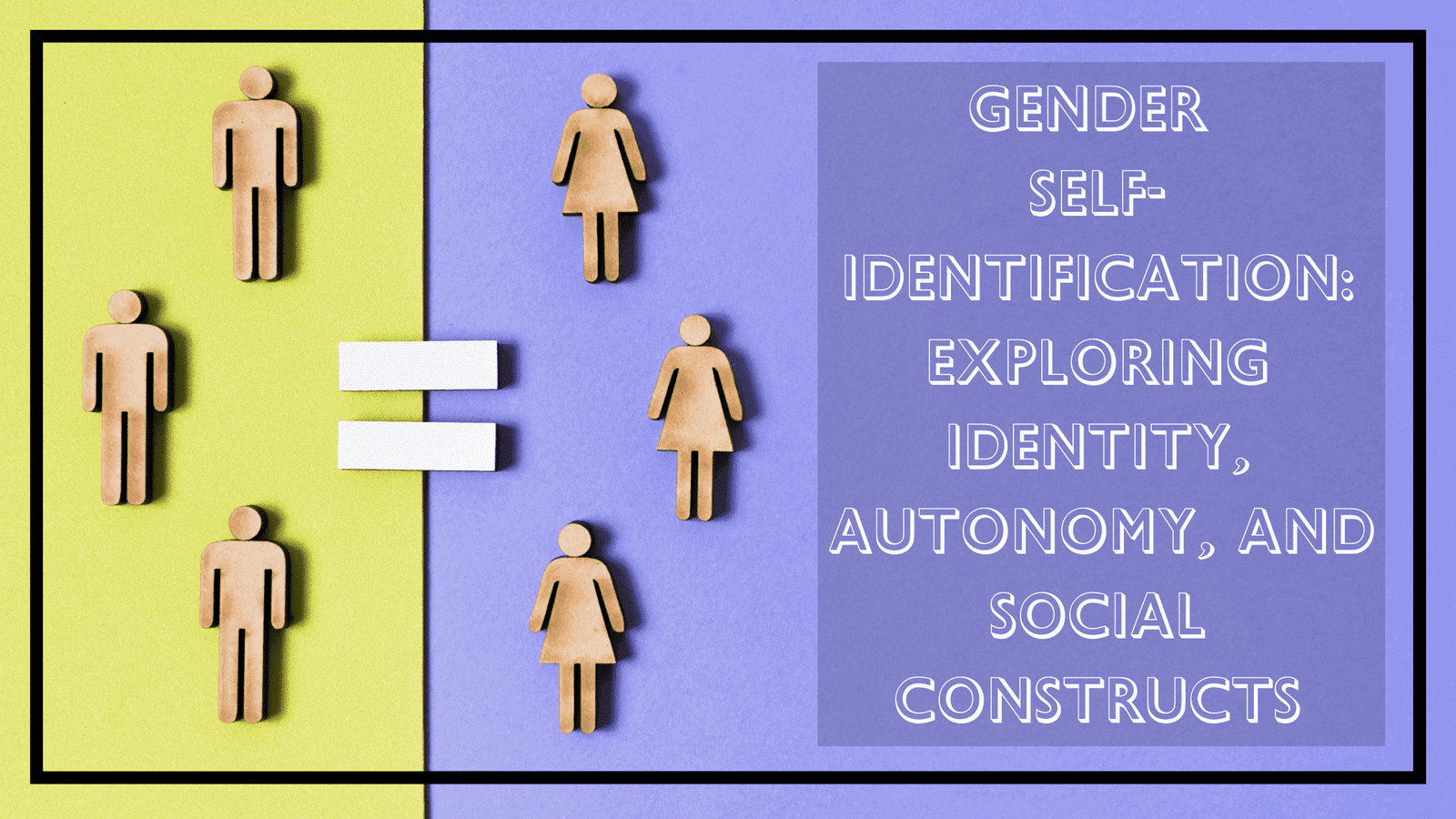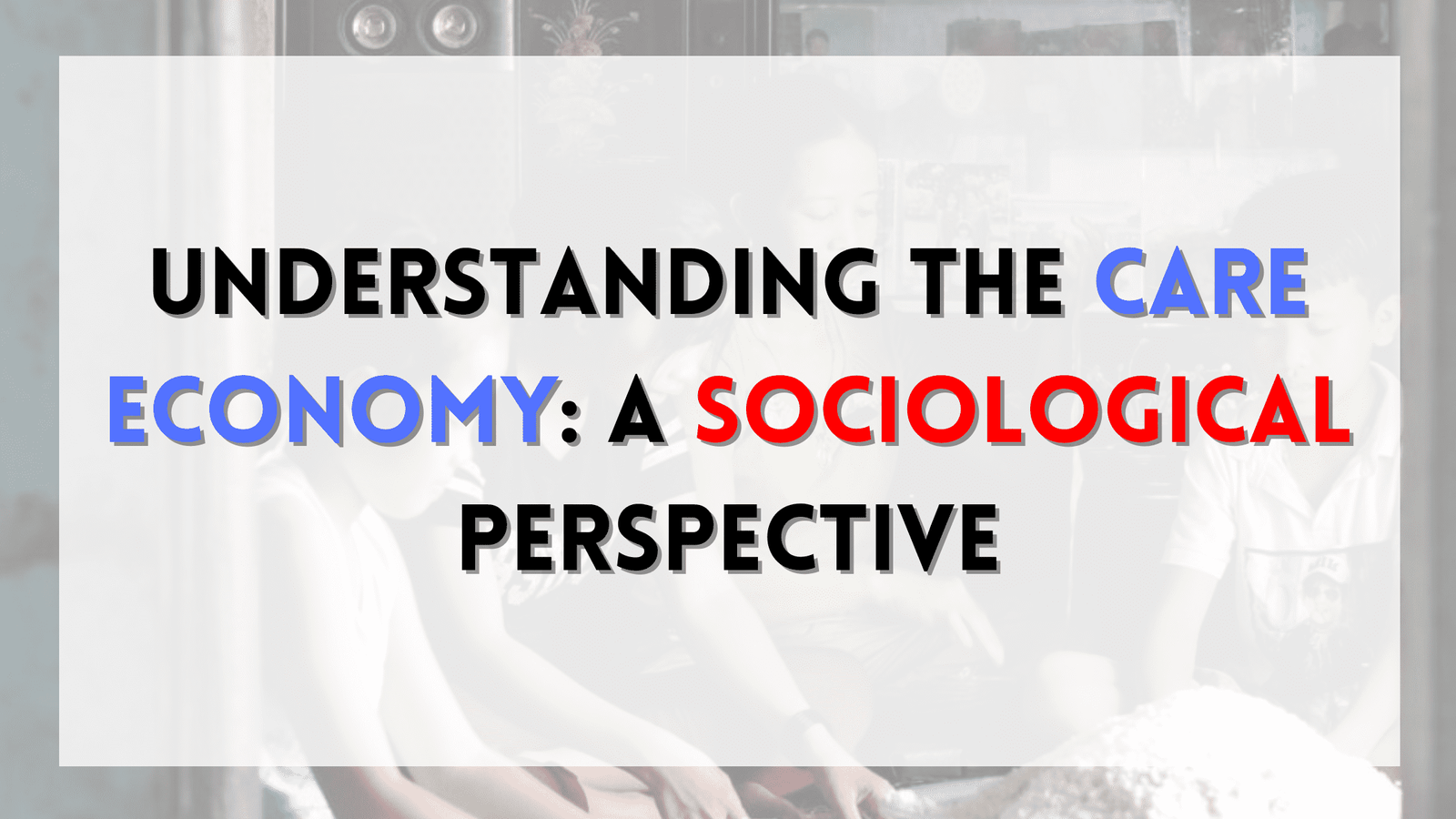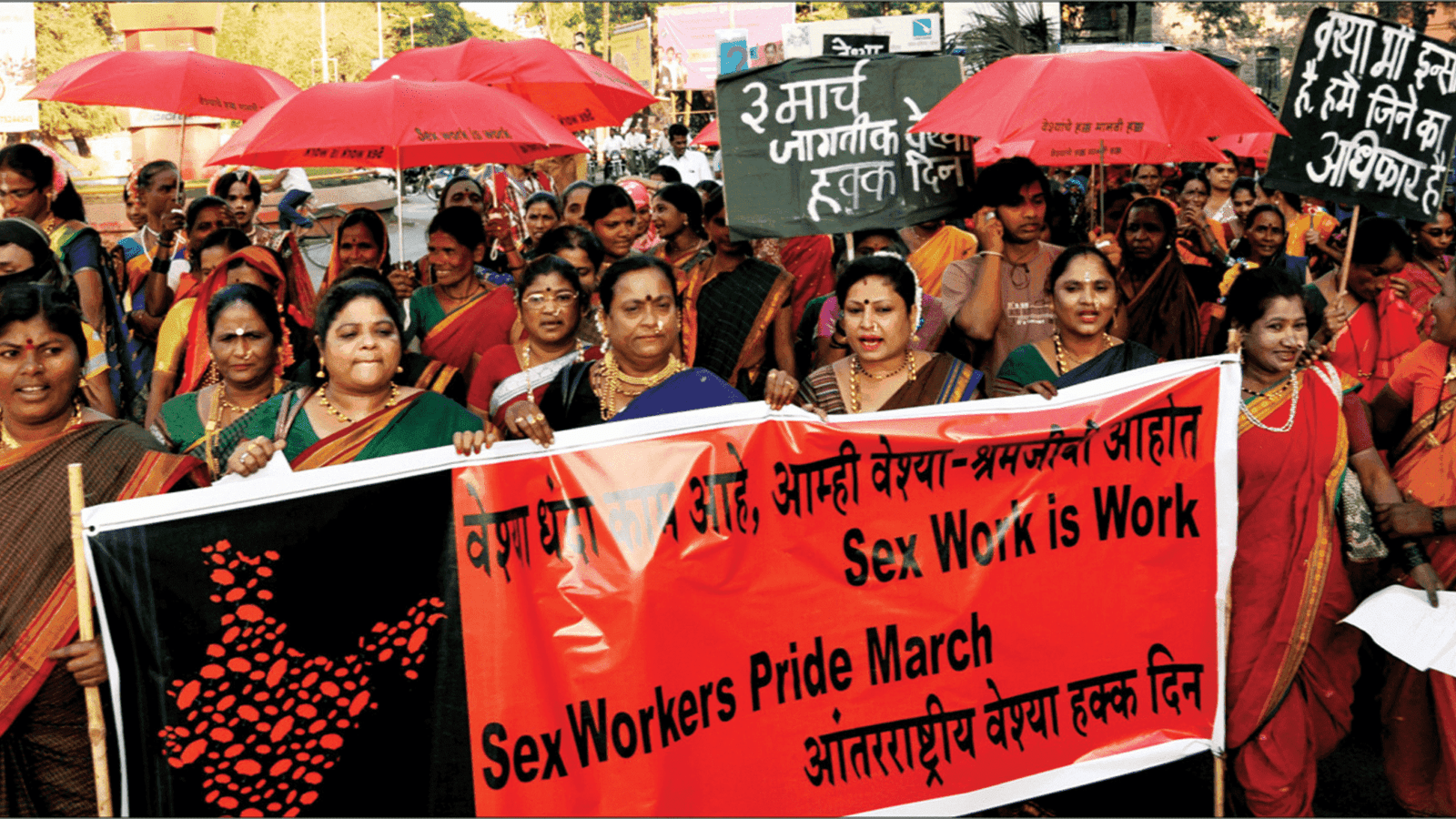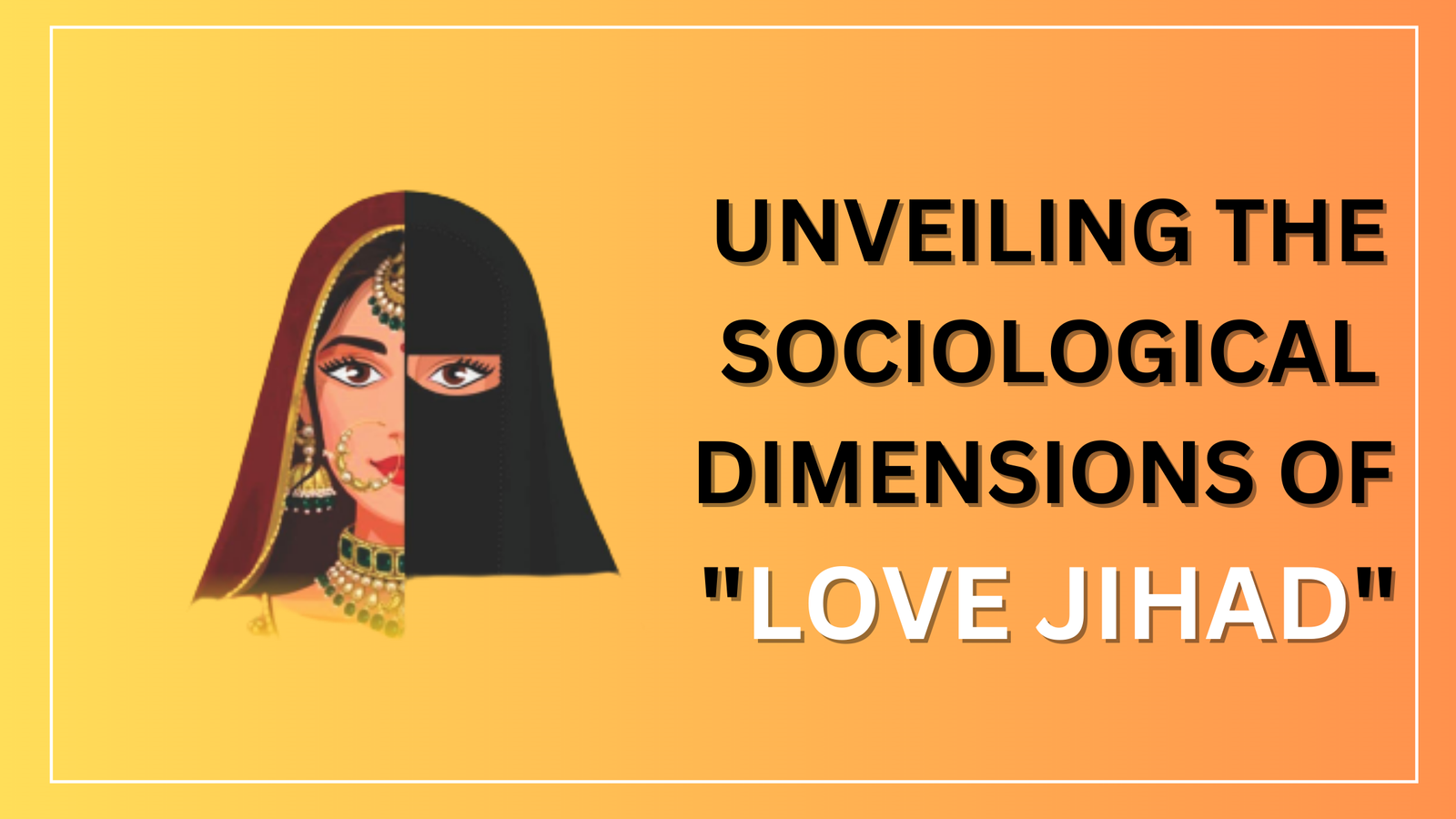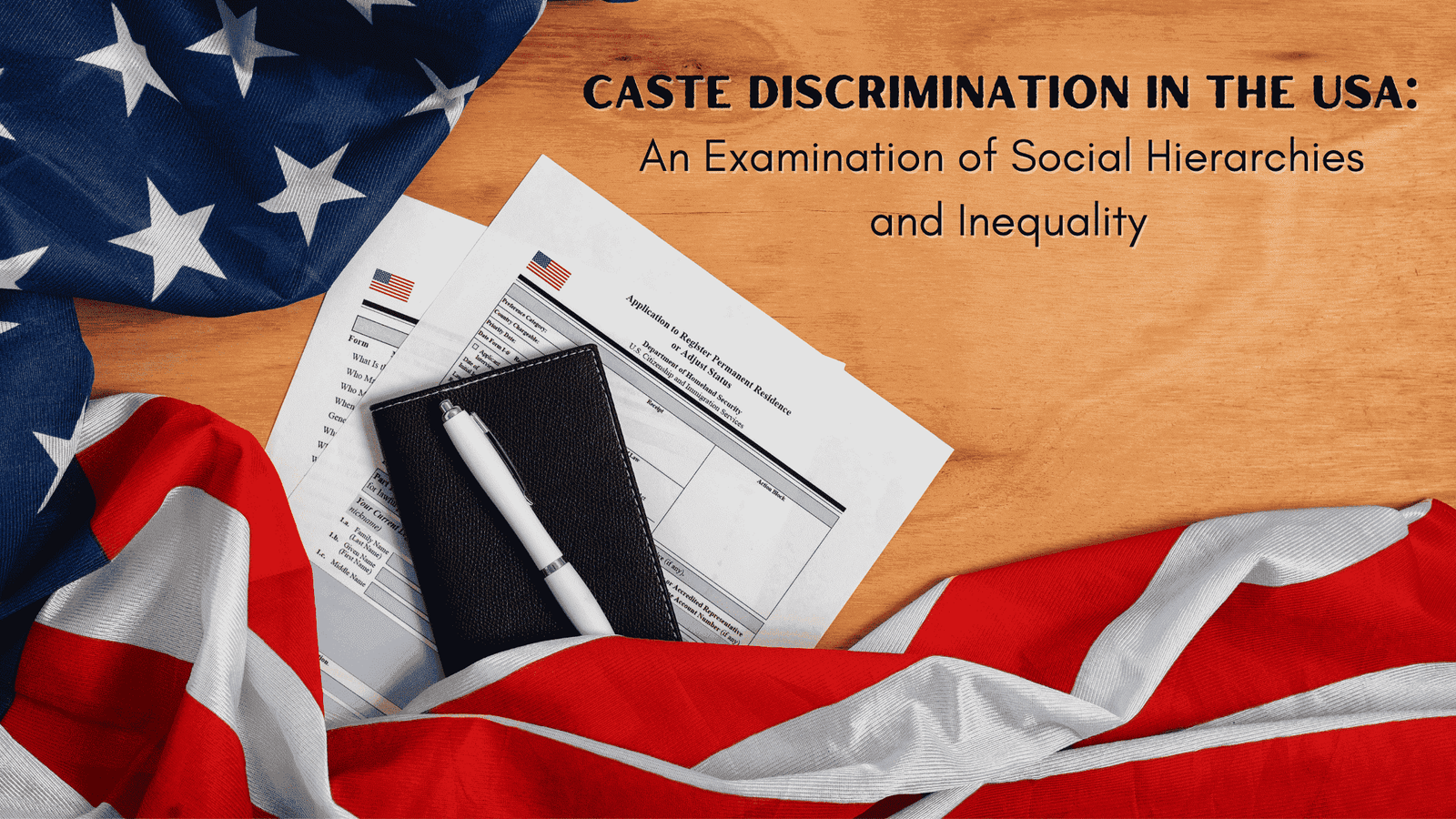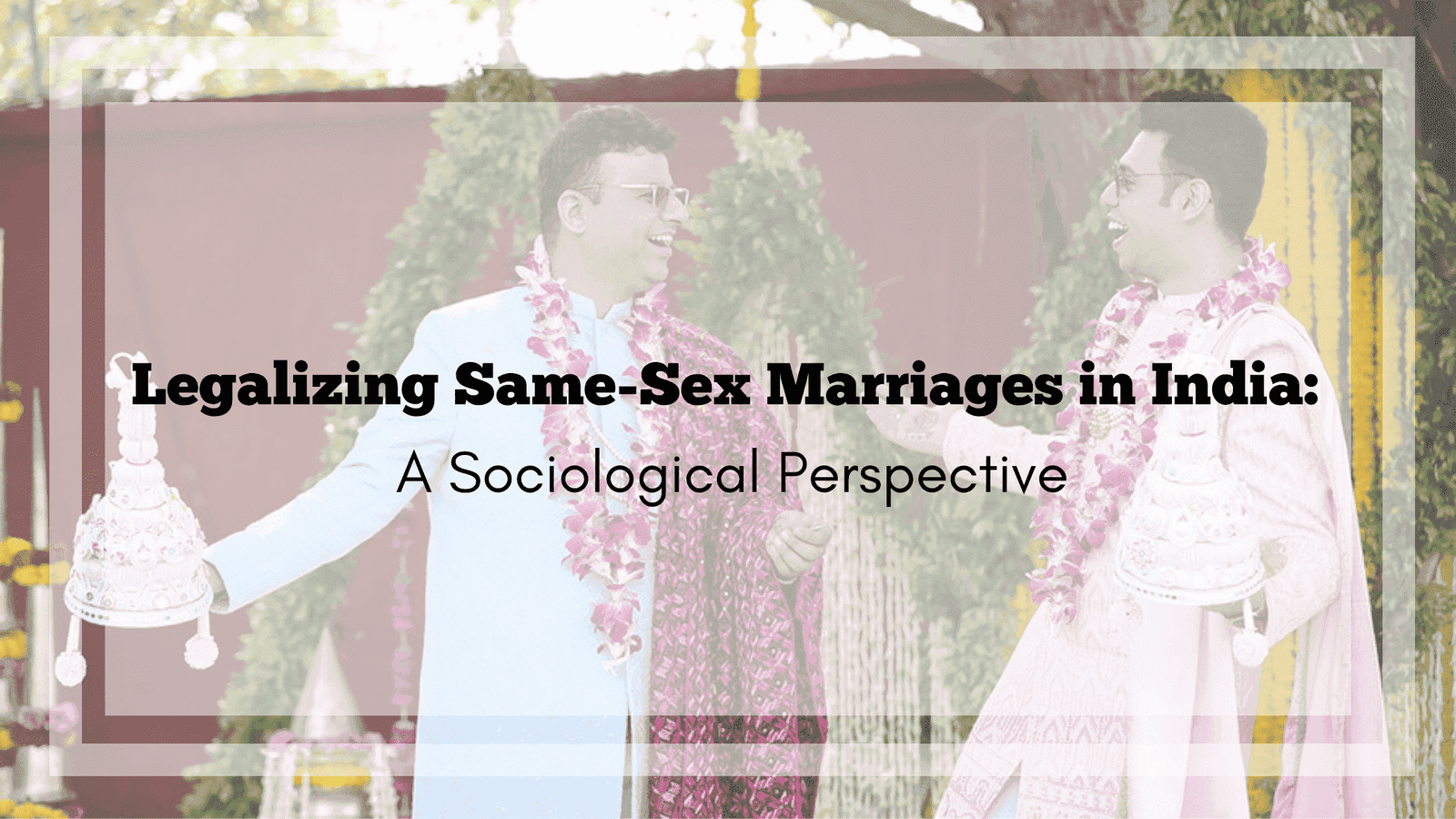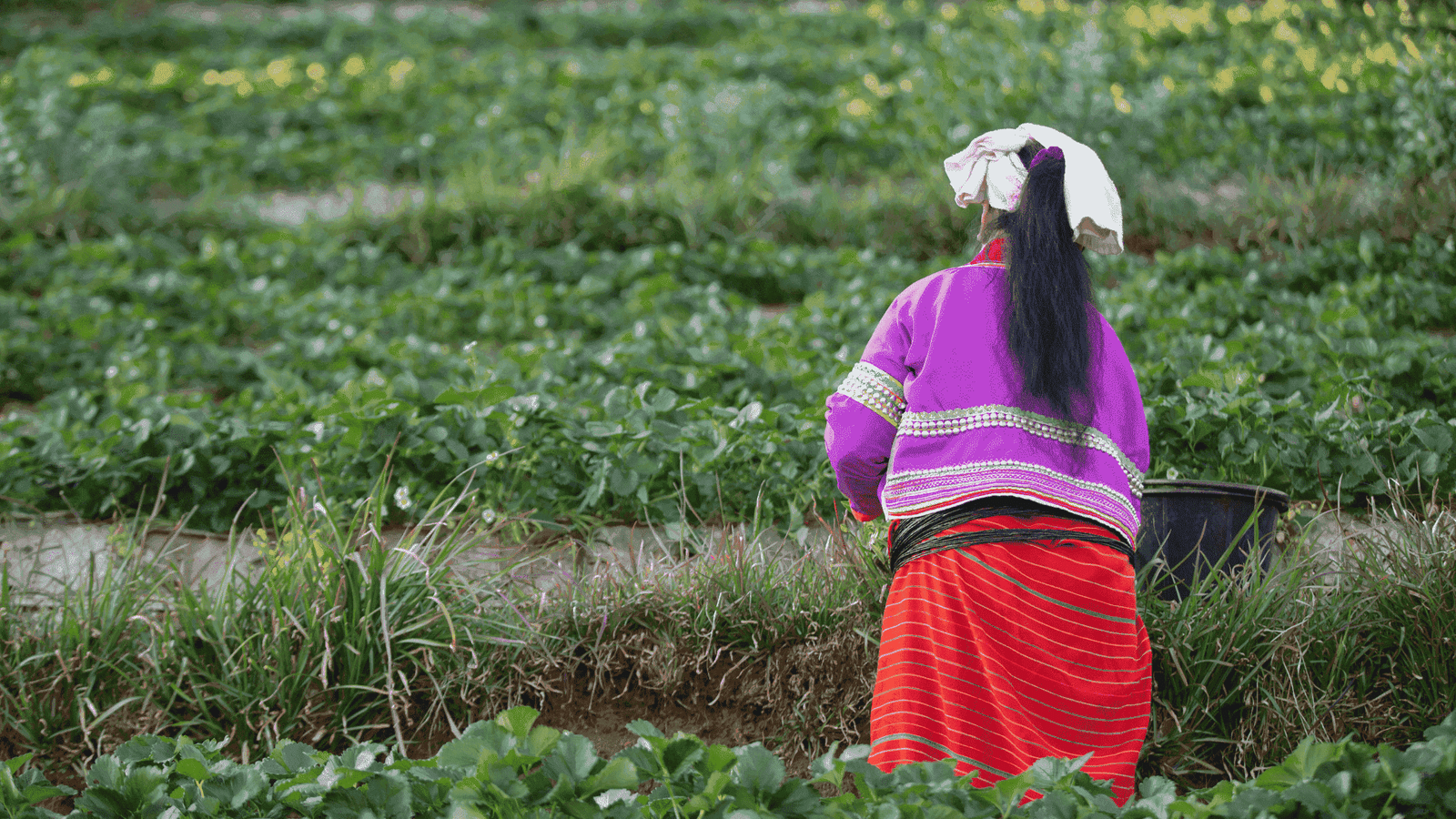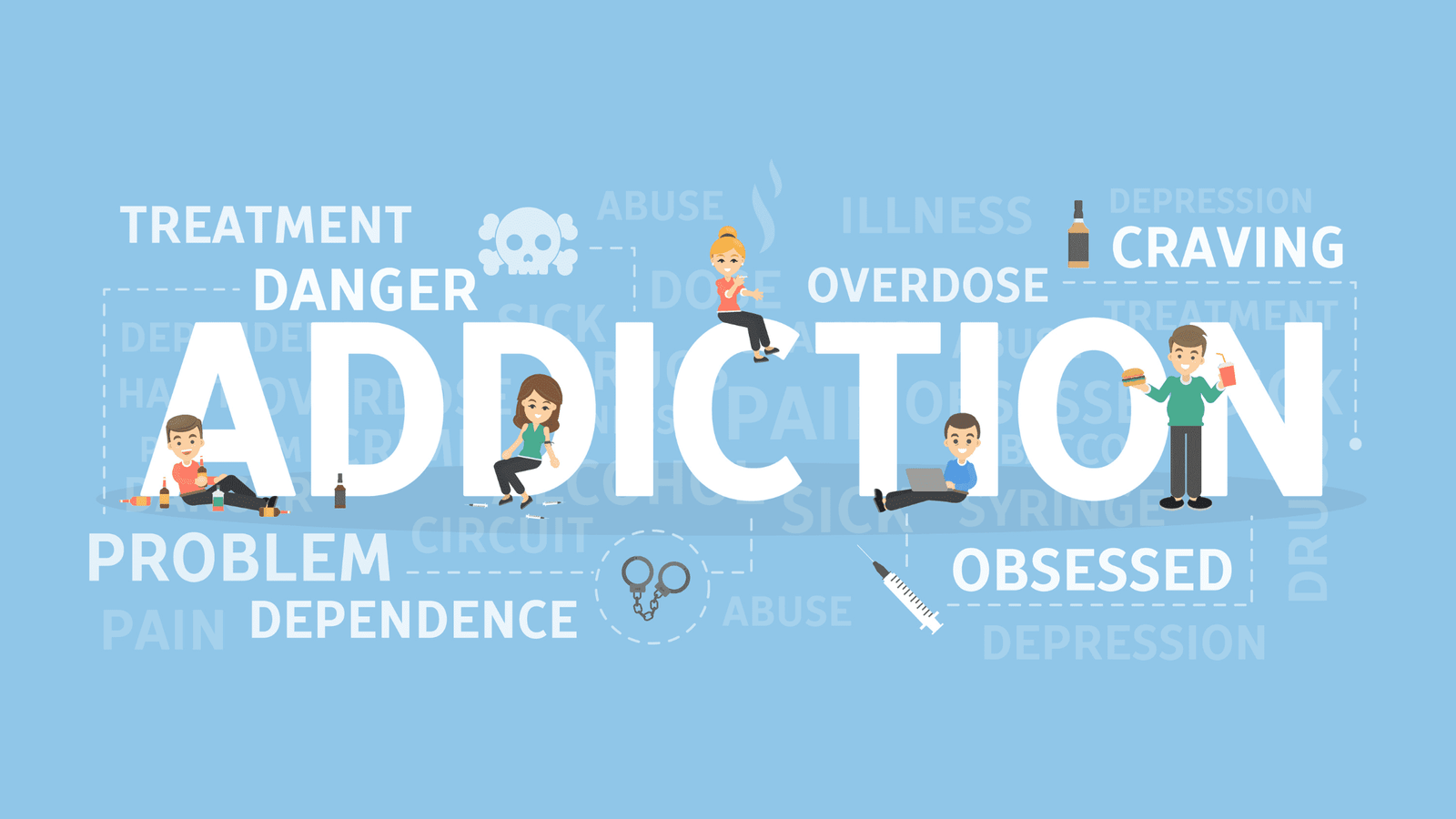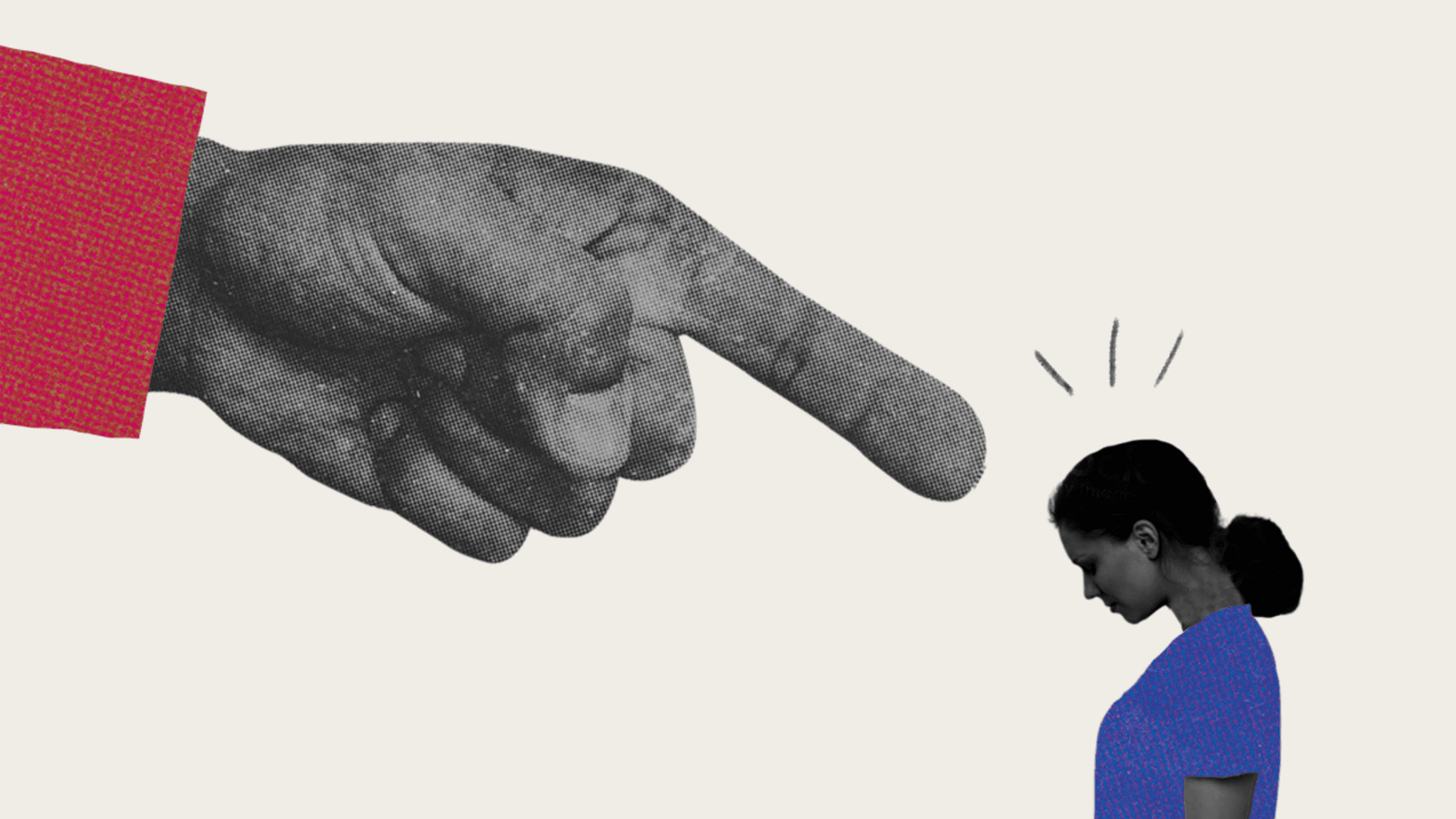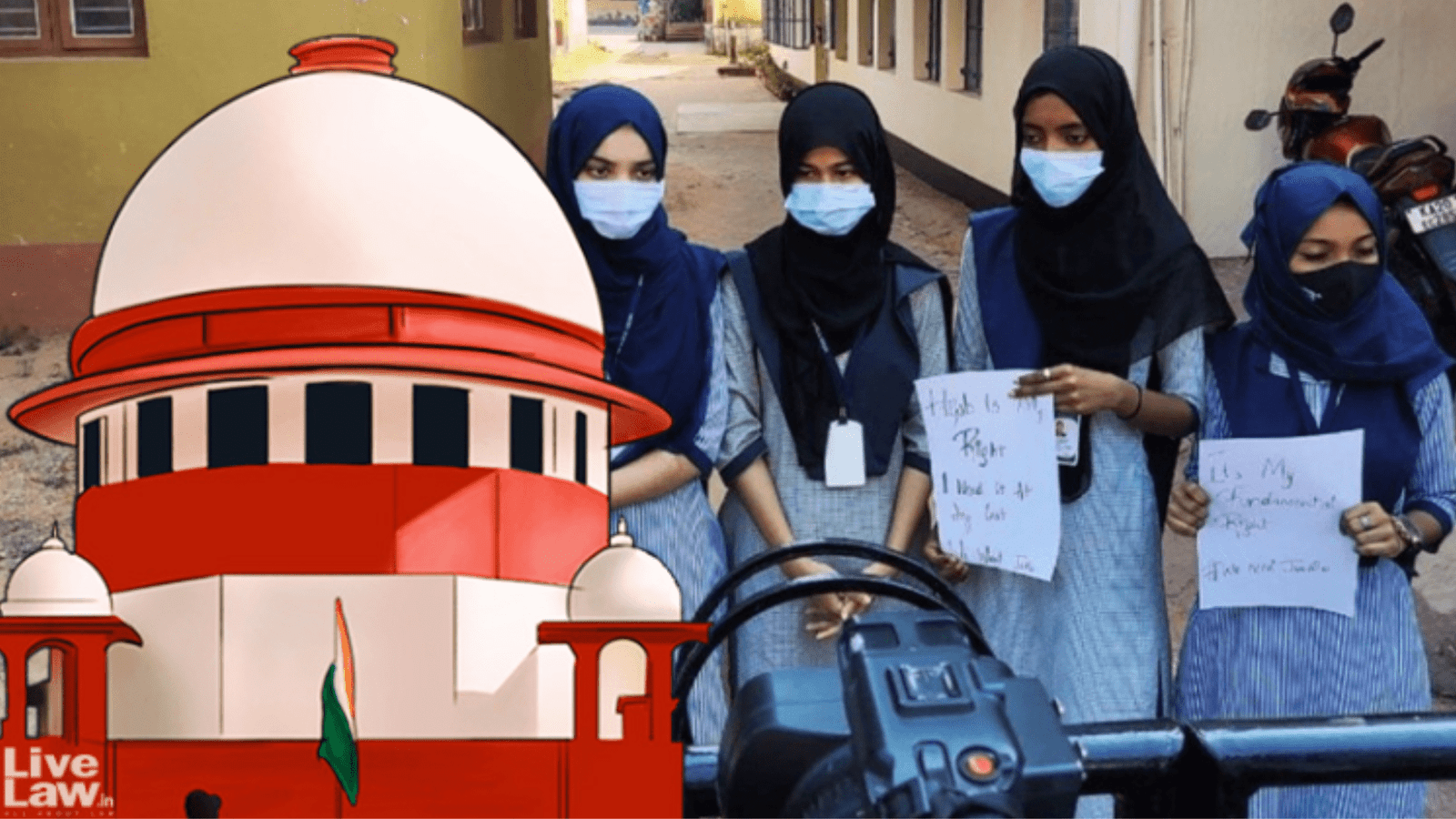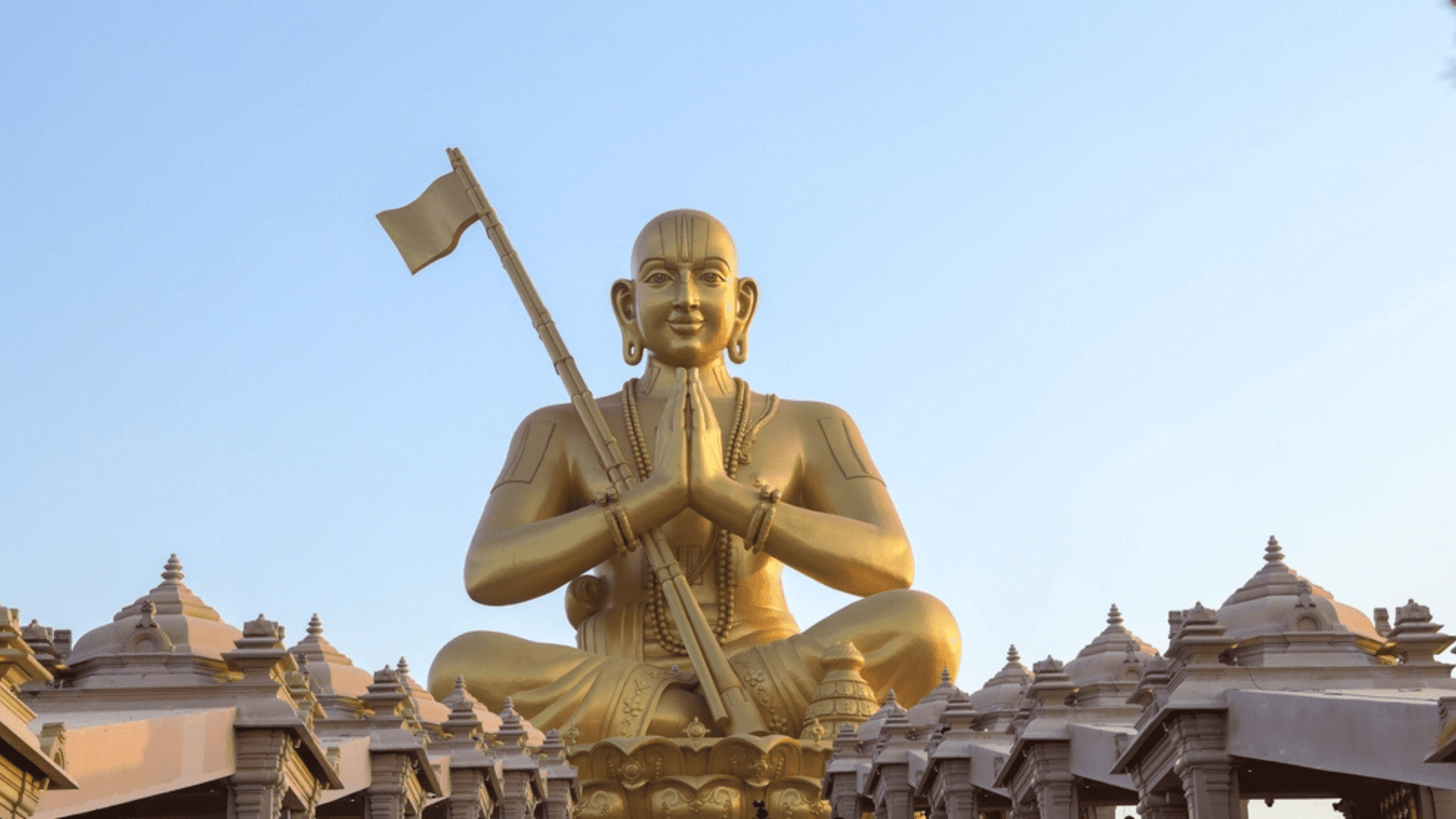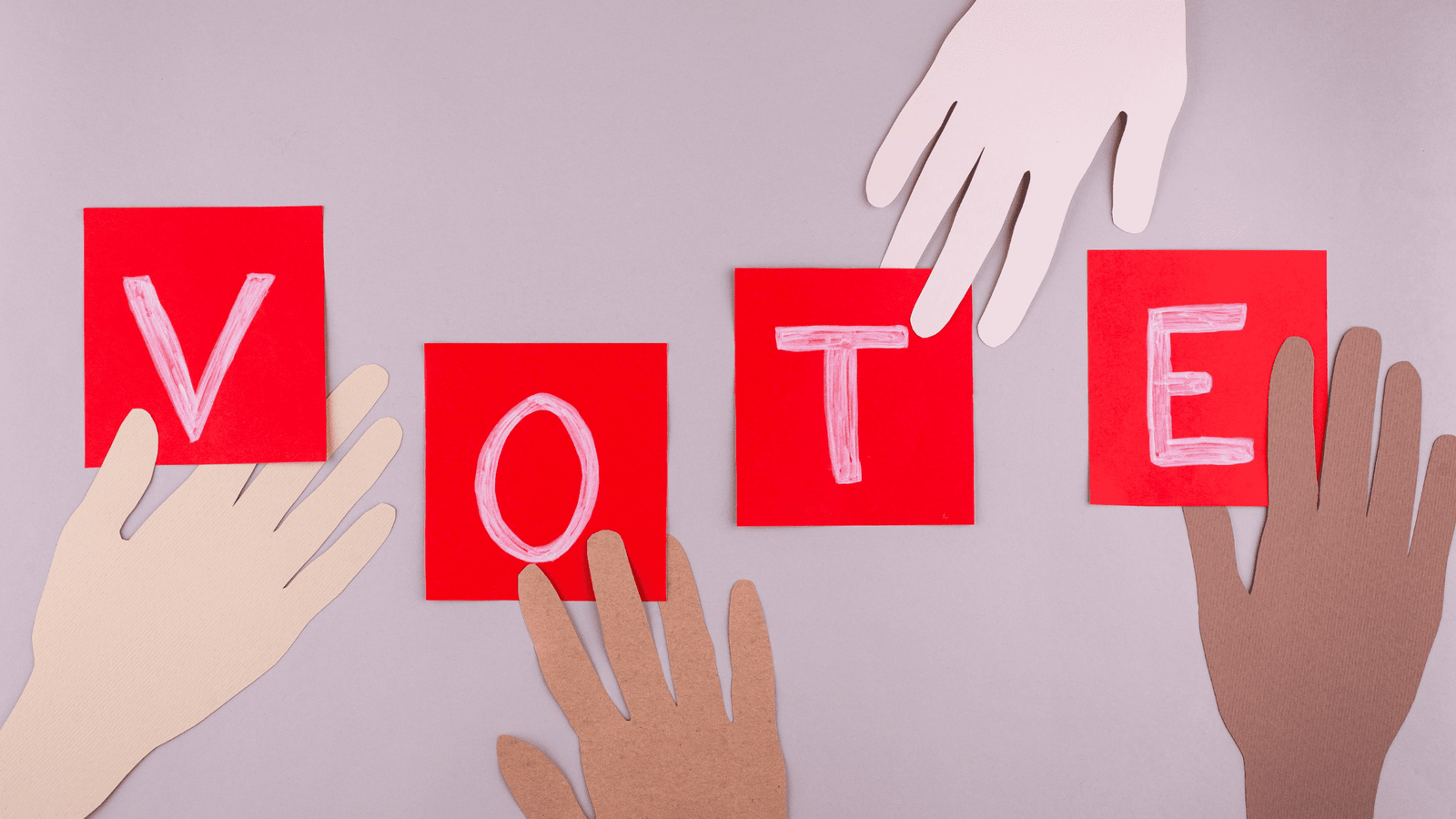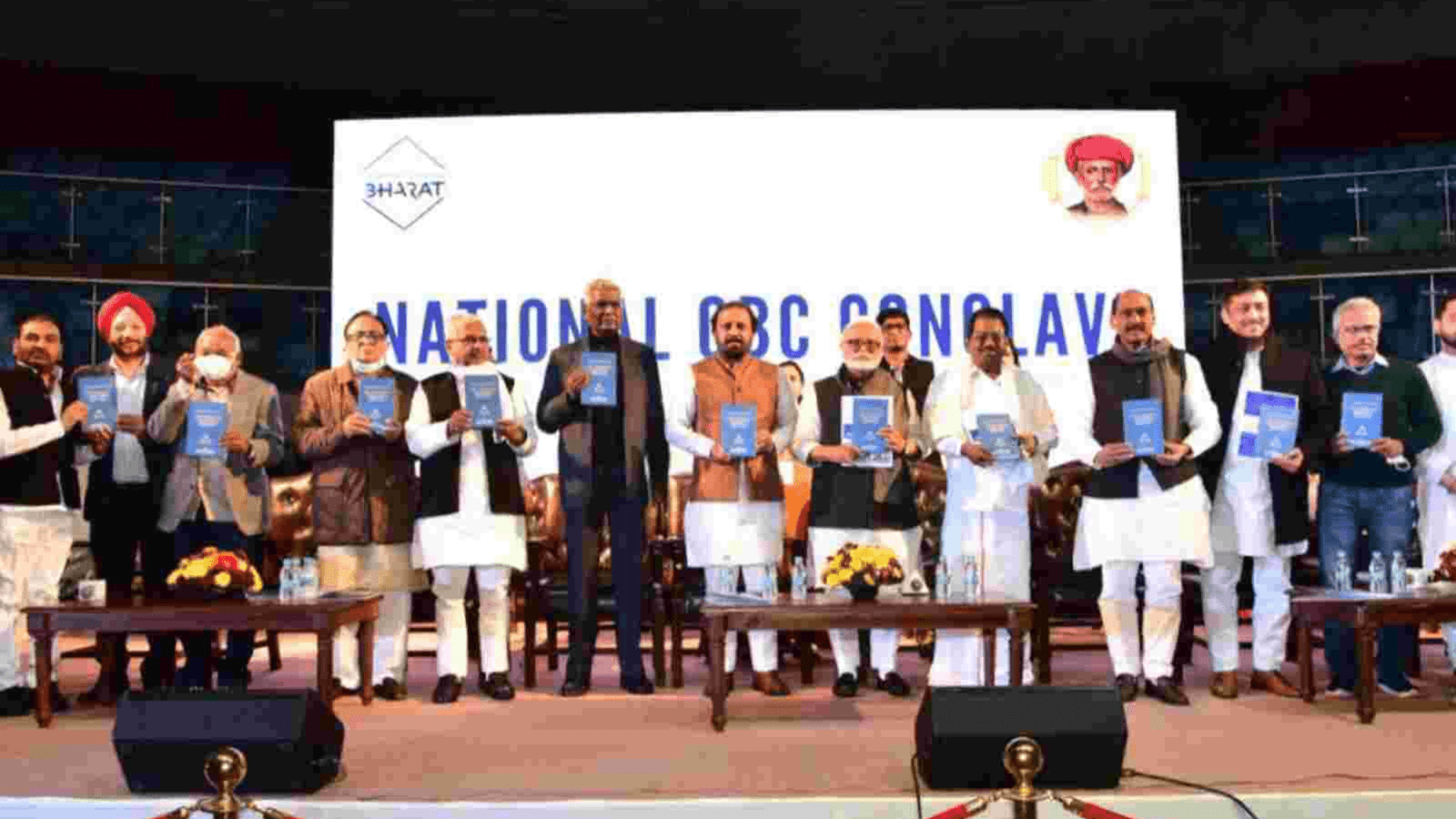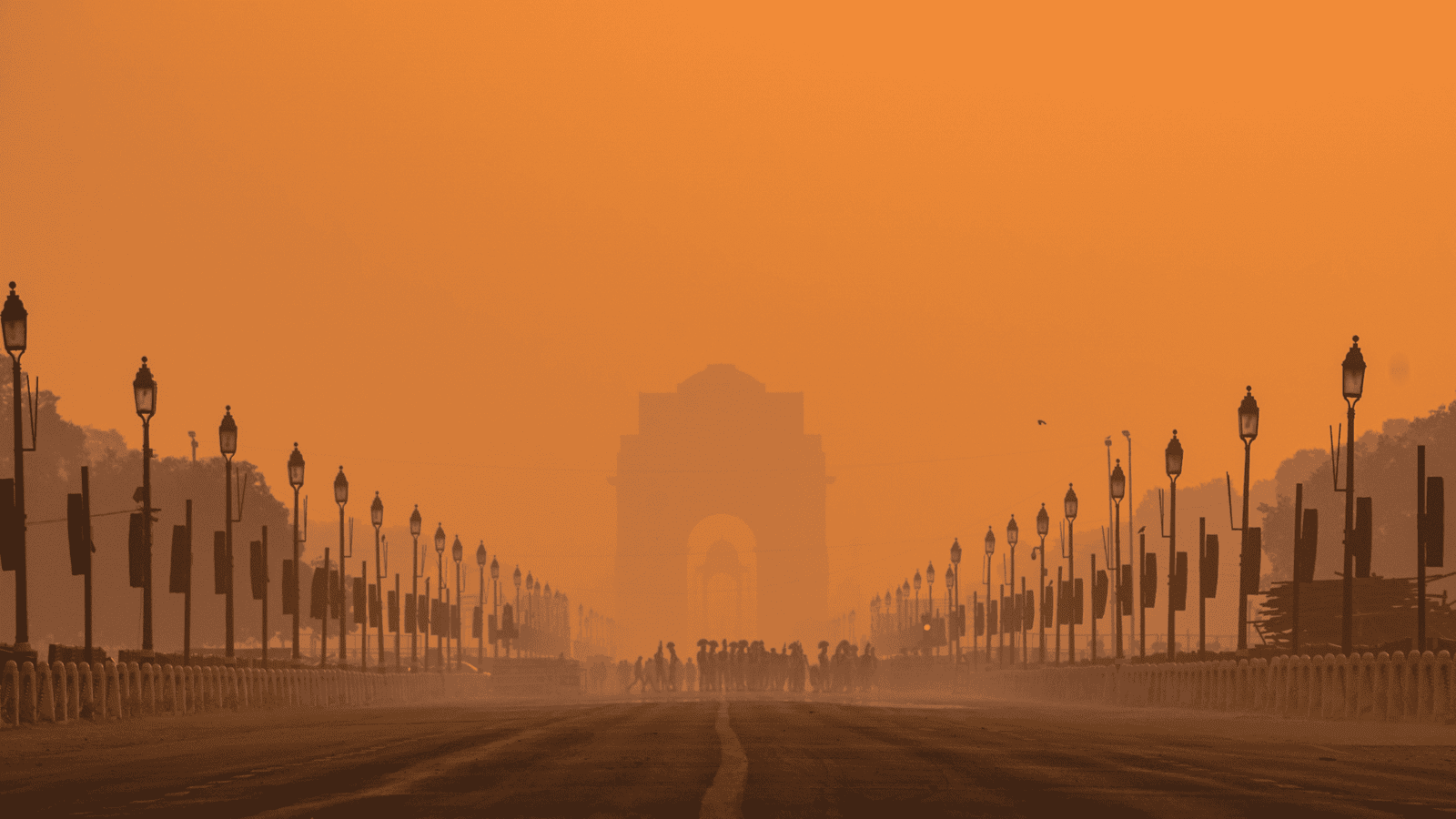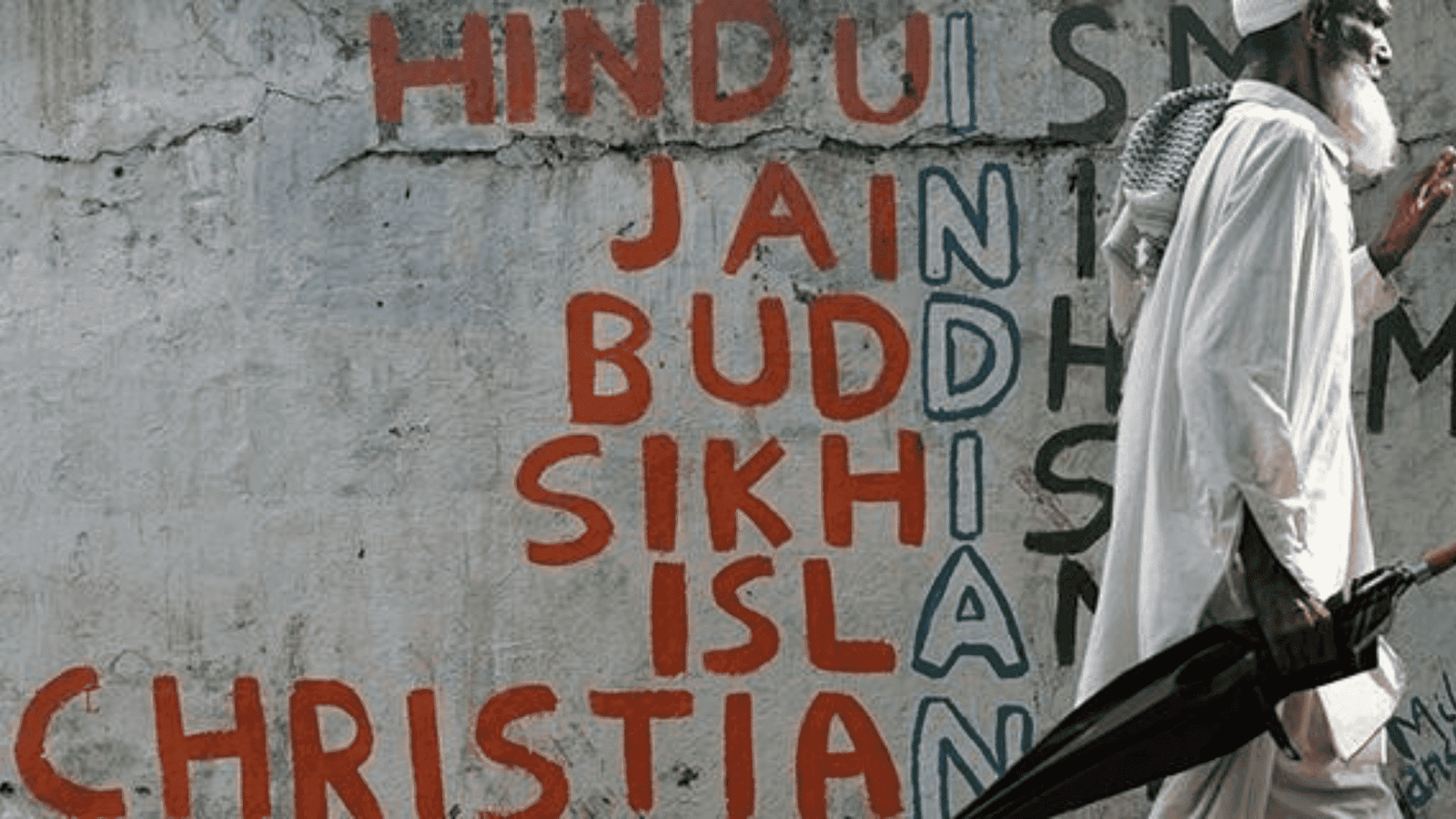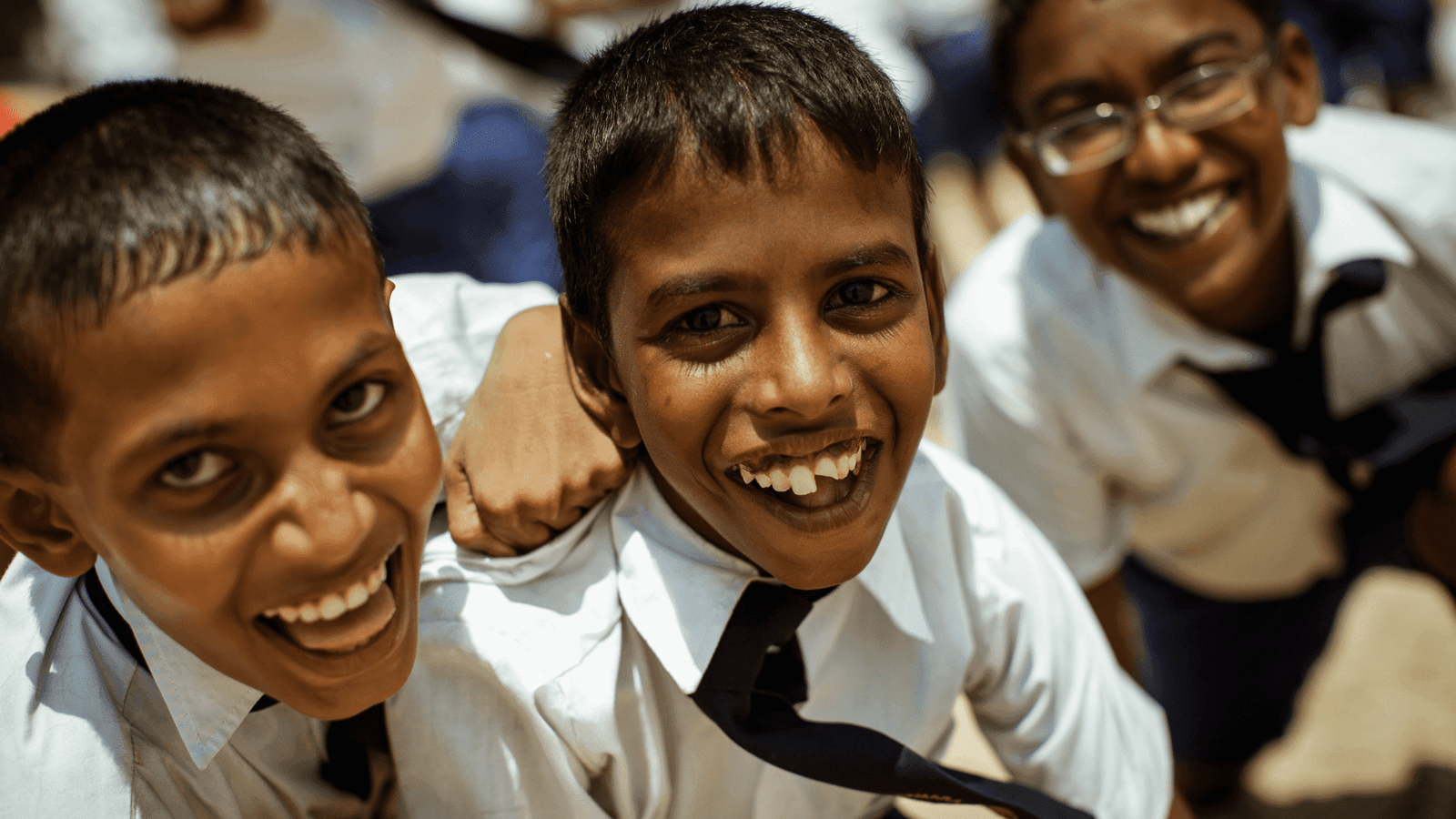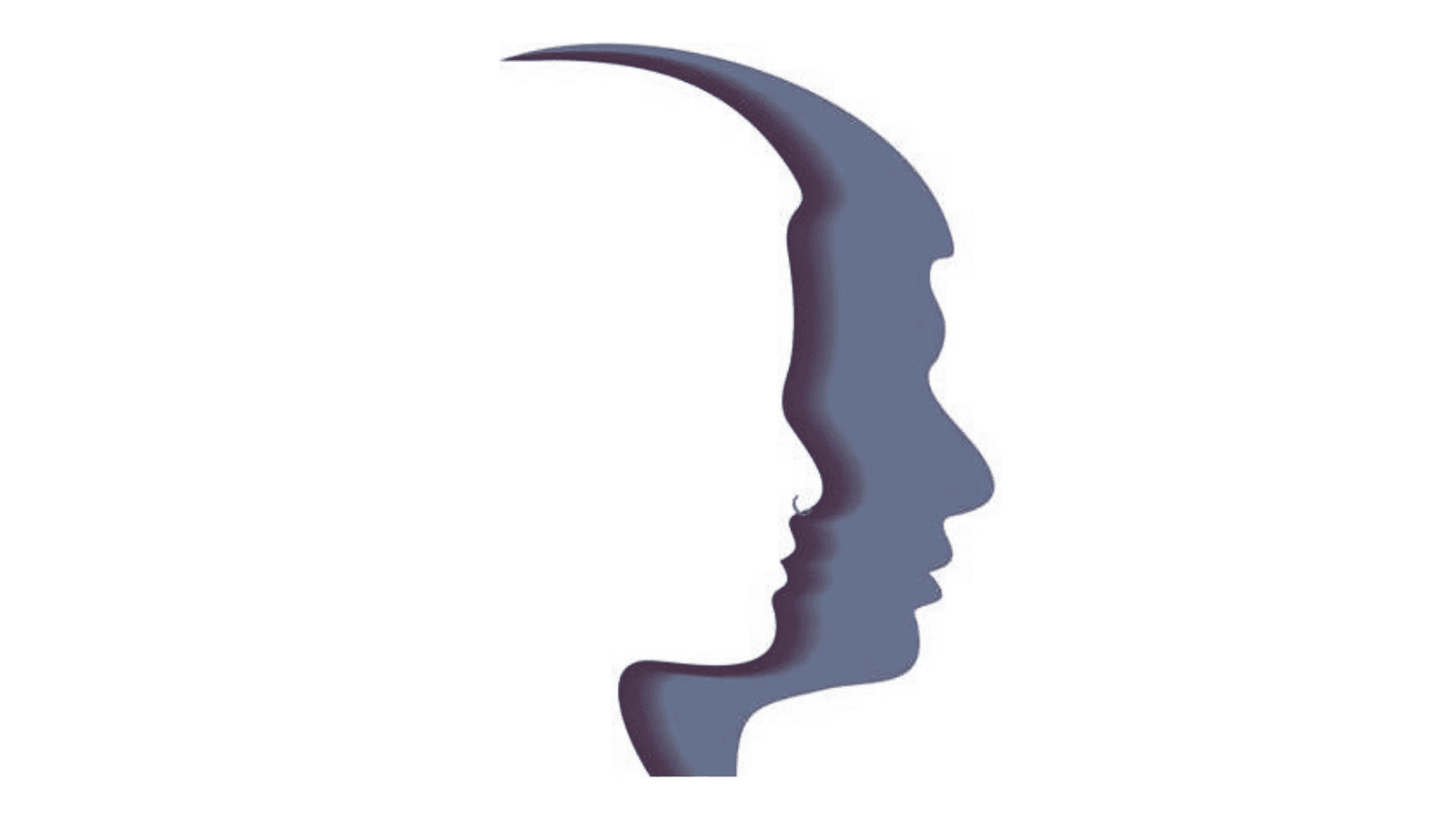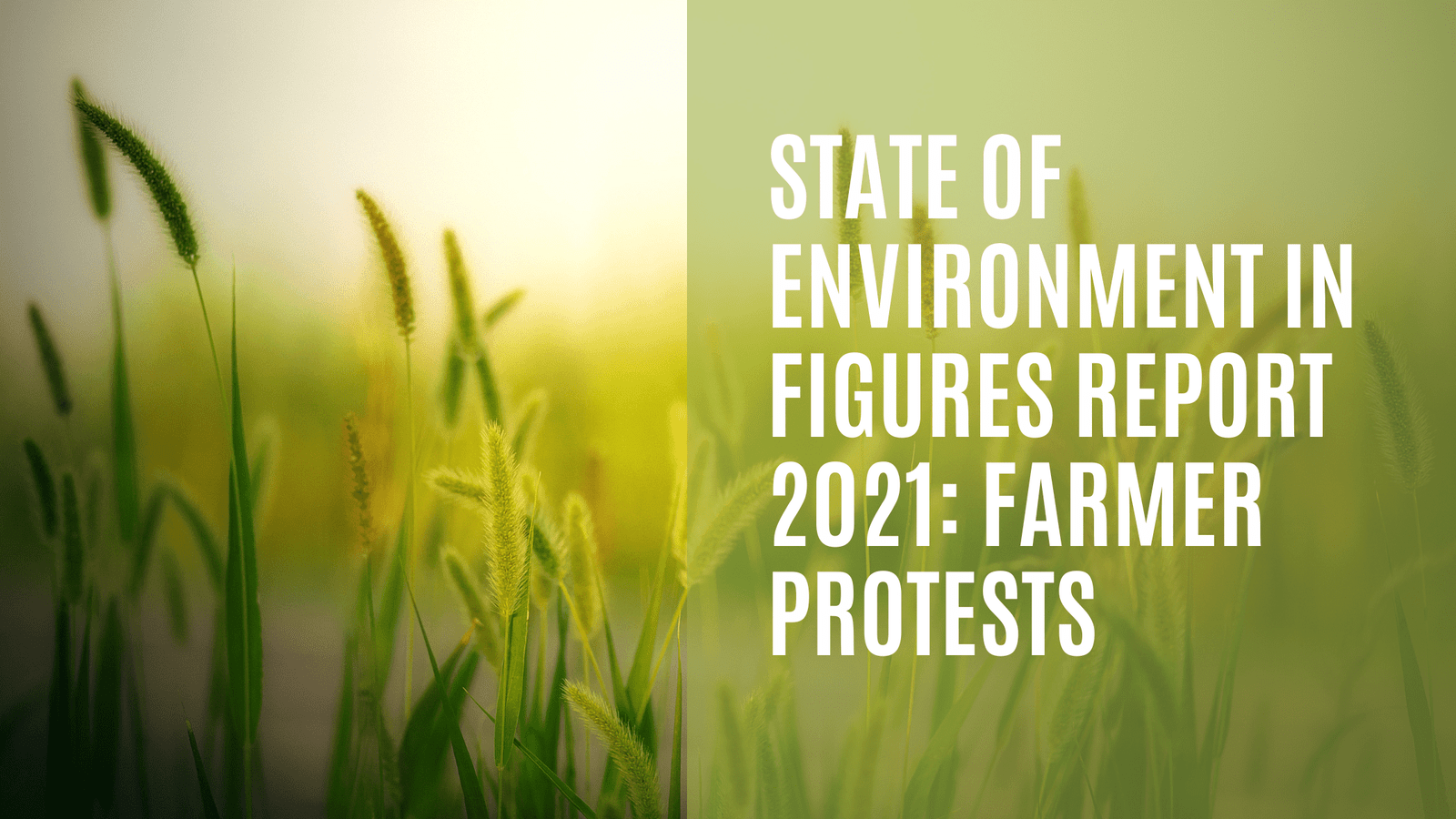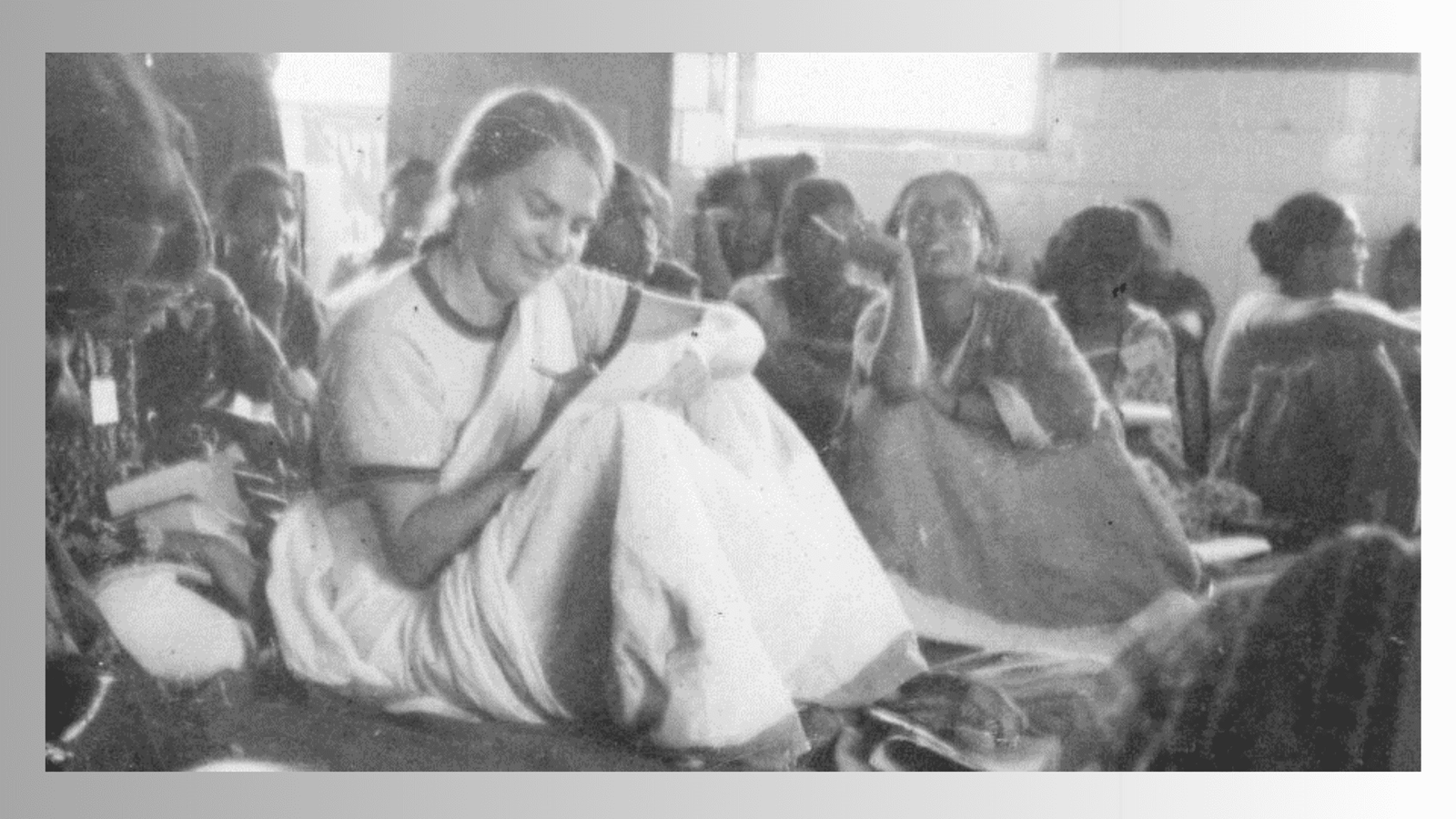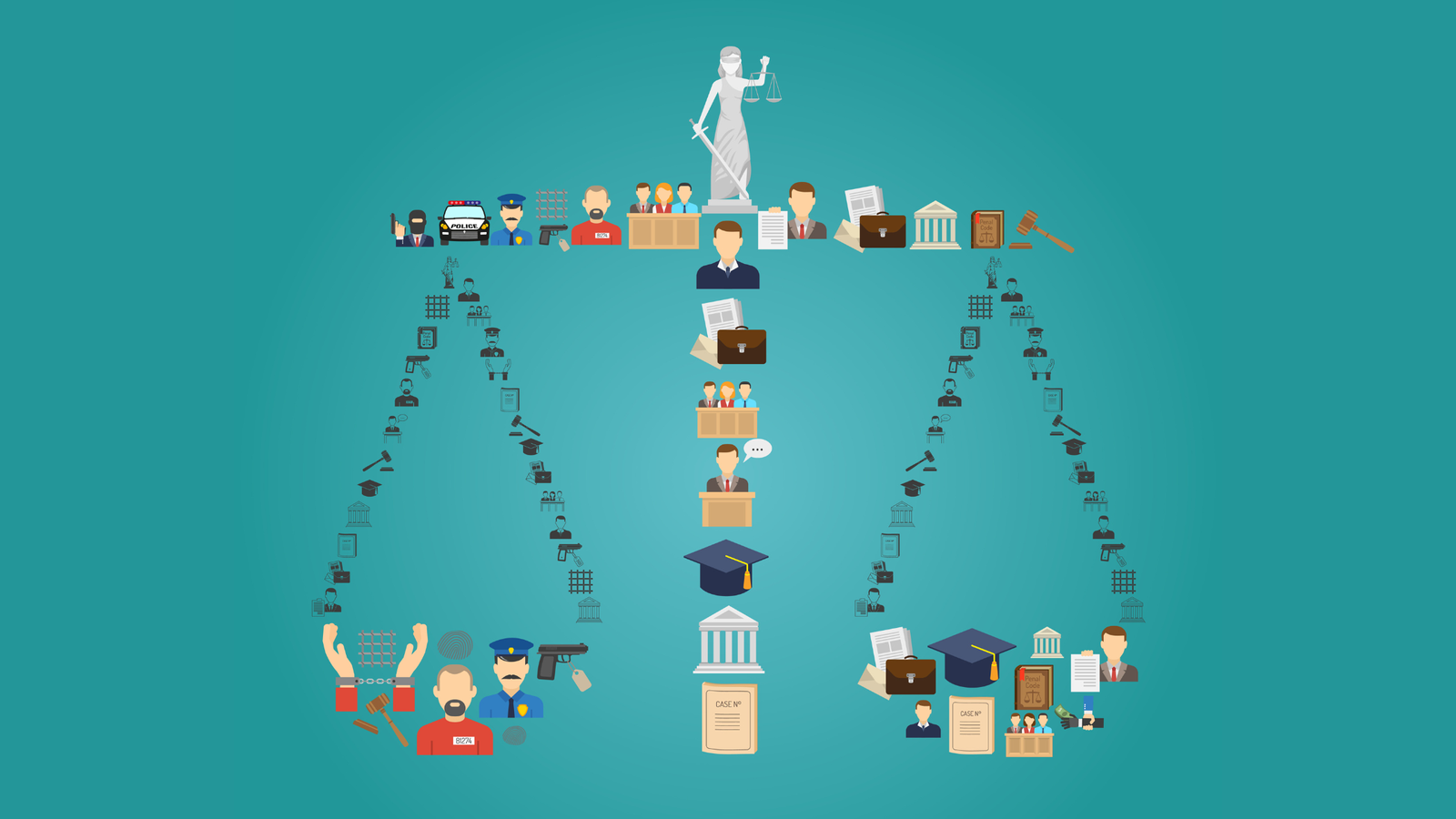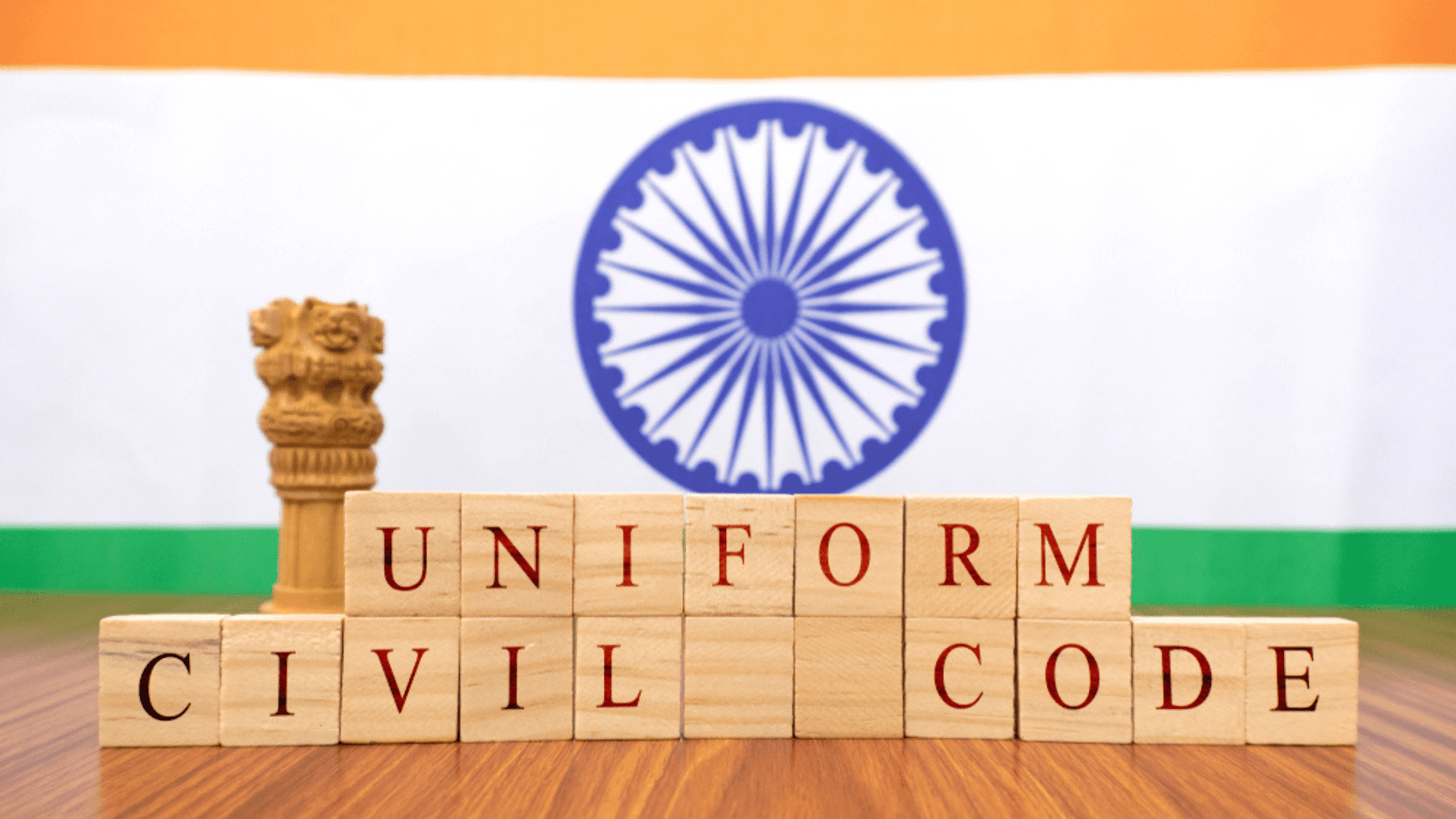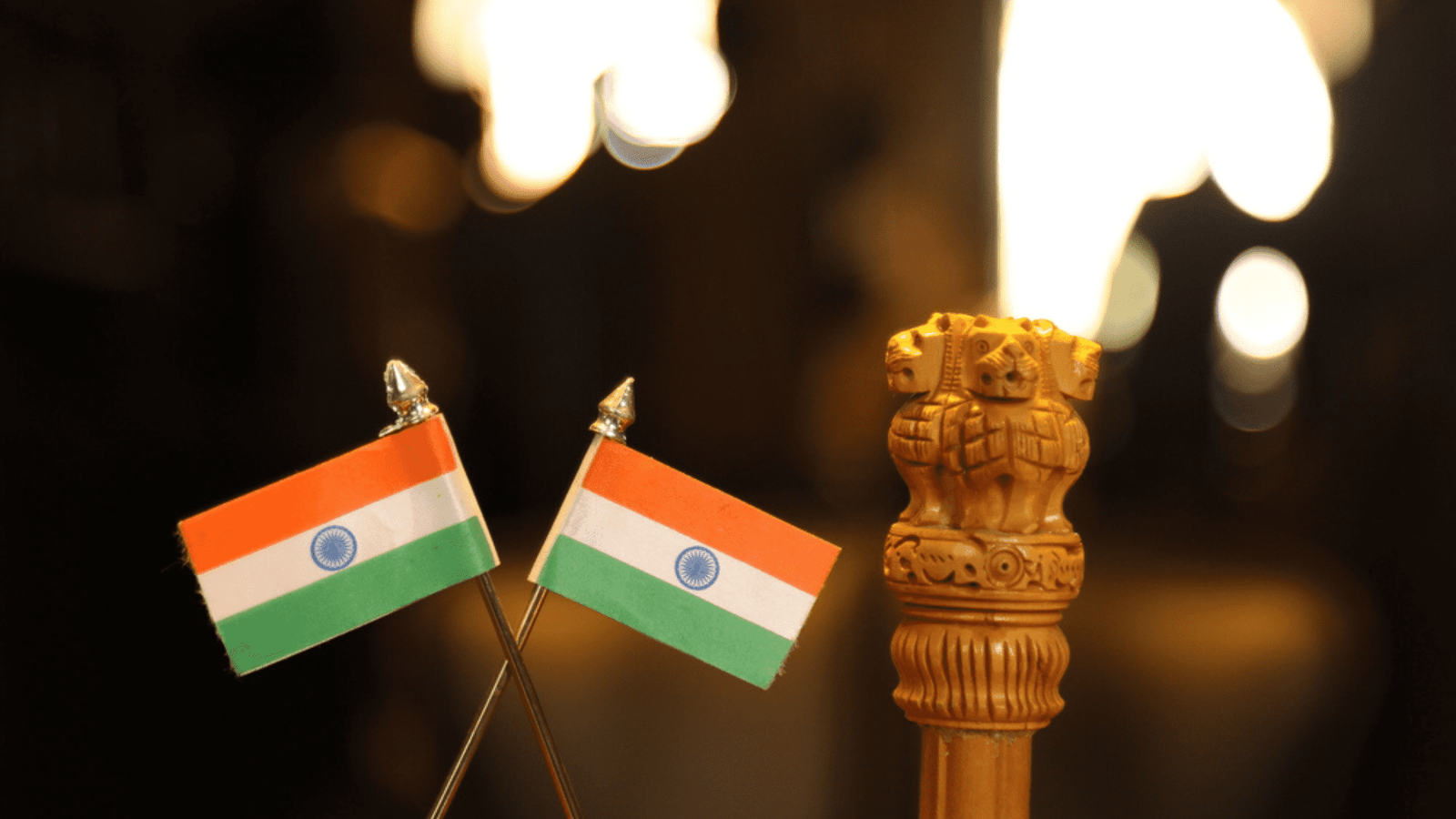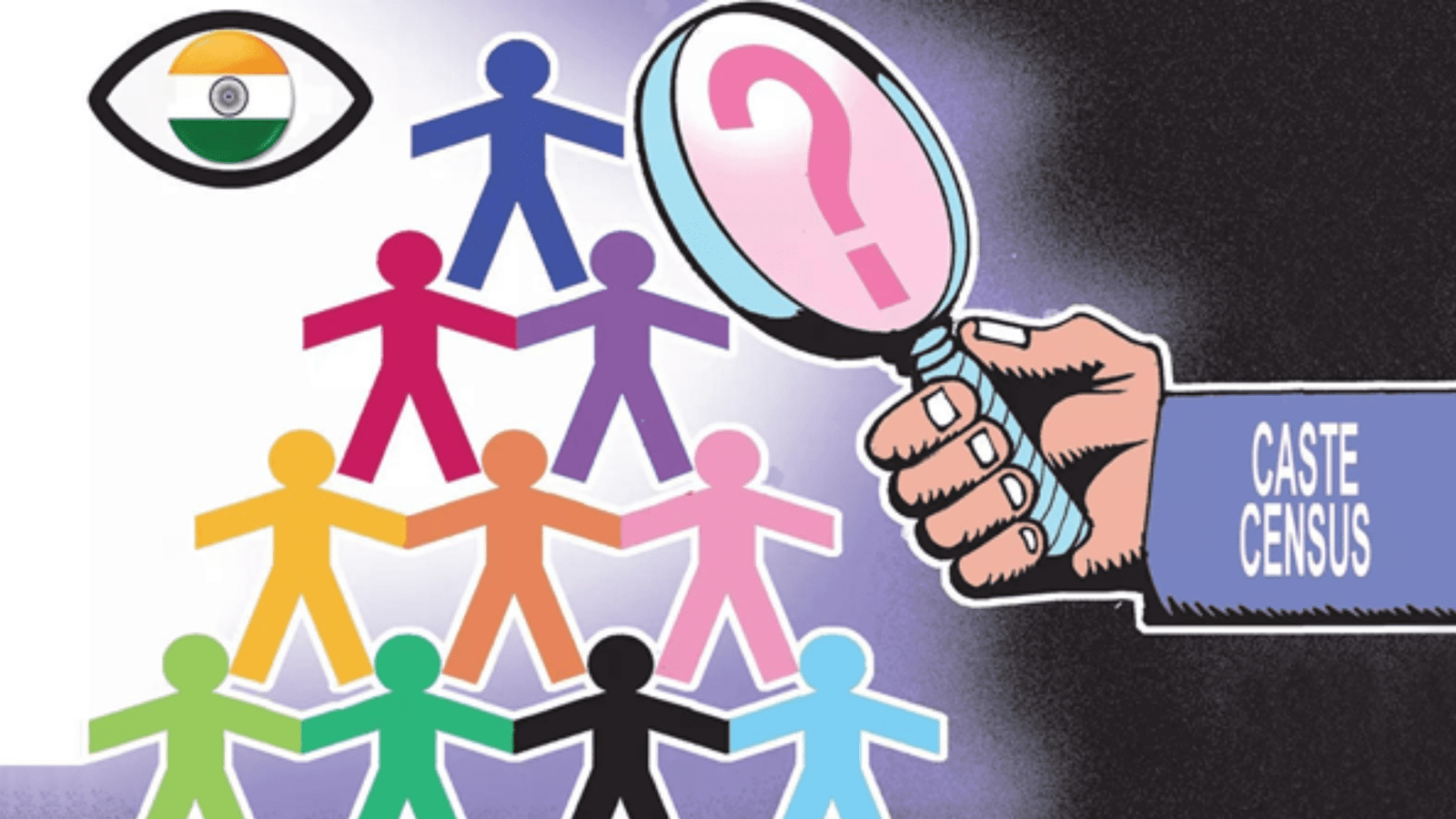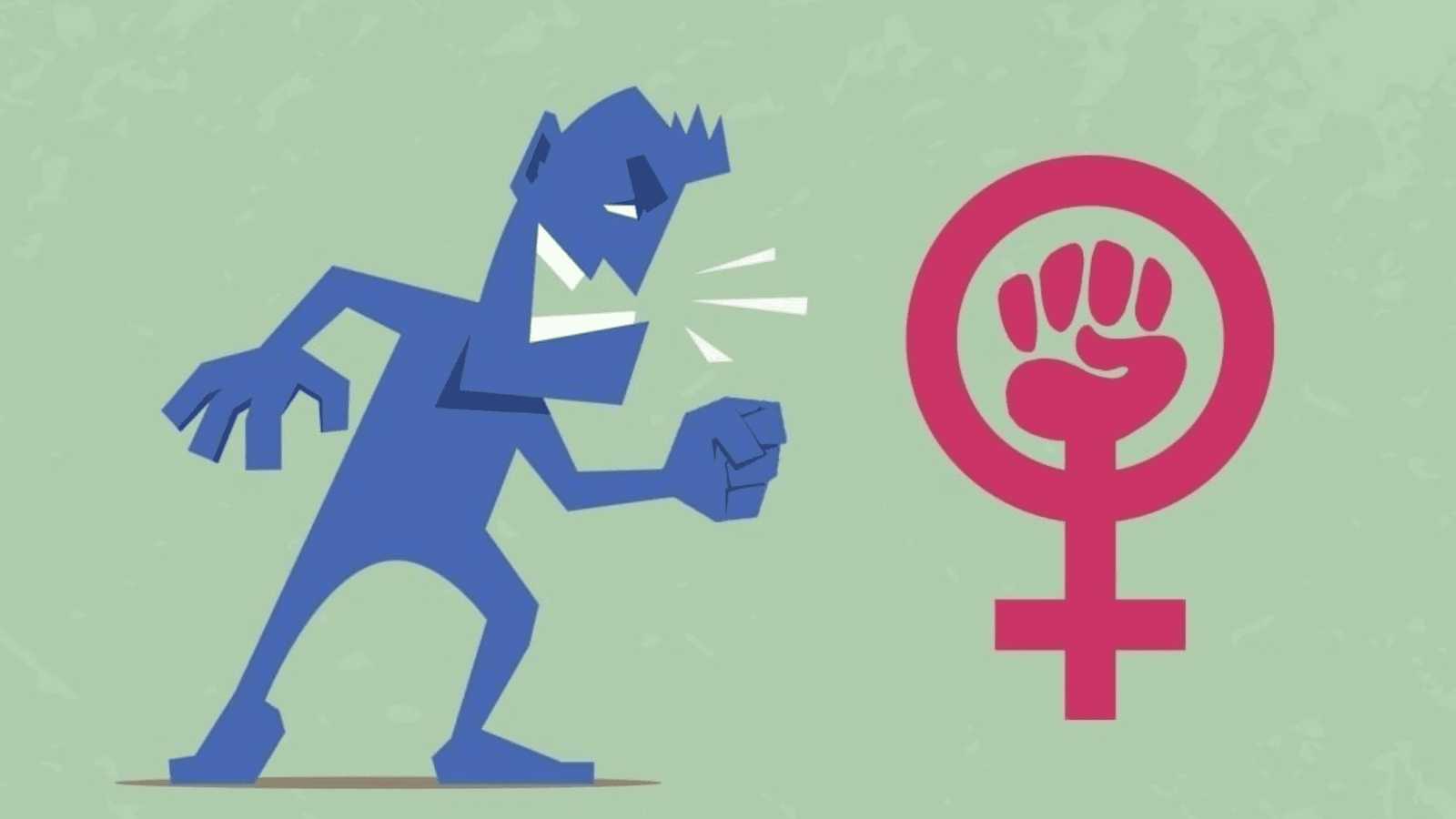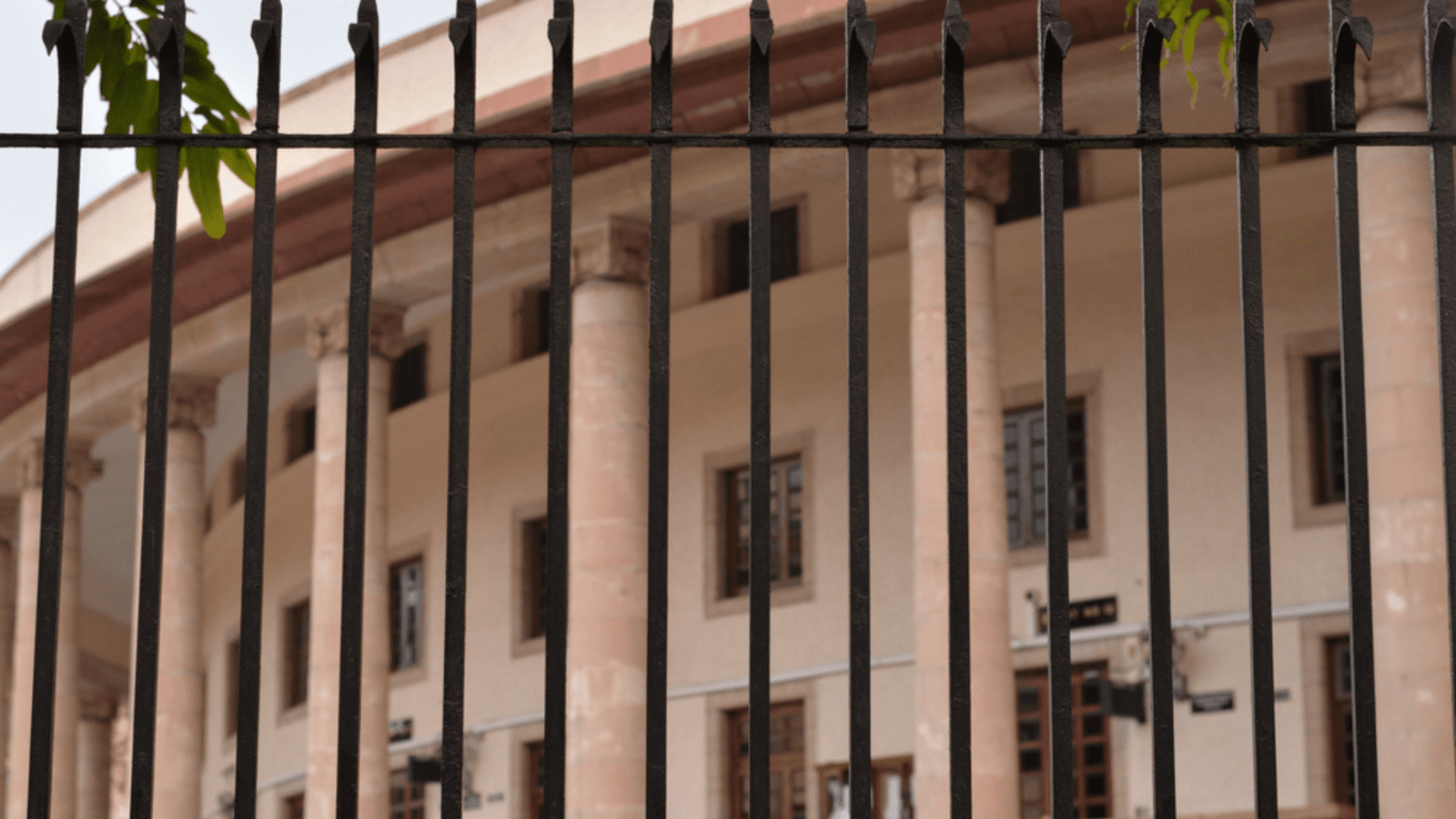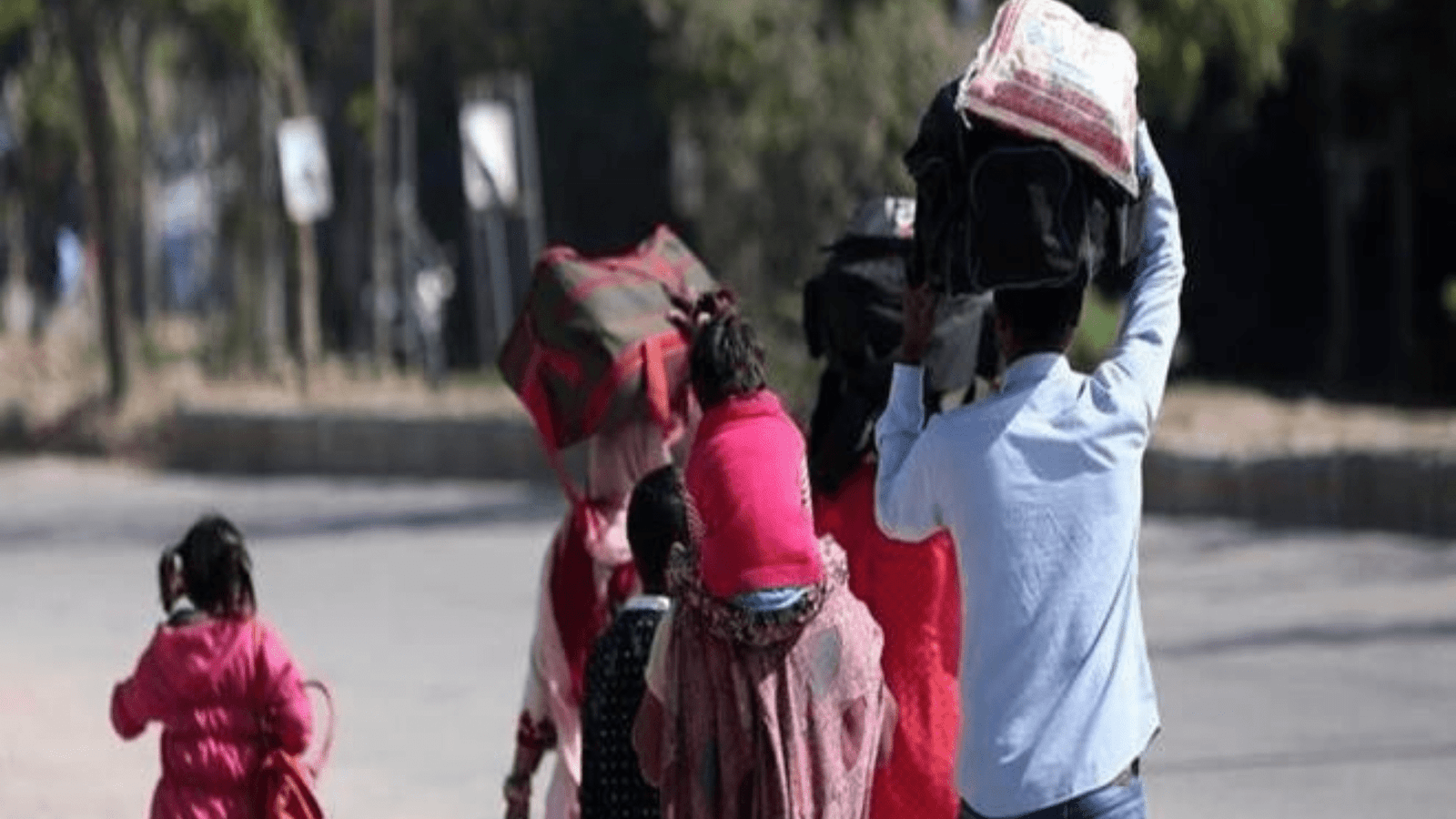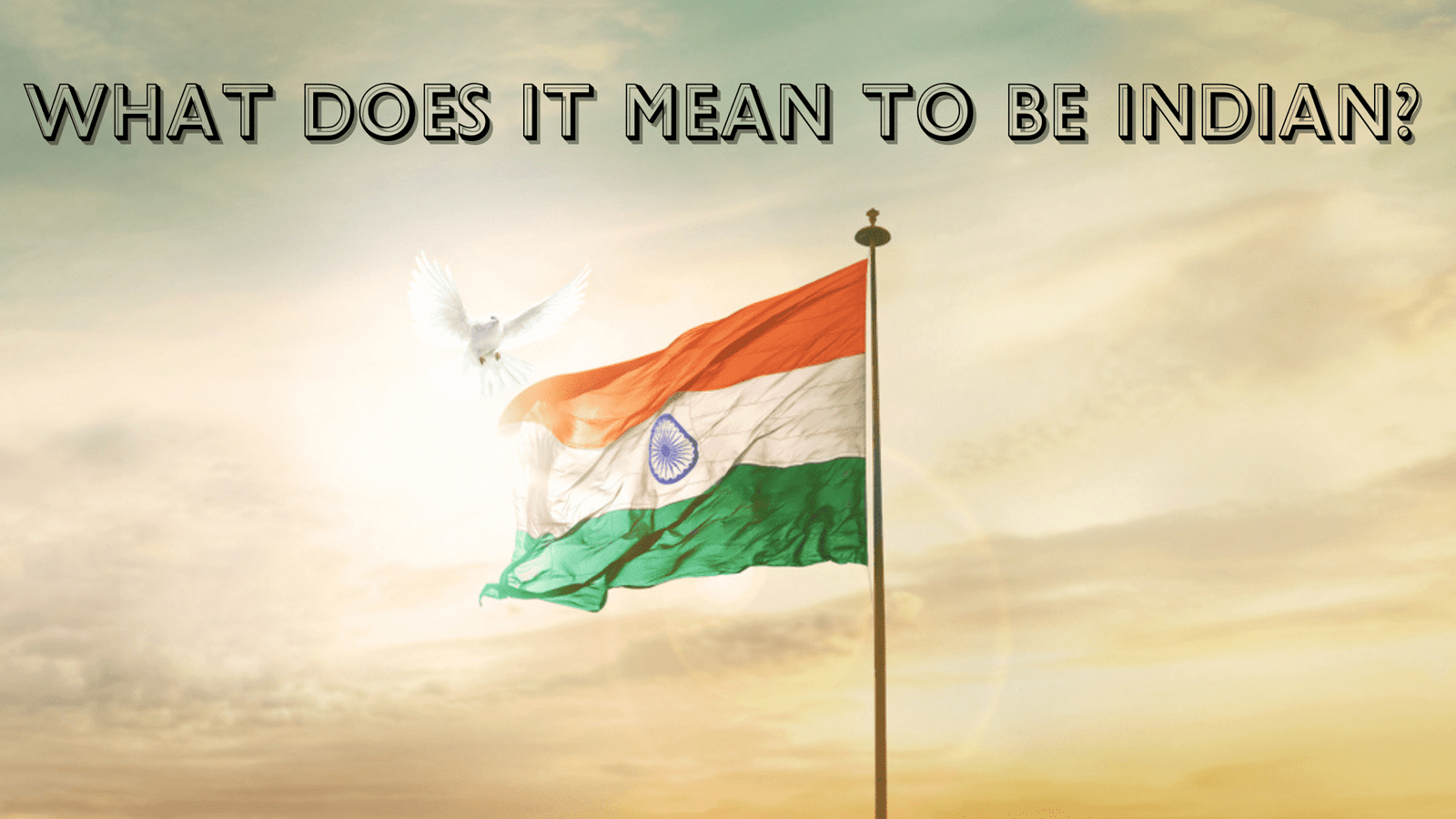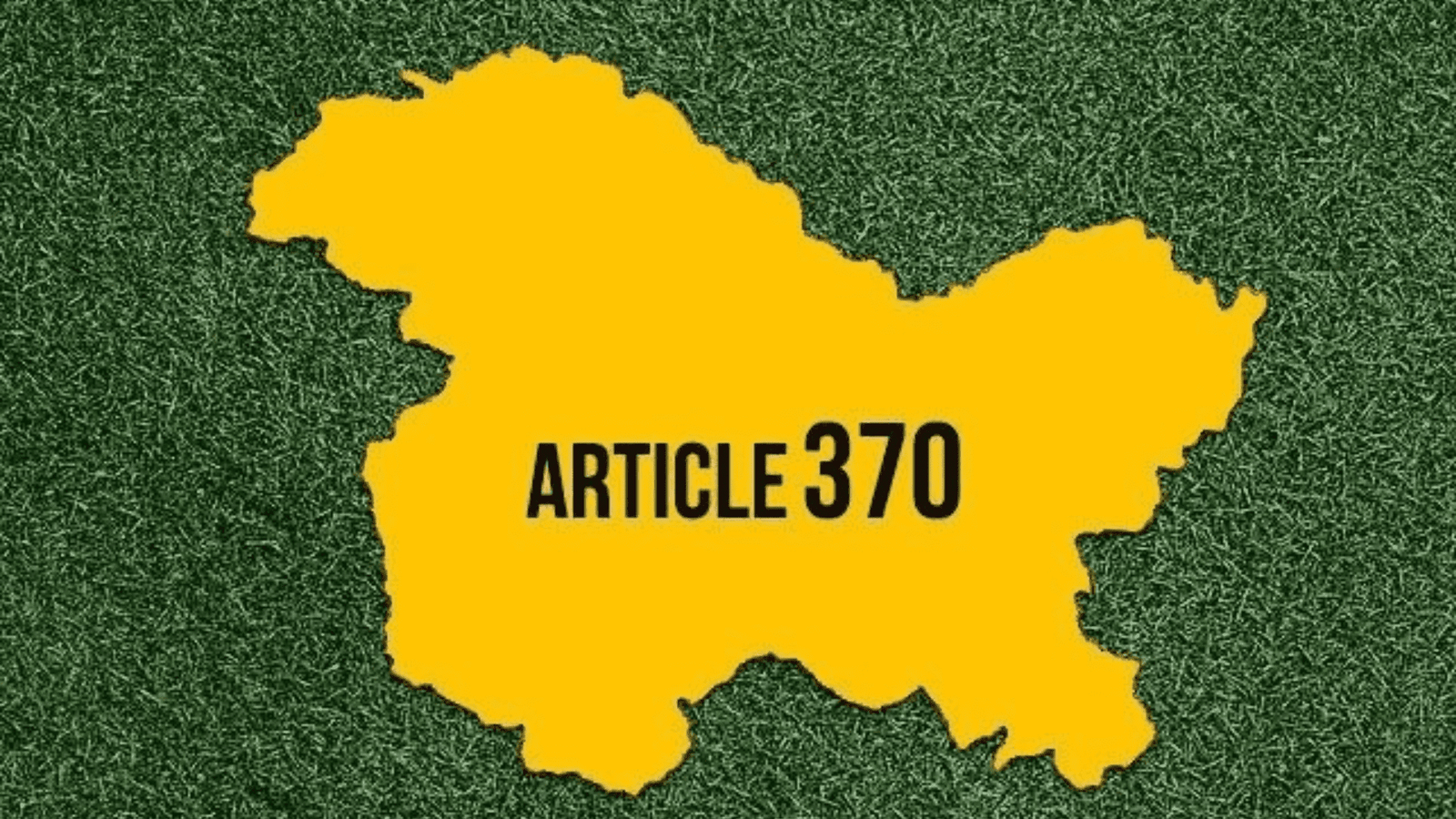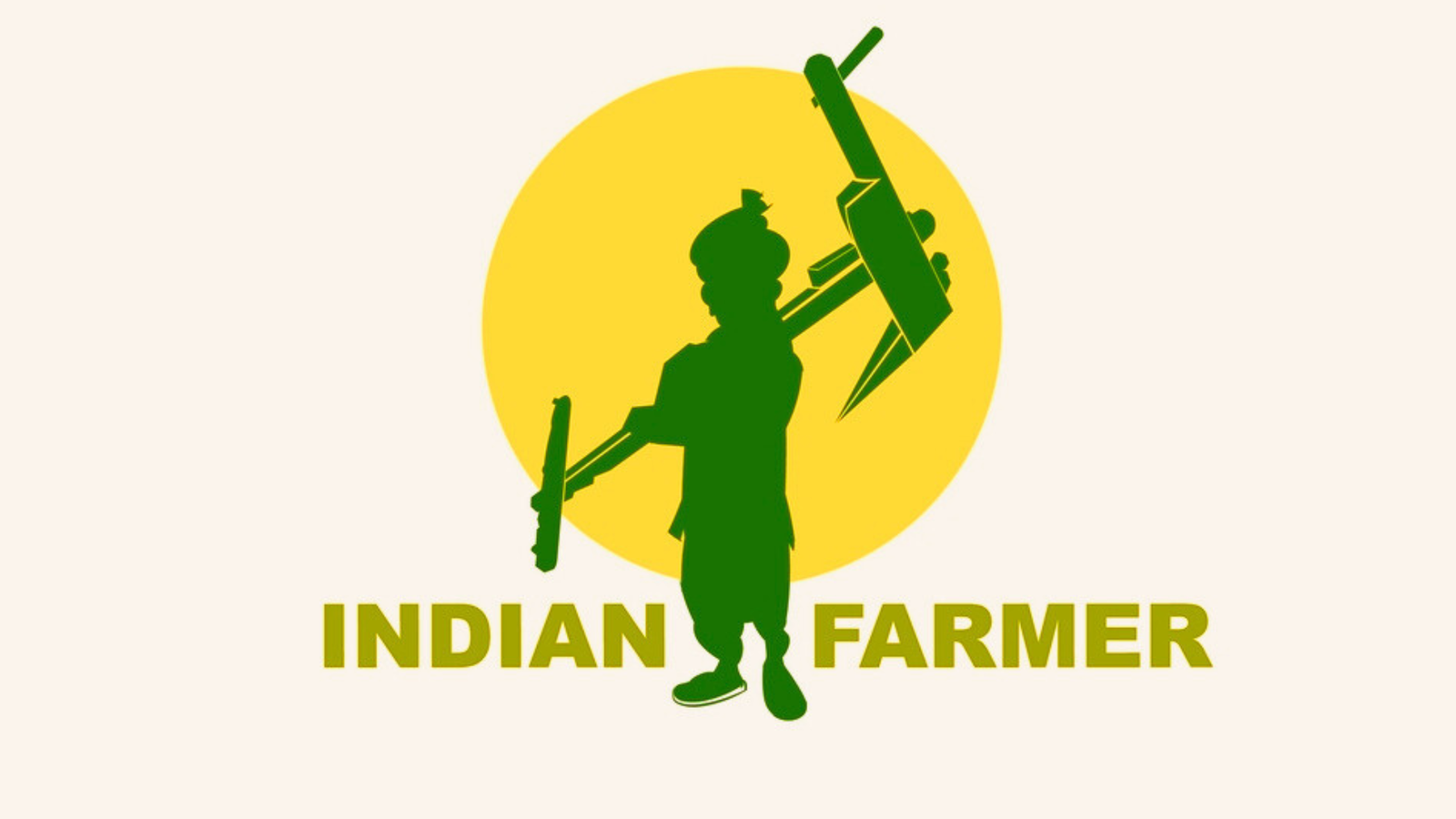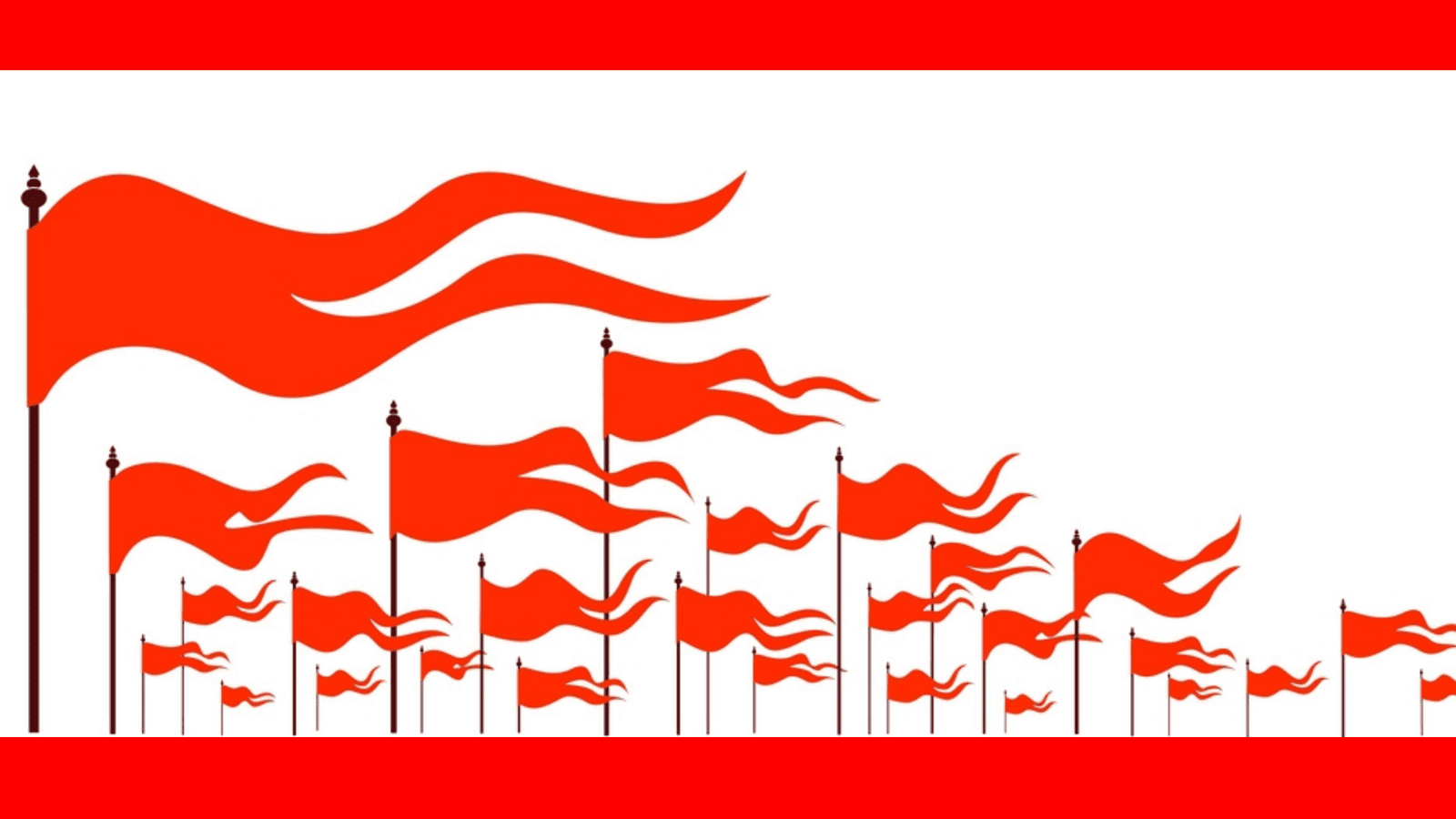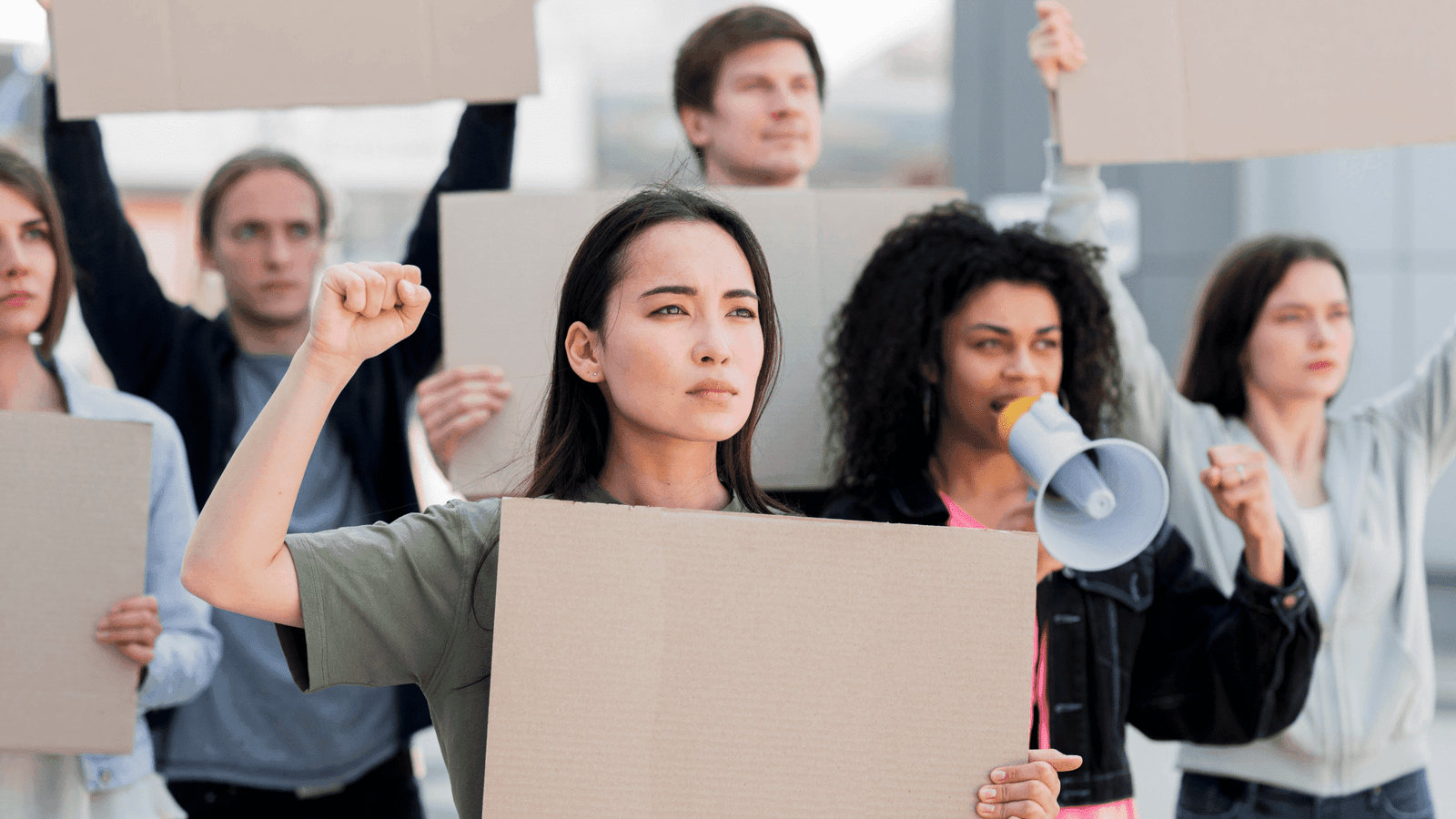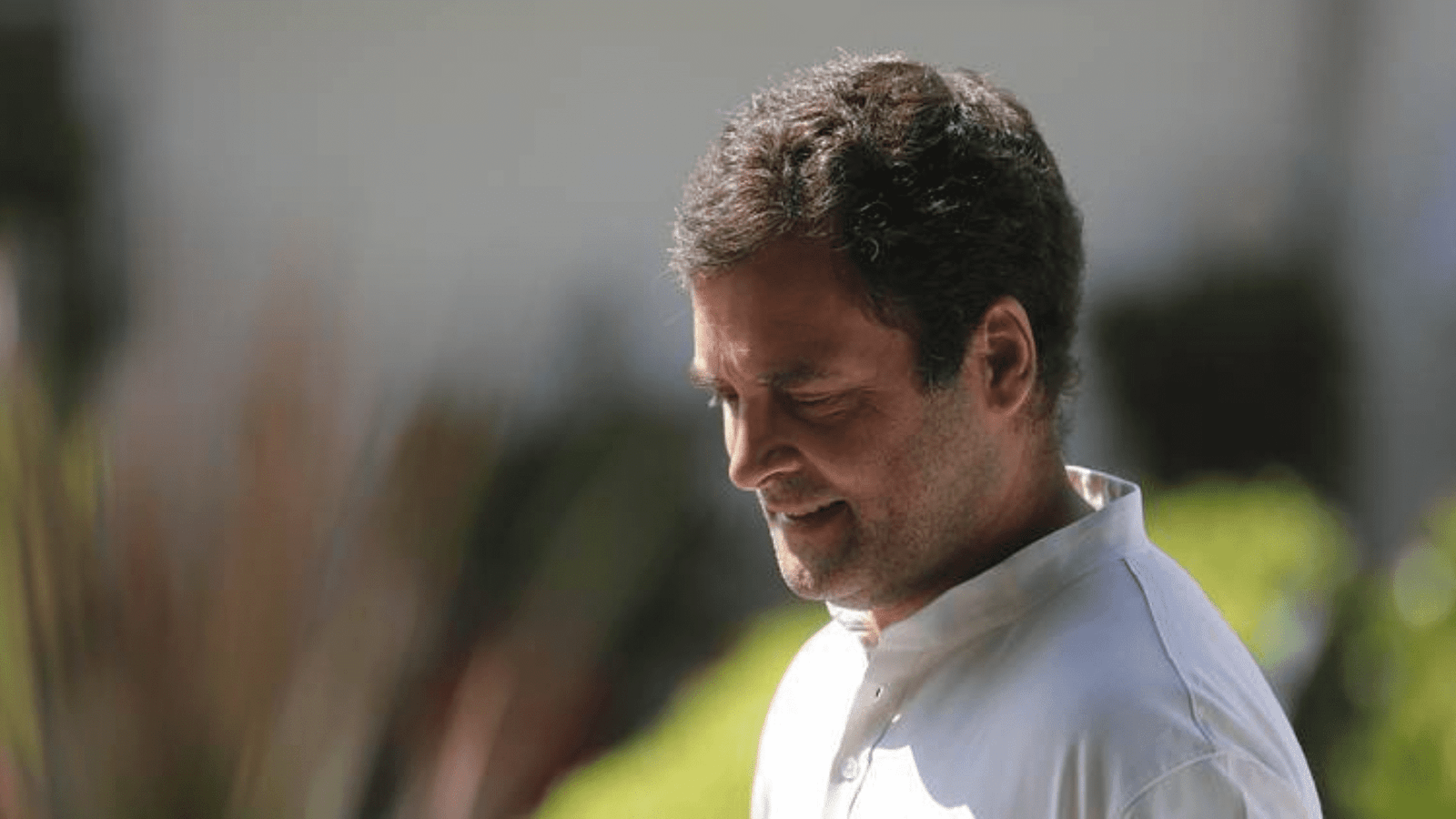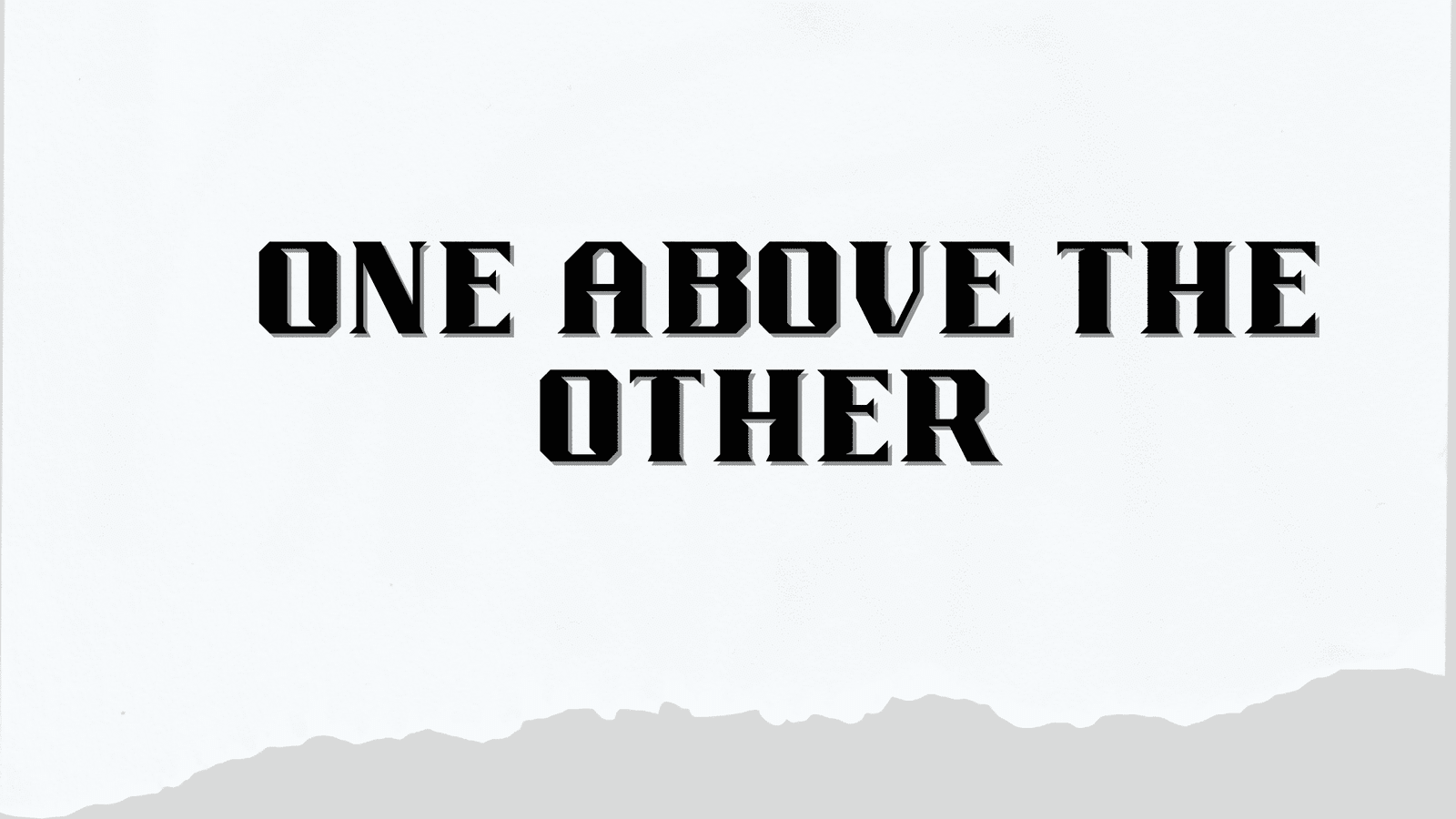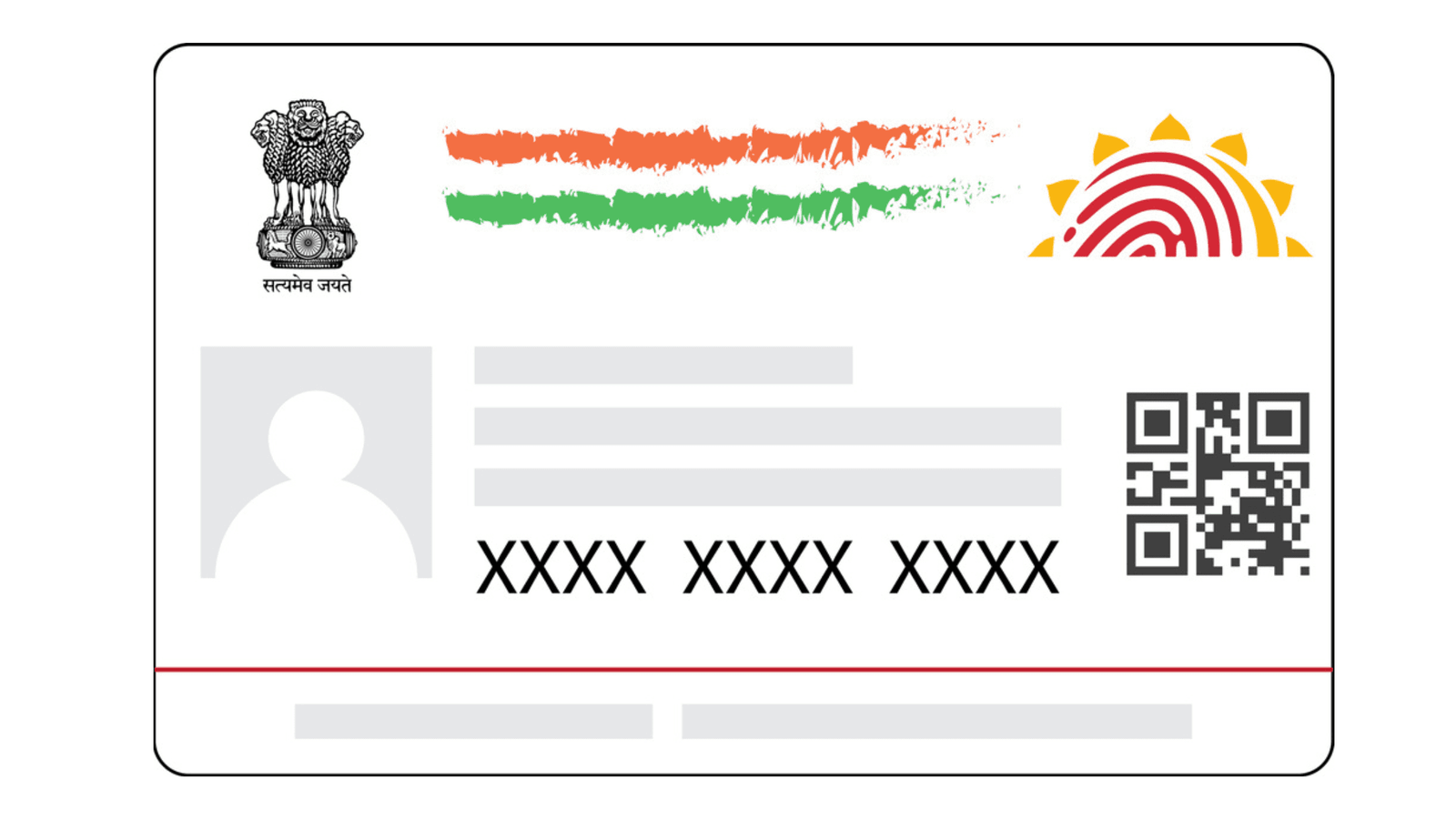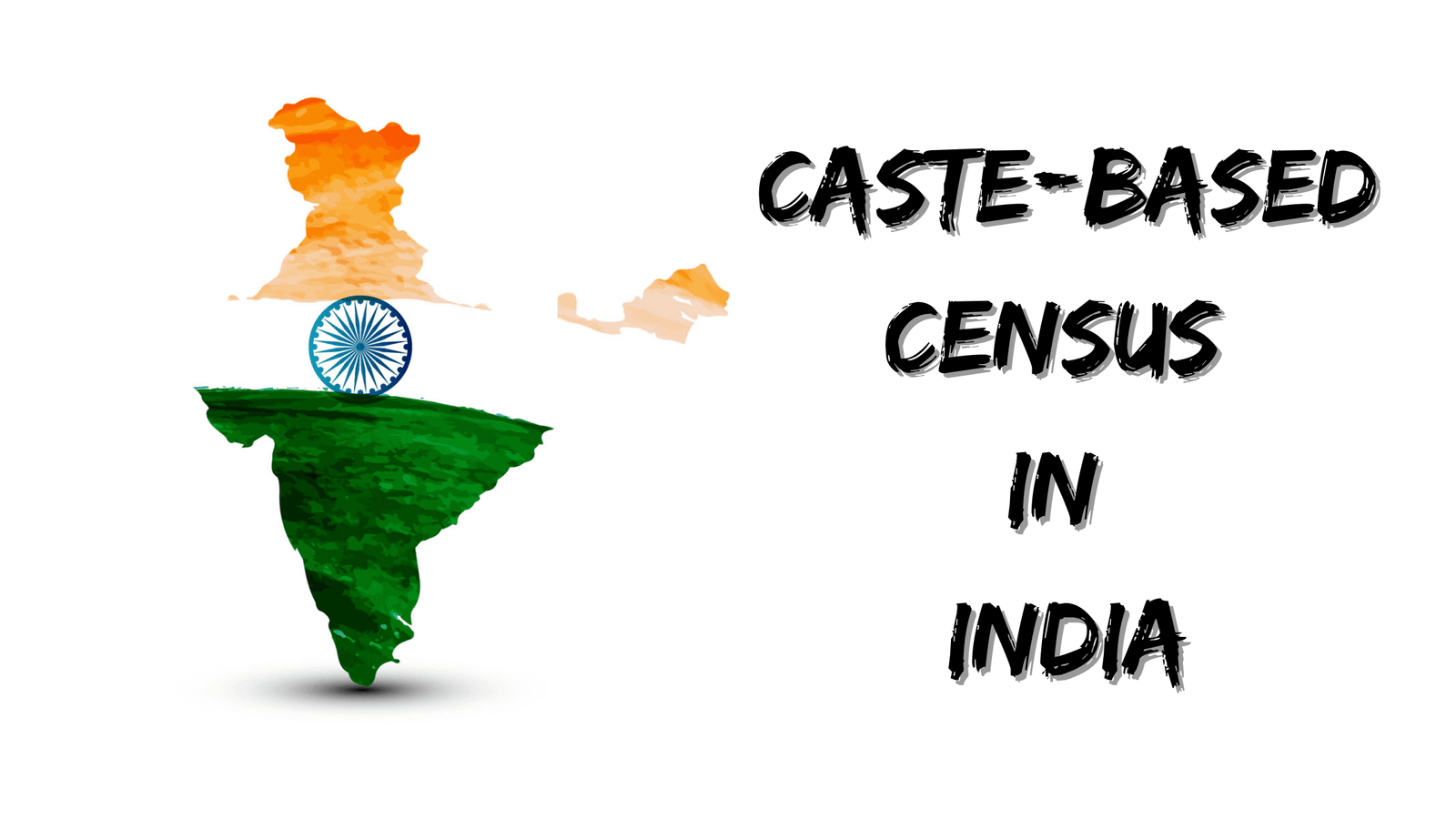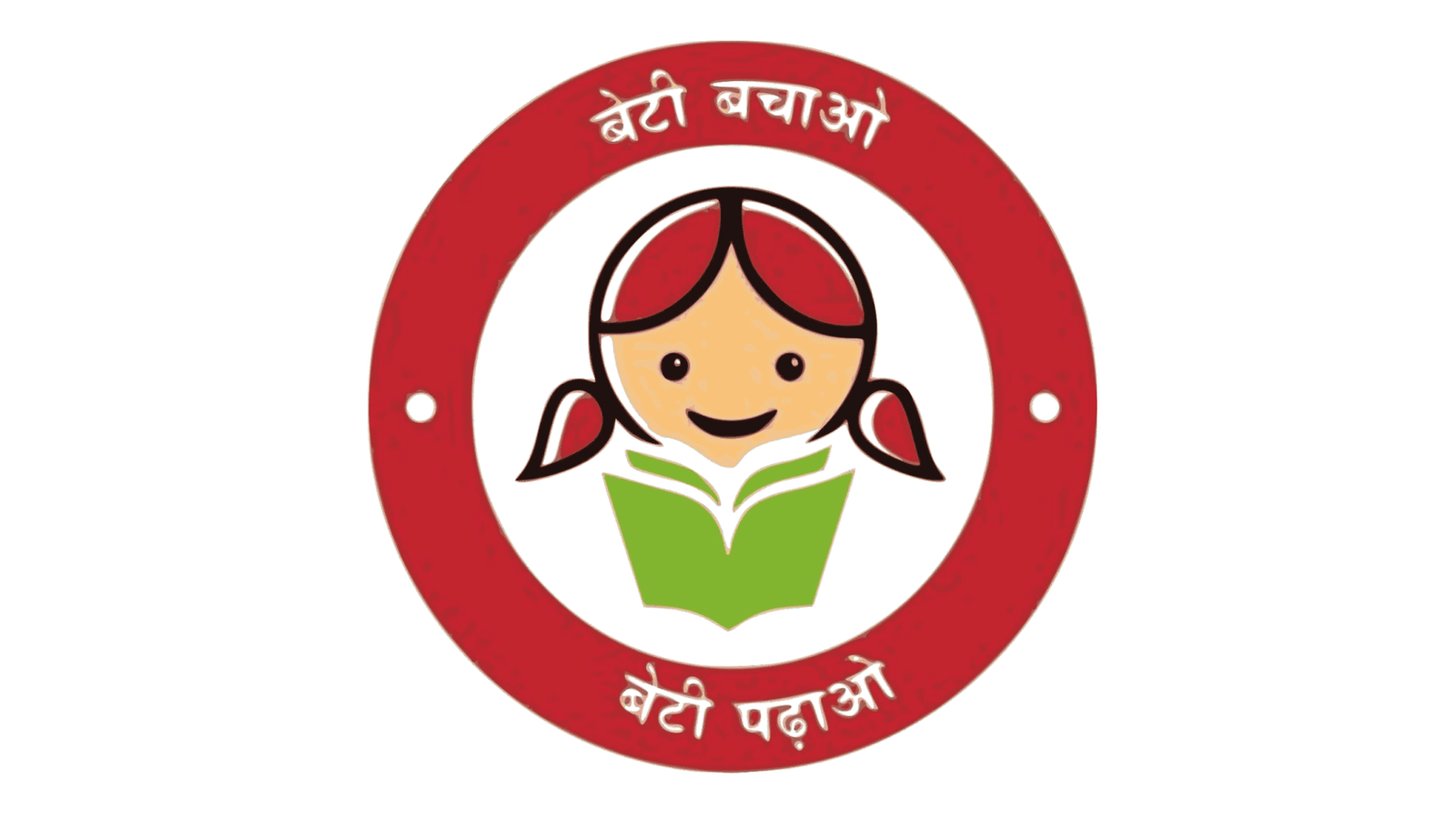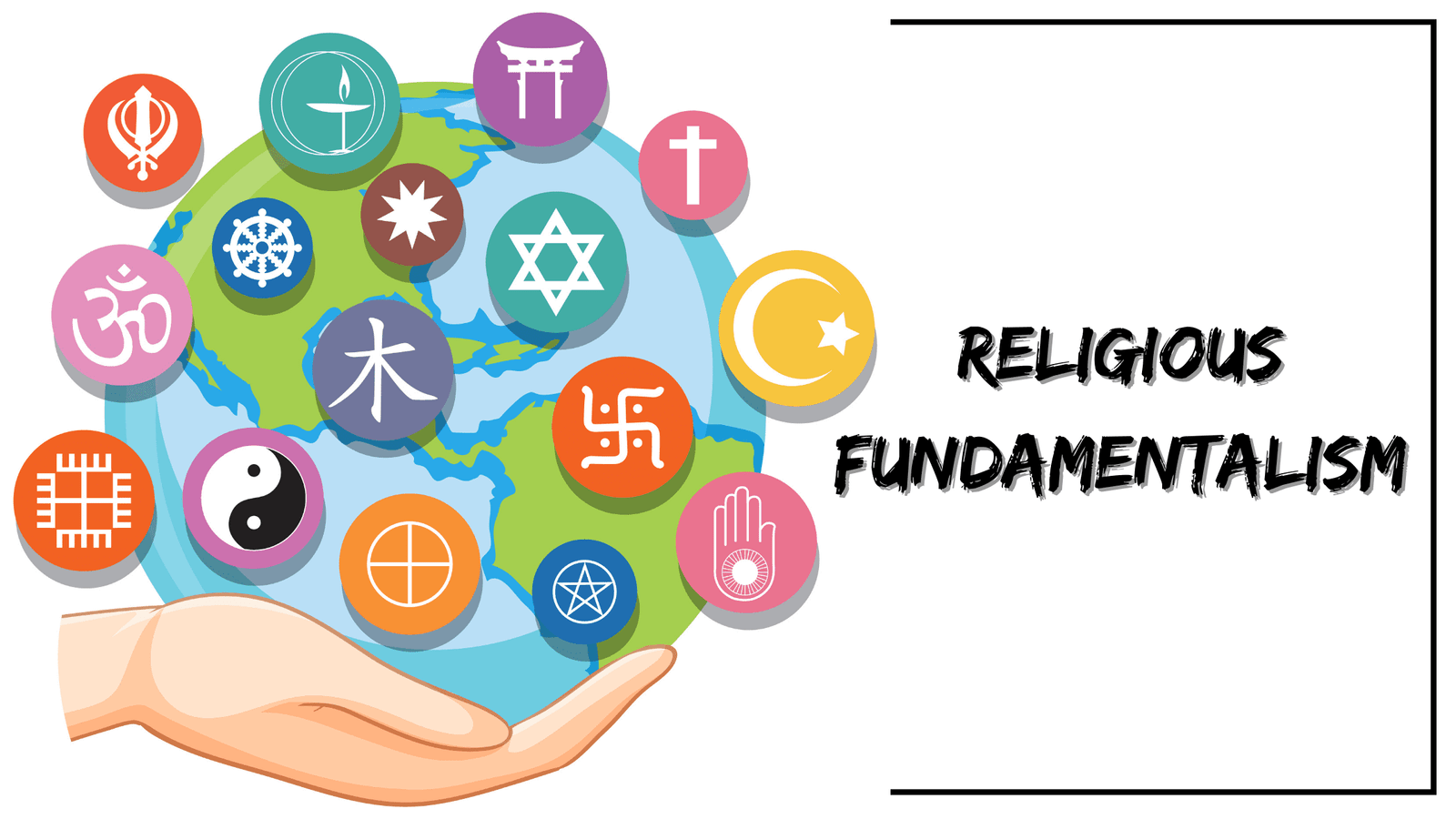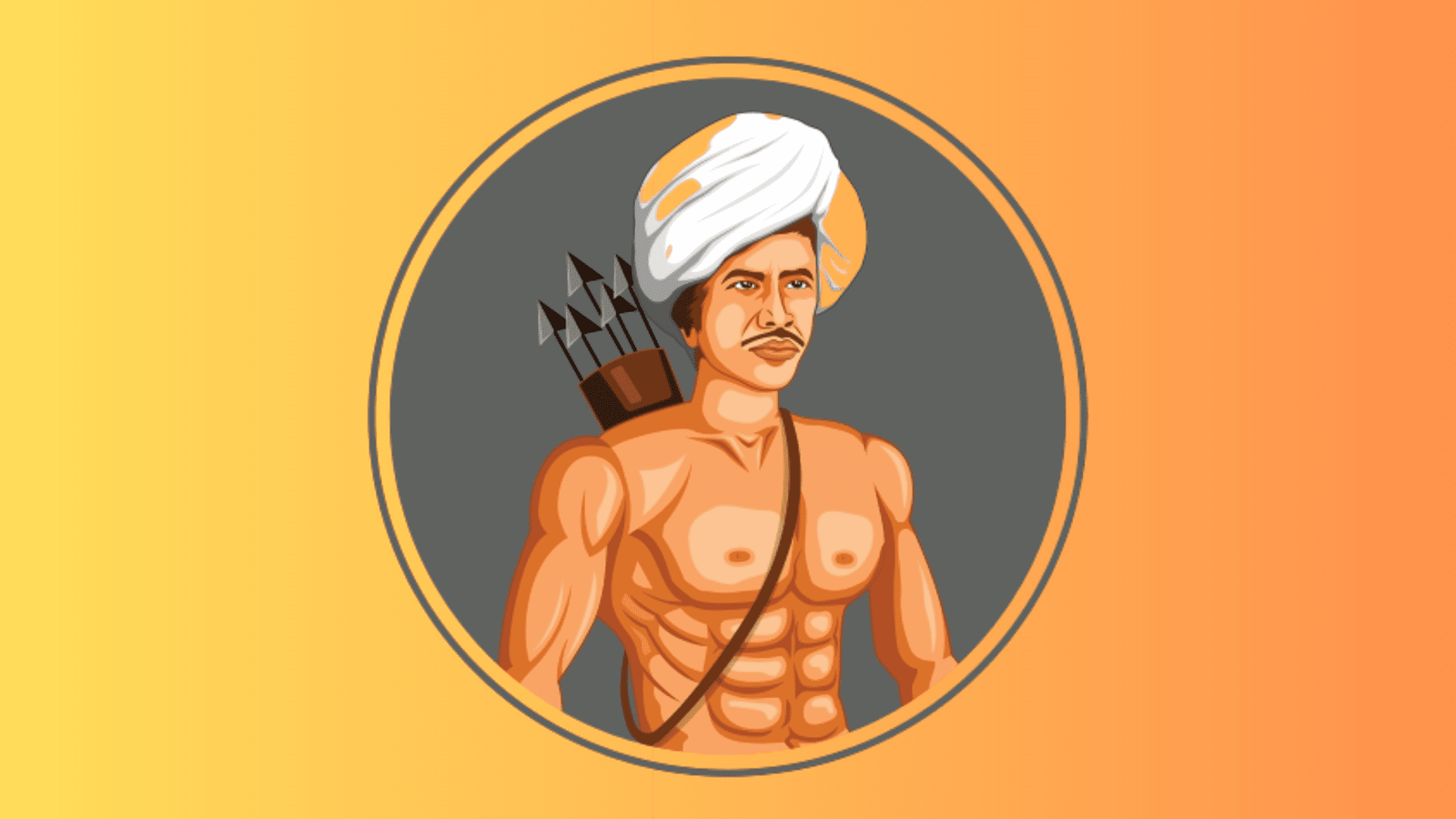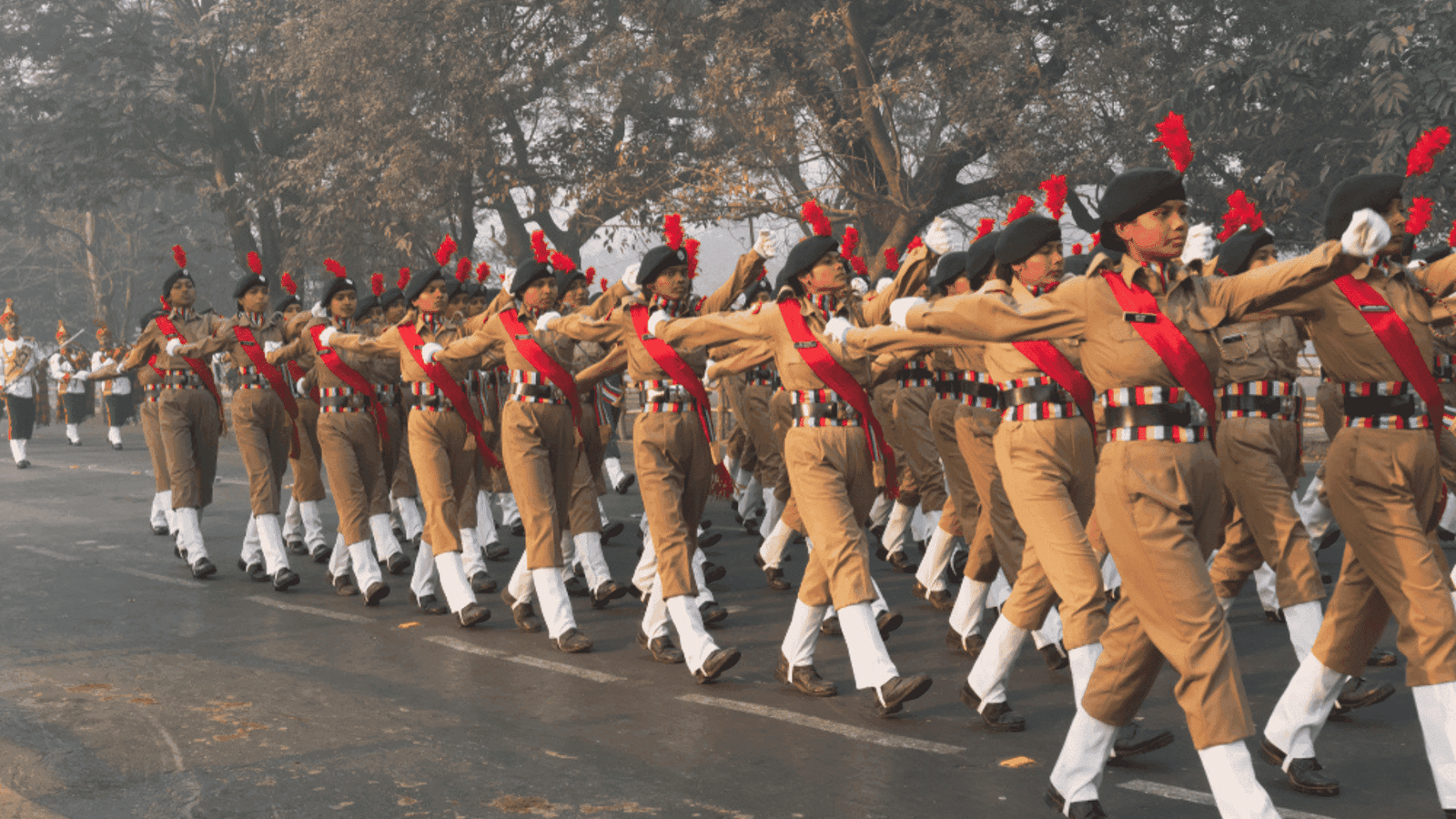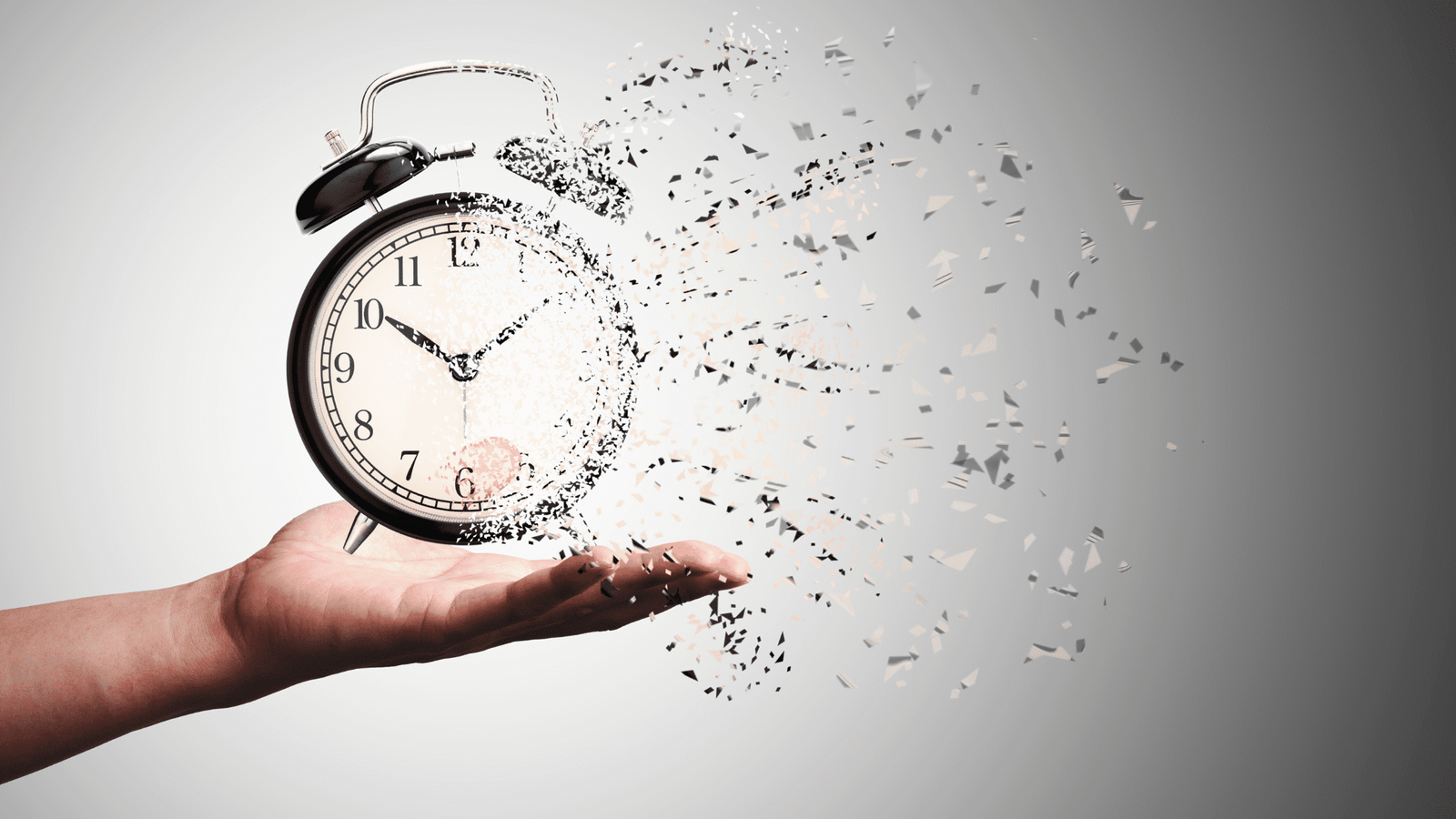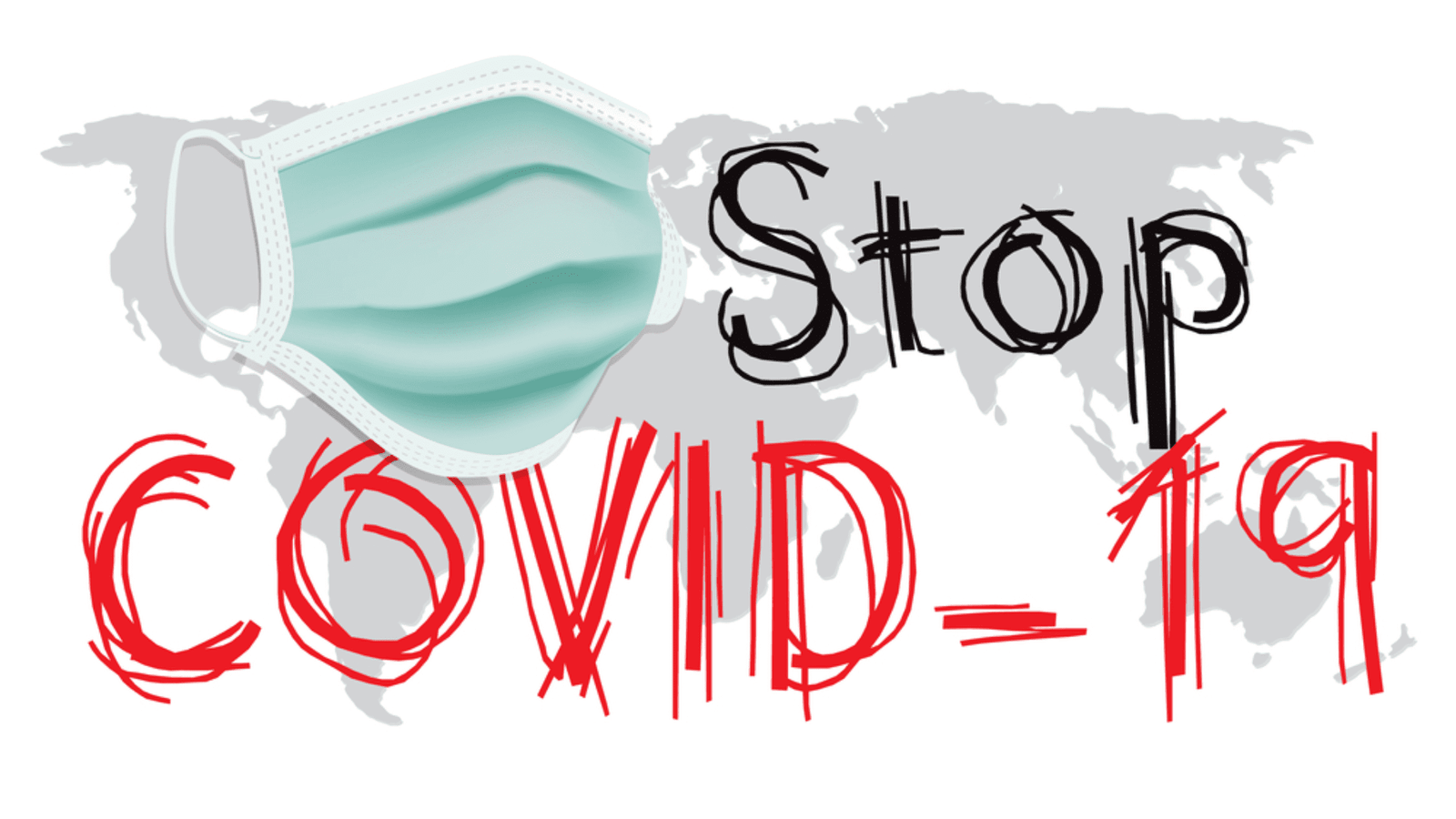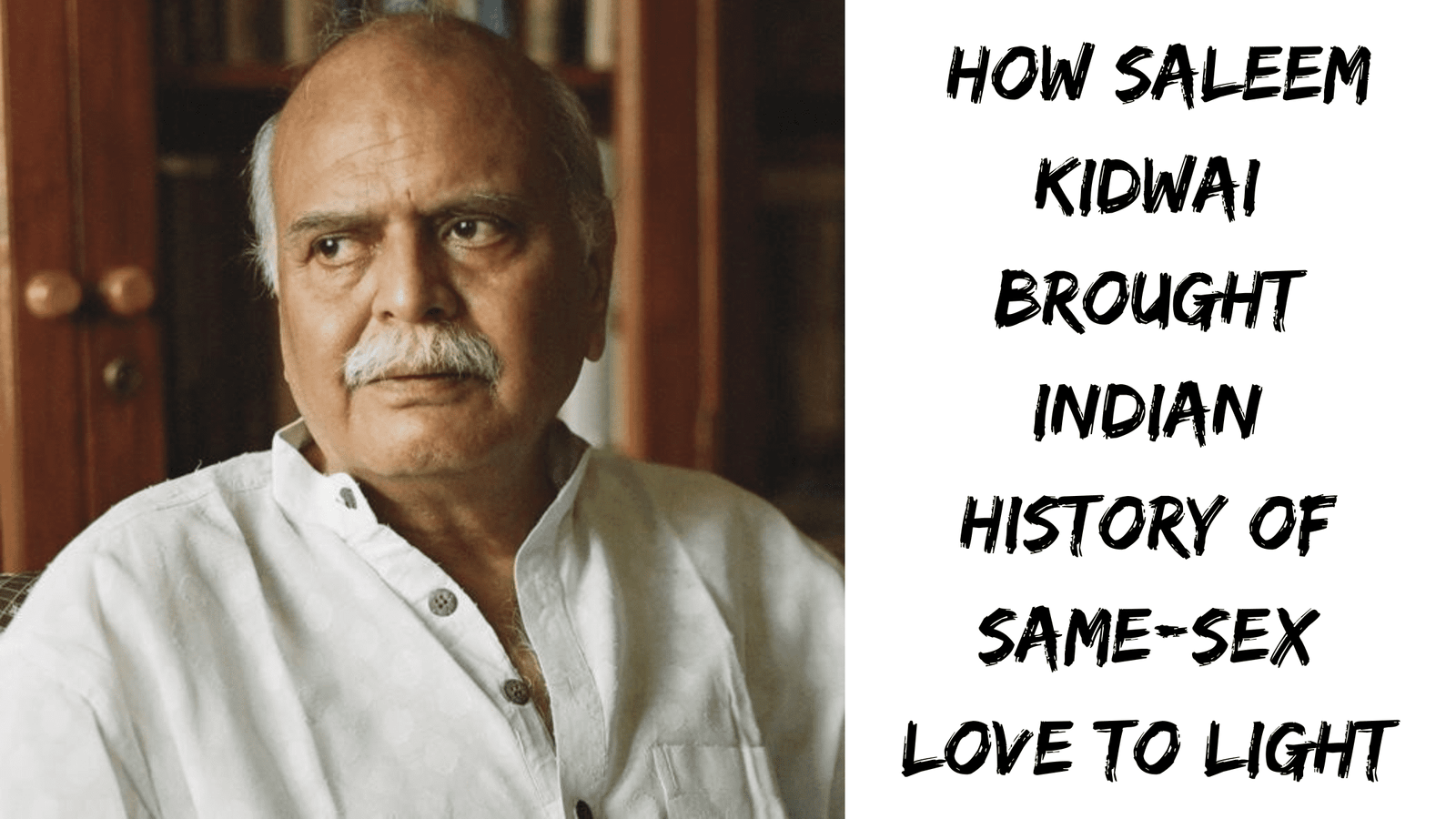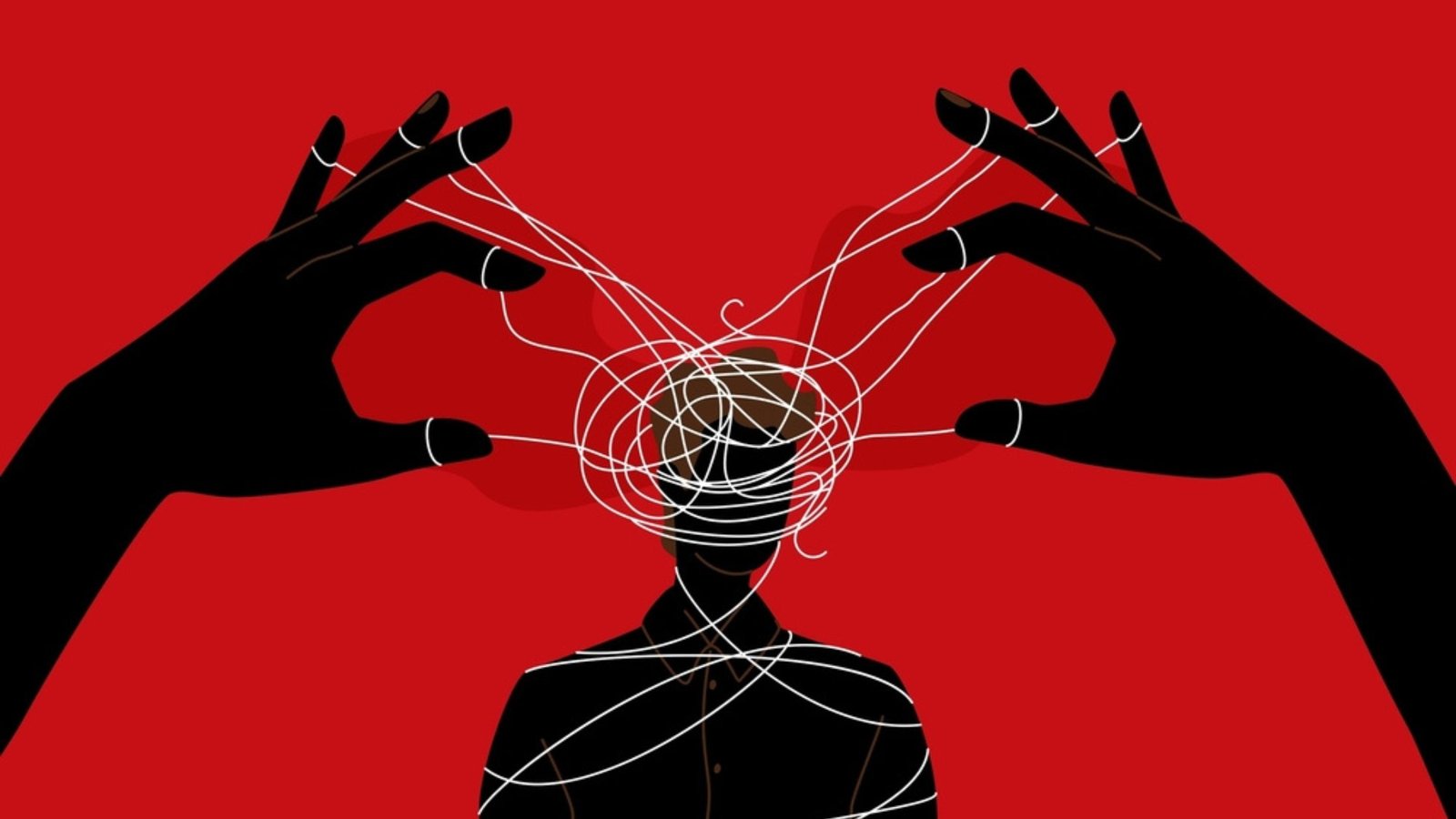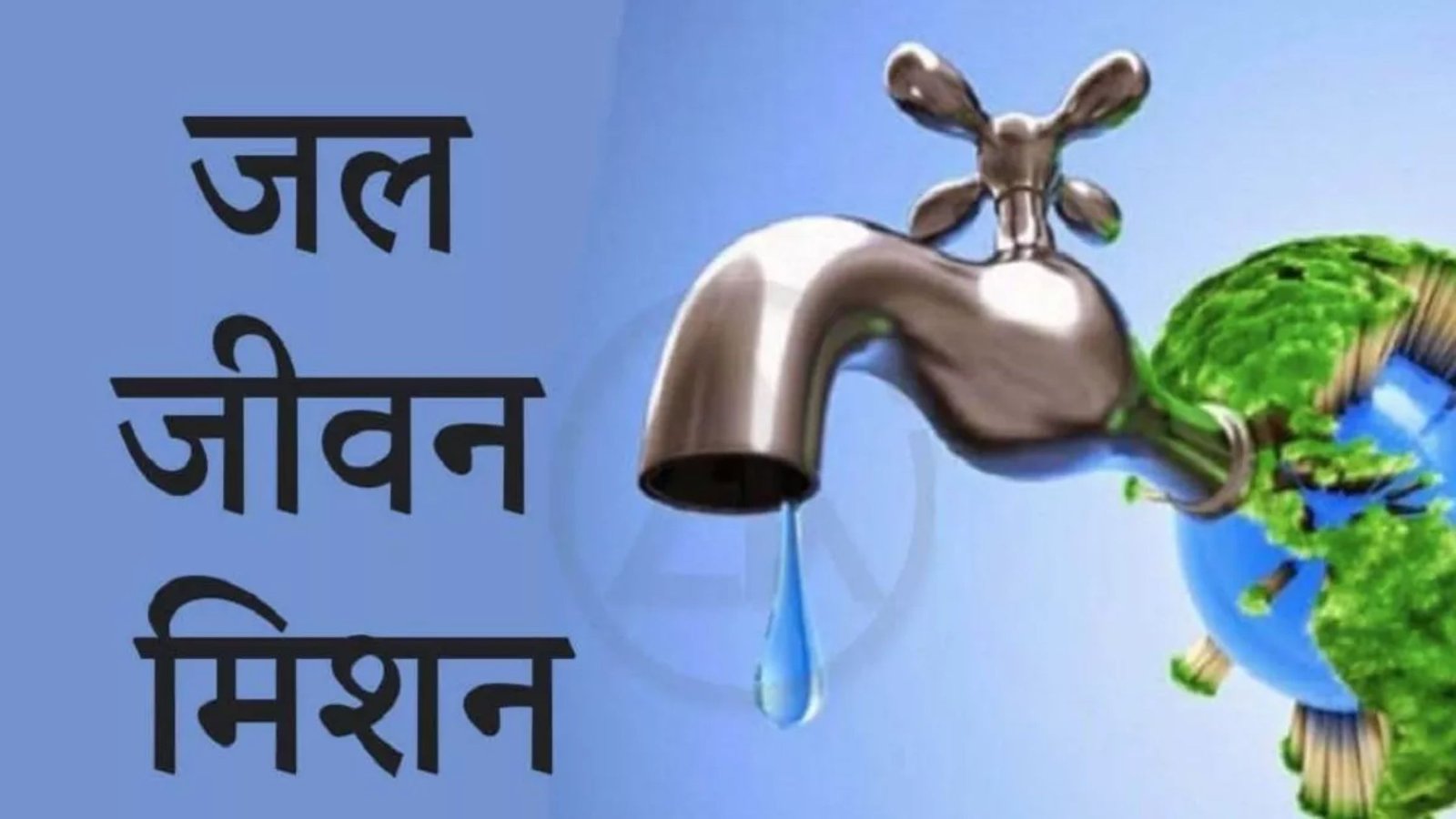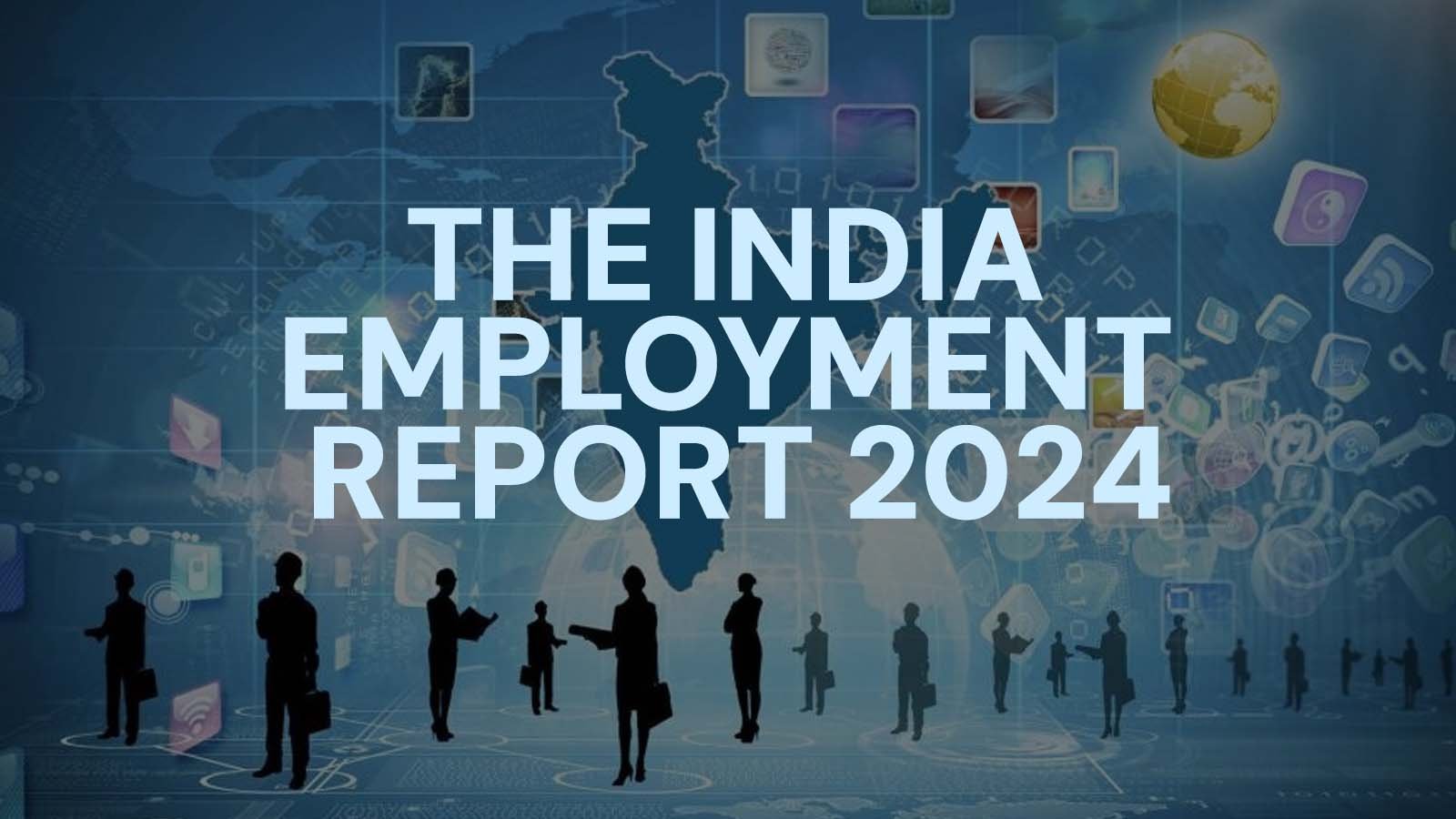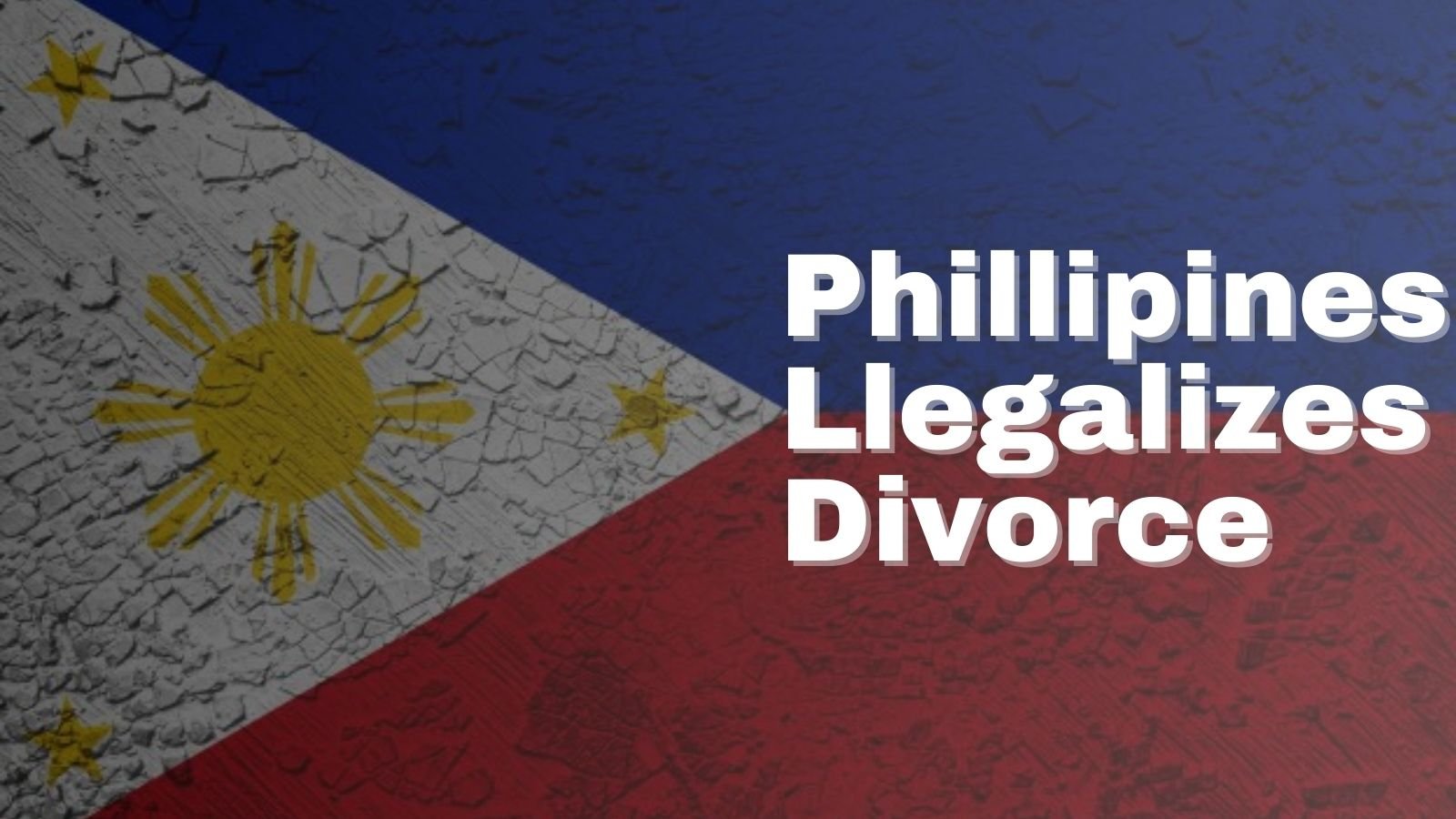
Why in news:
As per Cambridge University’s report on Democracy, the younger citizens are “losing faith in the ability of democracy to deliver,” especially in the wake of COVID-19.
What is Democracy: It is a form of government in which the common people hold political power and can rule either directly or through elected representatives.Democracyconsists of some key elements such aselected representatives, civil liberties,rule of lawindependent judiciary and organized opposition .
Reasons for losing faith in Democracy:
The elements of authoritarianism are present in the democracy. For instance, allowing racial attacks and mob lynching for vote banks. Pareto’s views on Democracy are valid here where people’s interests are not entertained by the ruling elites.
The minority voices are not represented in the government because democracy is nothing but a majoritarianism based government. A leader getting the vote percentage of 50% or less can win the election.
There is a belief that one vote can not change the election results. So there is a poor participation of voters in the elections. For example, the voter turnout of 2020 US presidential election was just 66.8%. Also, even the NOTA of EVM in India has not been able to change the election result.
The phenomenon of criminalisation of politics is increasing. As per Association of Democratic Reforms (ADR),around 44% of elected representatives in 2019 Lok Sabha election of India have criminal backgrounds. There are many instances where crony capitalism can be seen and state acts as a tool in the hand of bourgeoisie for the interests of capitalism. The industrialization based forced displacement of the weaker sections of the society is one good example of this.
The governments other than democracies also seem to be performing well. Cuba’s Communist government is a role model for a robust health system in the world. Similarly, during COVID19 lockdown, the national governments of Communist and authoritarian governments took strong actions against Corona virus spread.
The elections in democratic polities are not fought on the basis of modern and progressive values. The white Americans affect the presidential election of USA and similarly, the caste and religion identities are important to win elections in India.
Every political system has some flaws which need to be corrected. The forms of government depend upon the social, economic and political fabrics of the countries. Democracy has done well by providing space for dissent, opposition and protest. The people know their rights and hence, they can exercise these rights.
As per A. Beteille,"Existence of dissent and opposition and their acceptance as legitimate is the indispensable feature of democracy.” Democracy is based on the idea of liberty, equality and Fraternity. Hence, some countries may be in a transitional phase but a matured Democracy protects the rights of every individual in the society.
